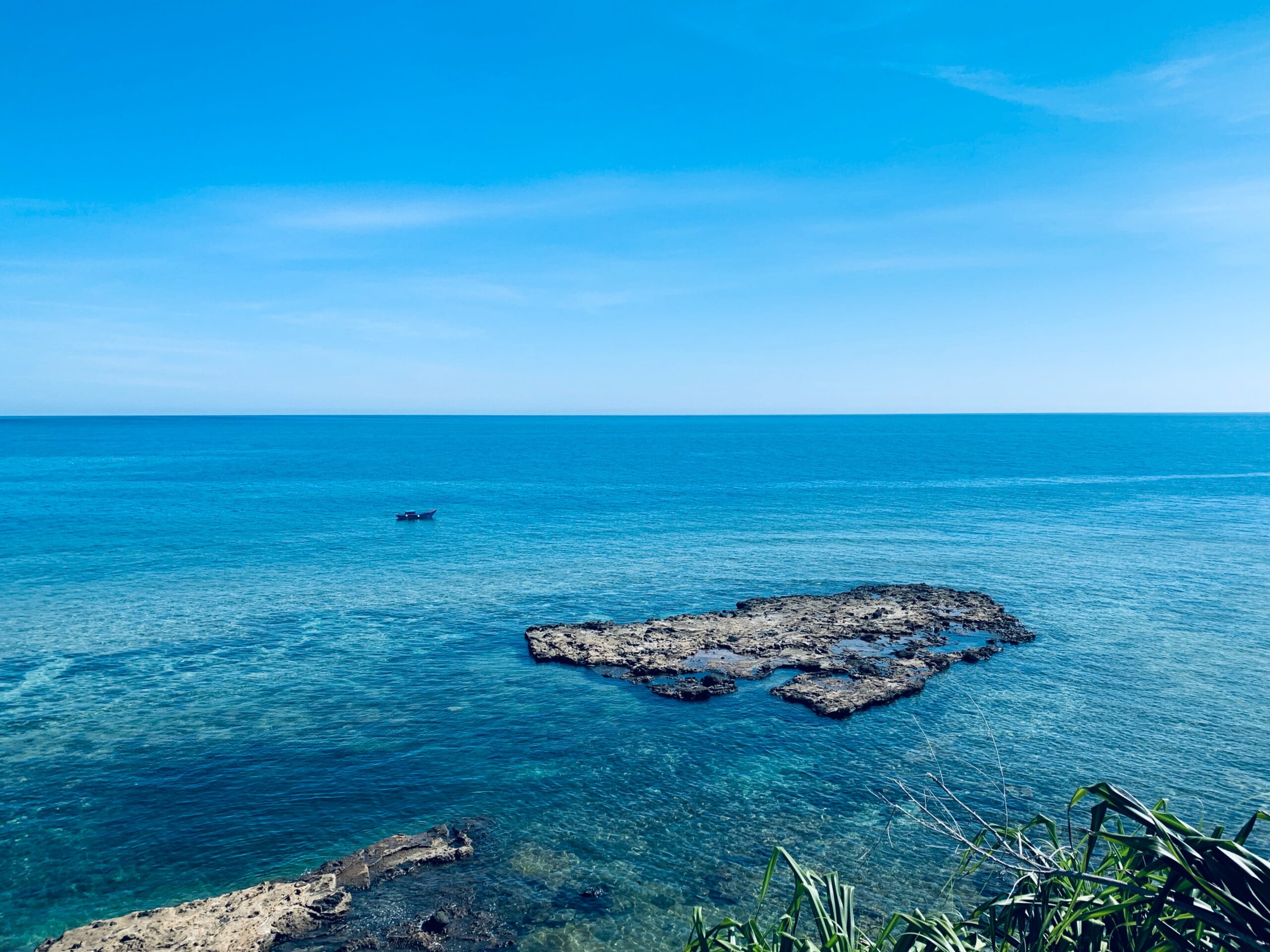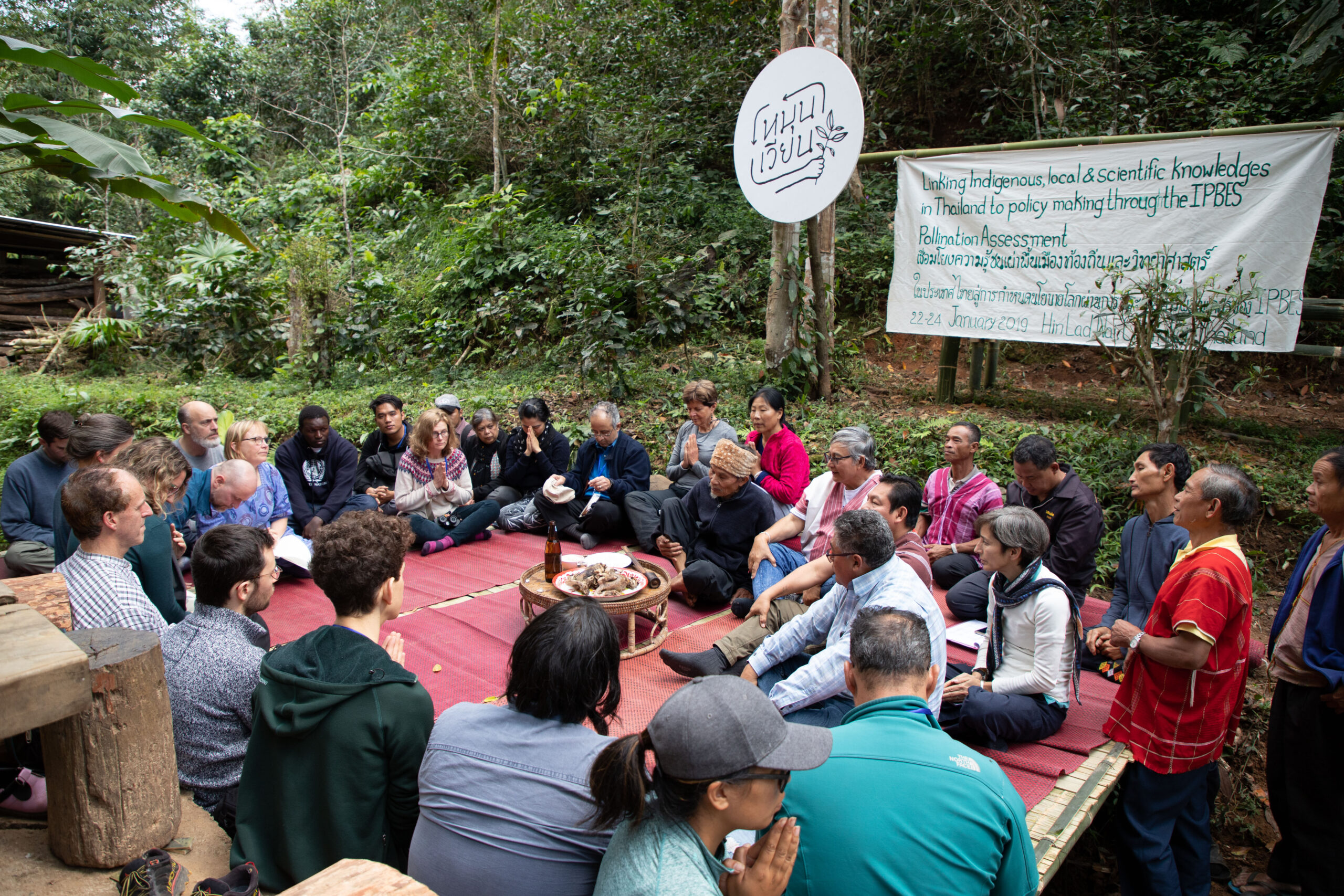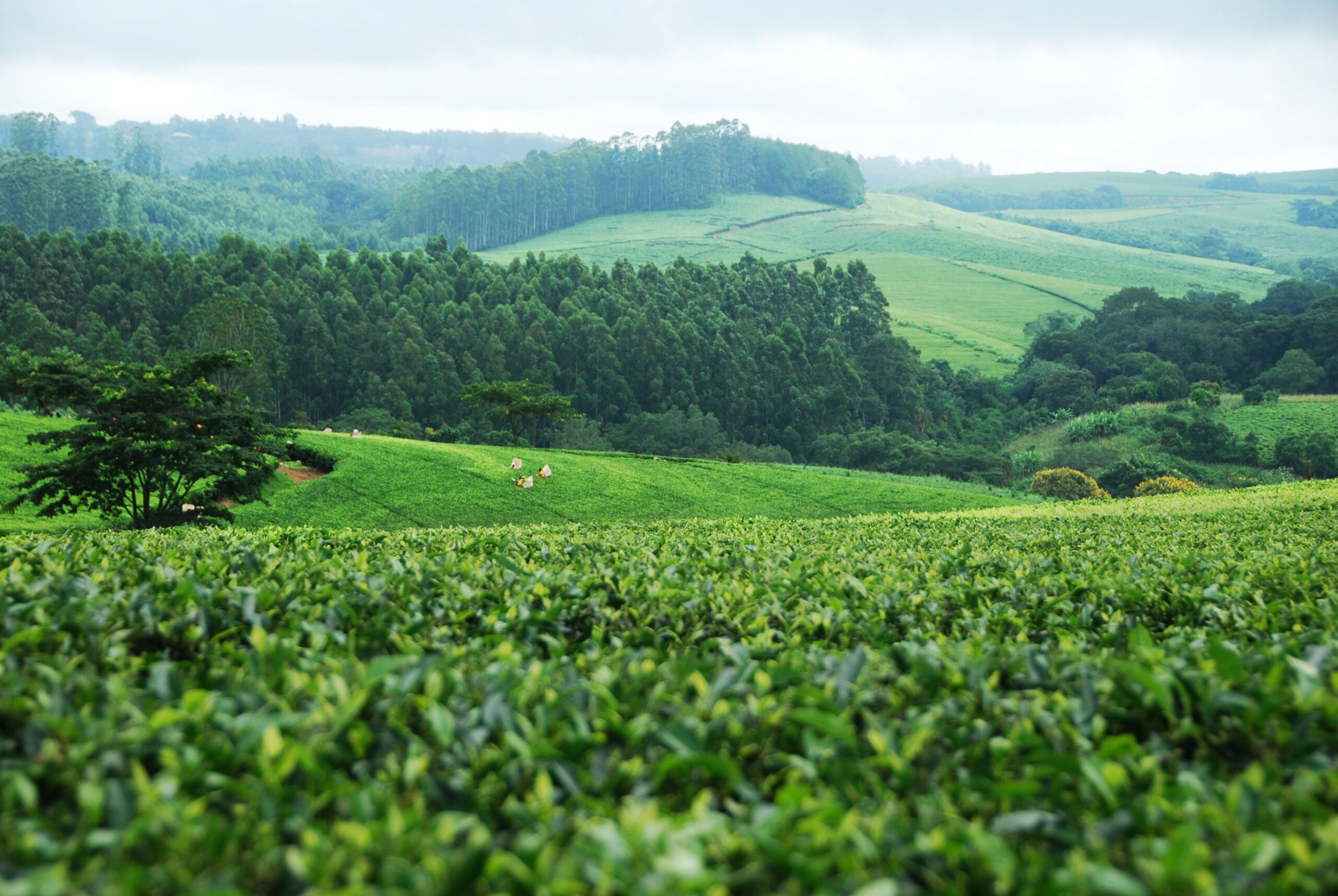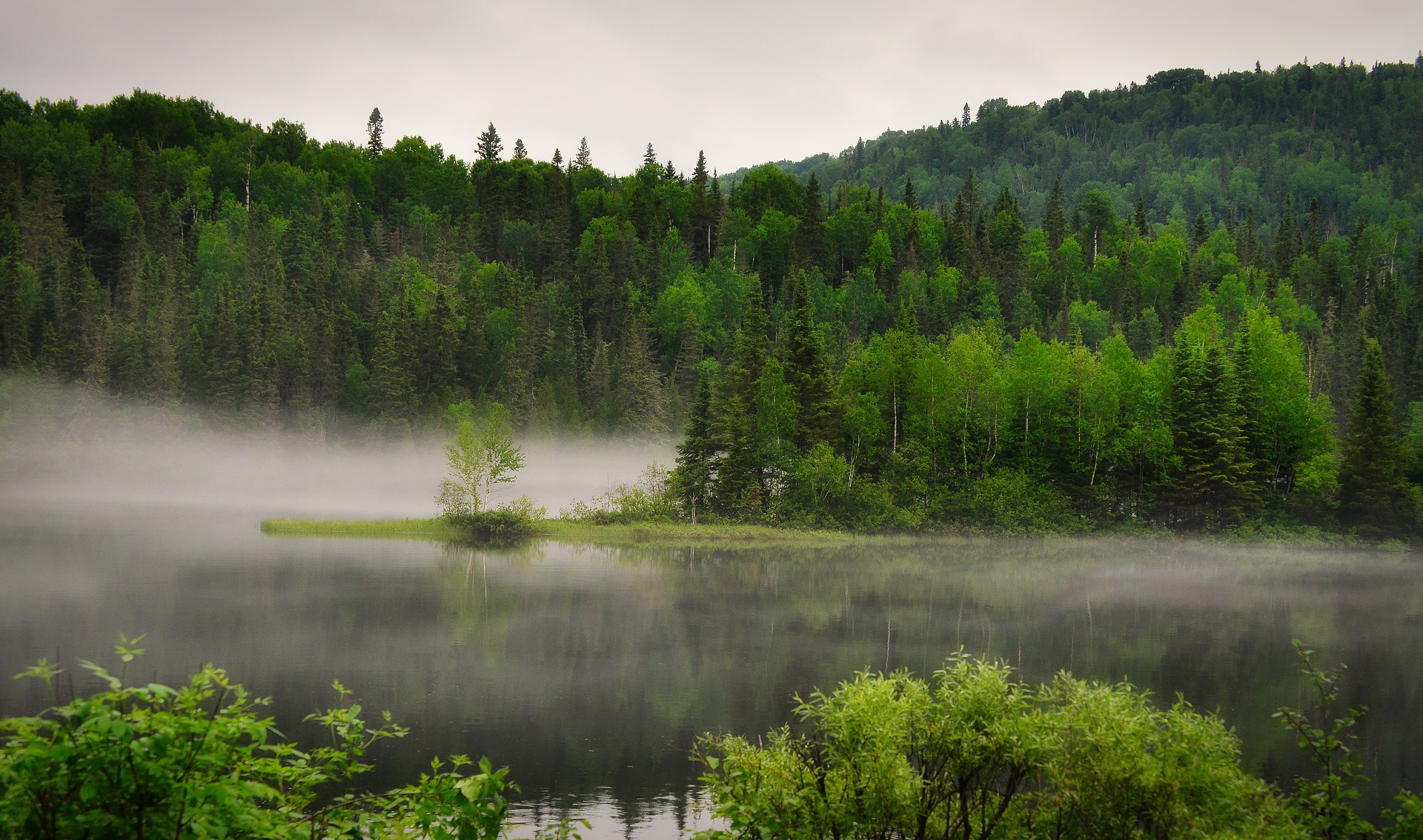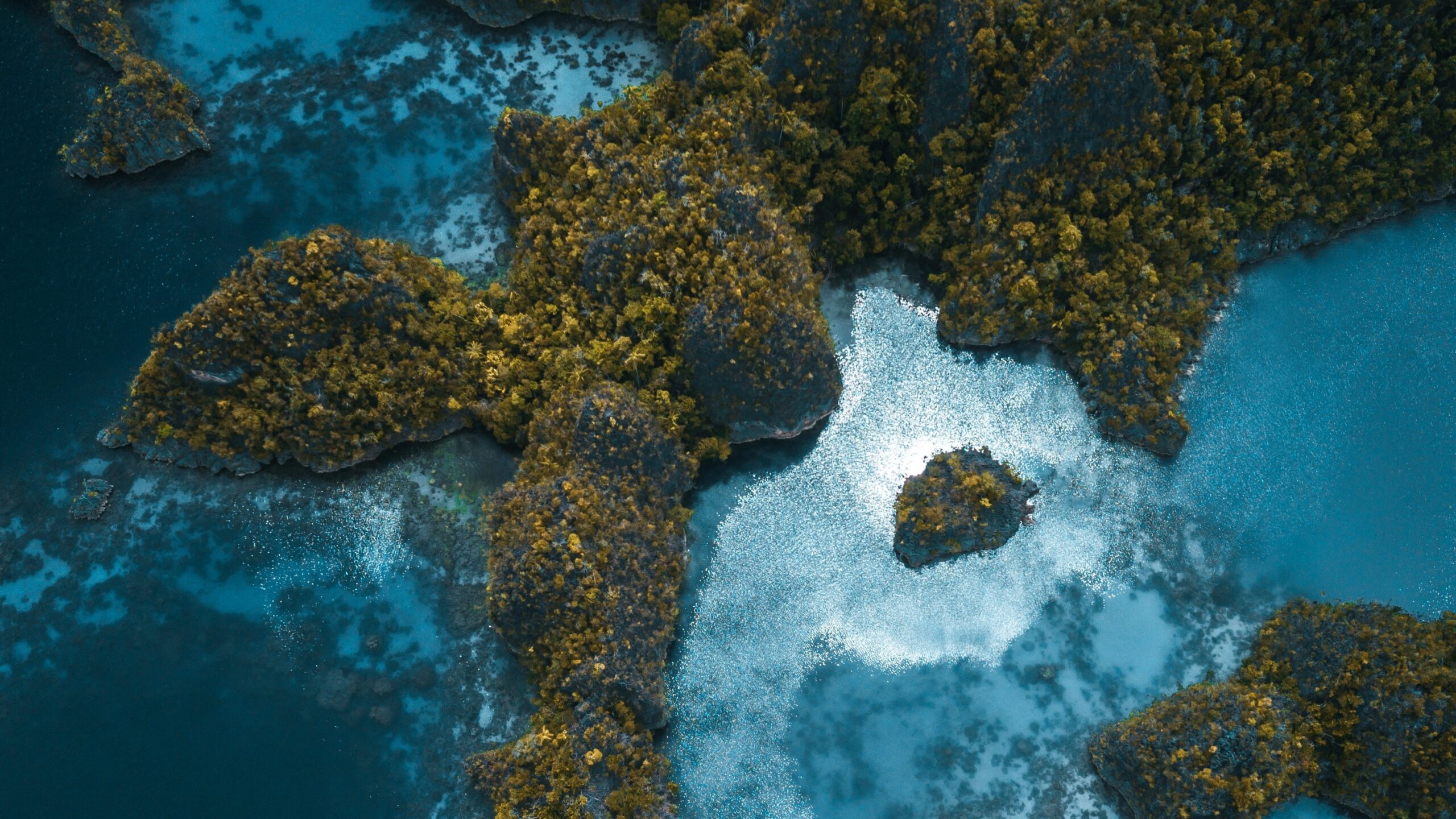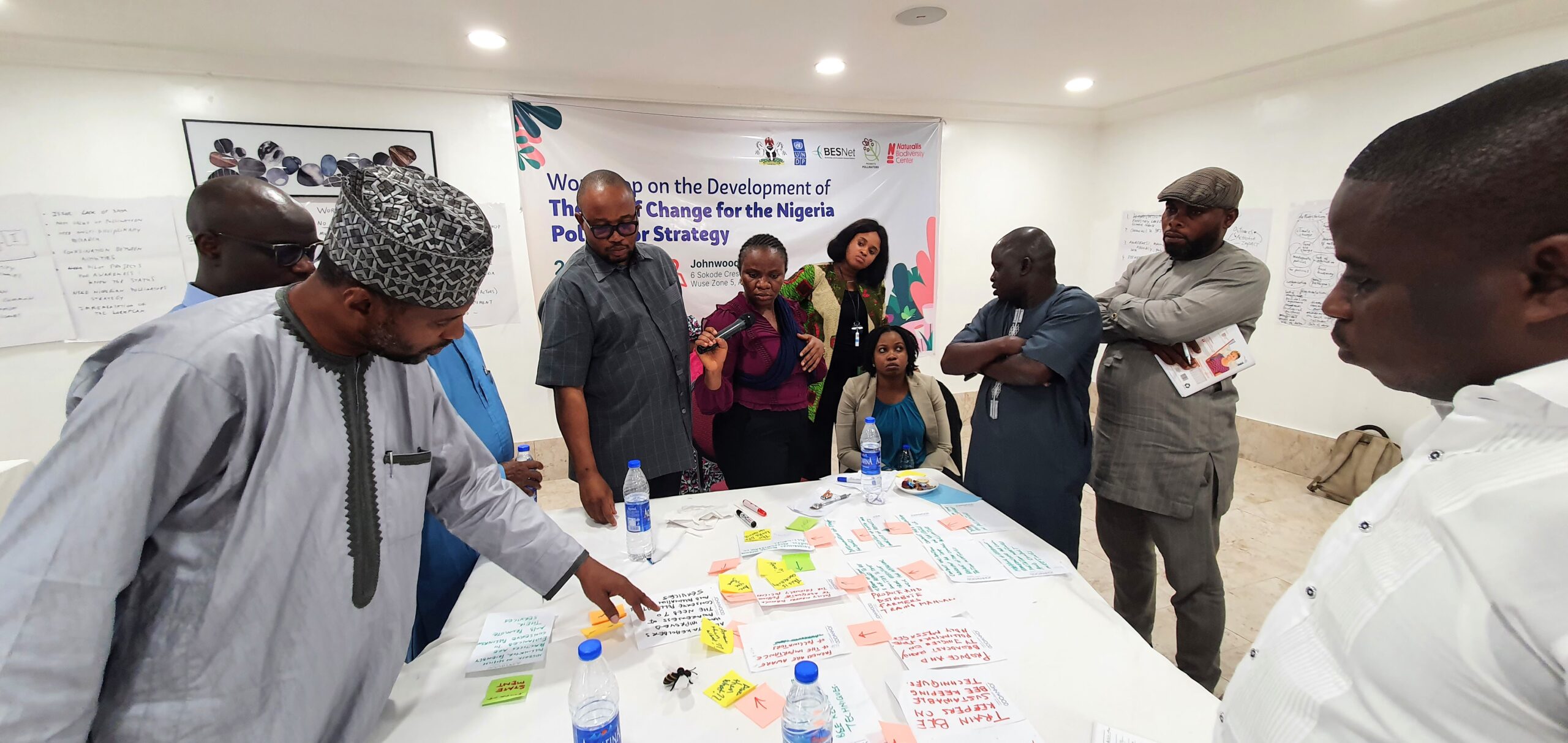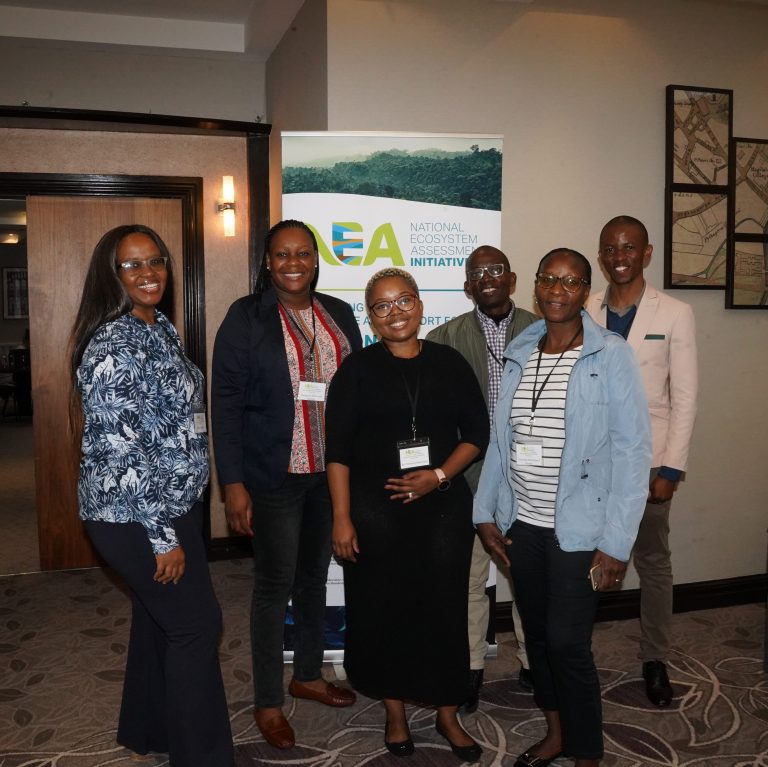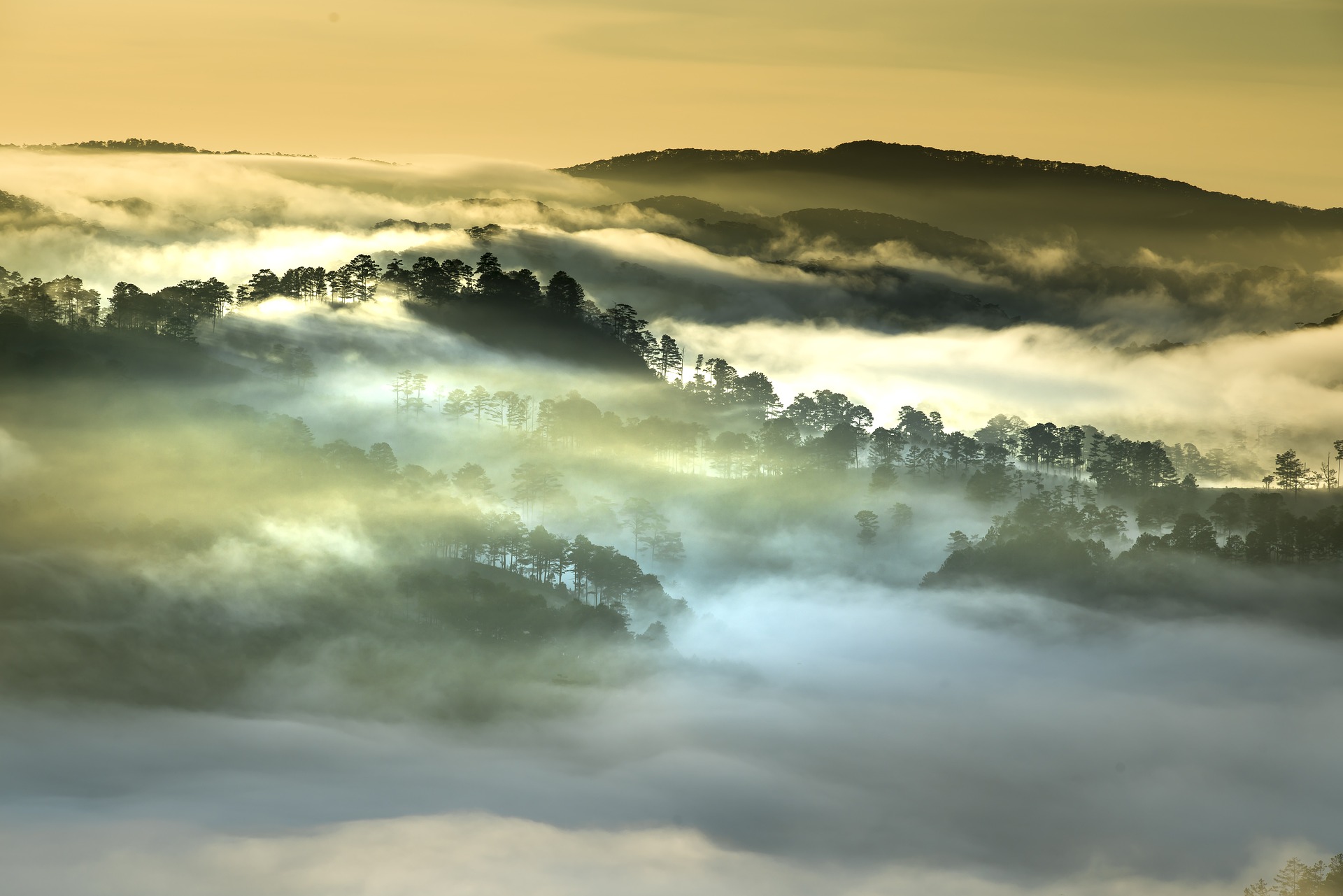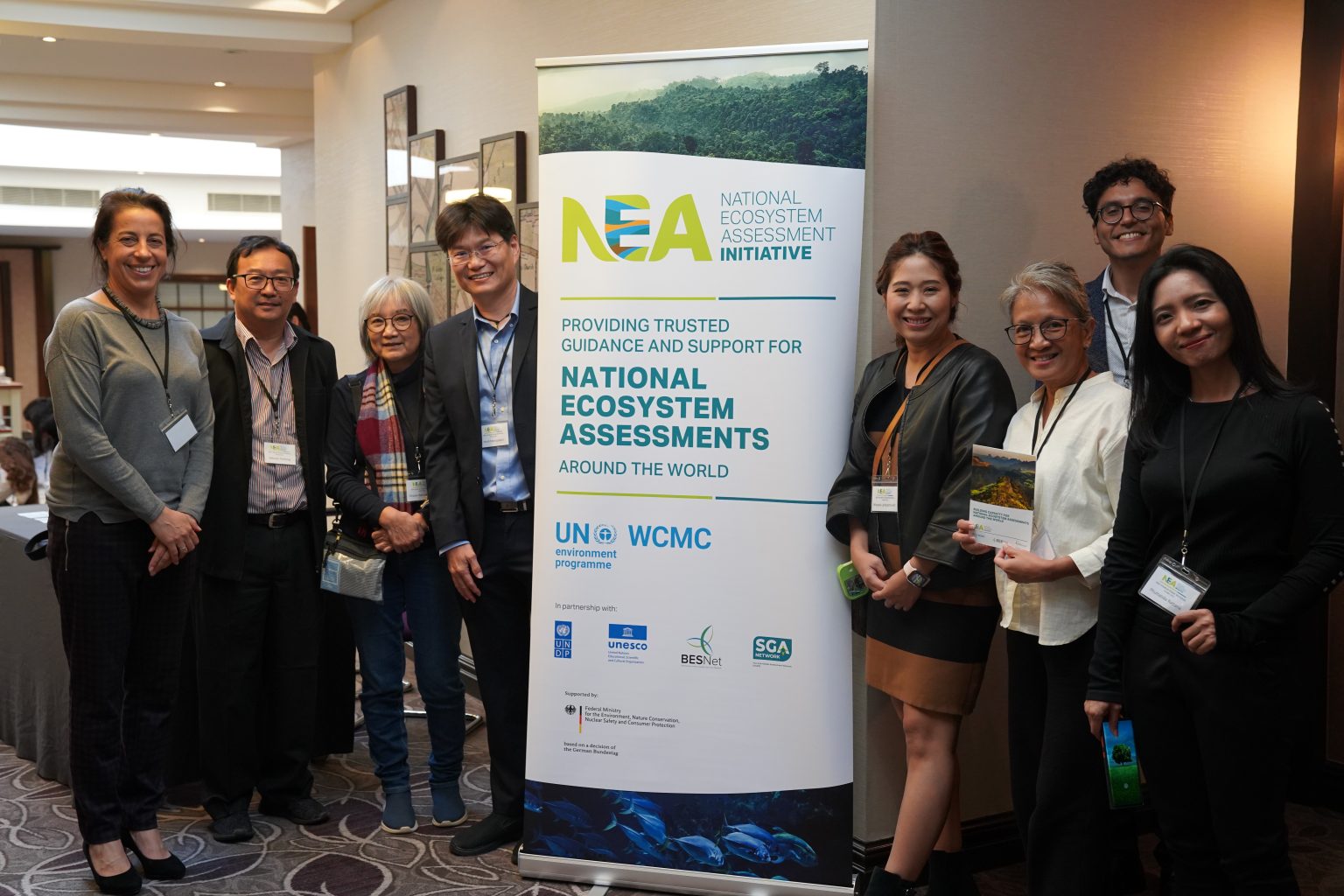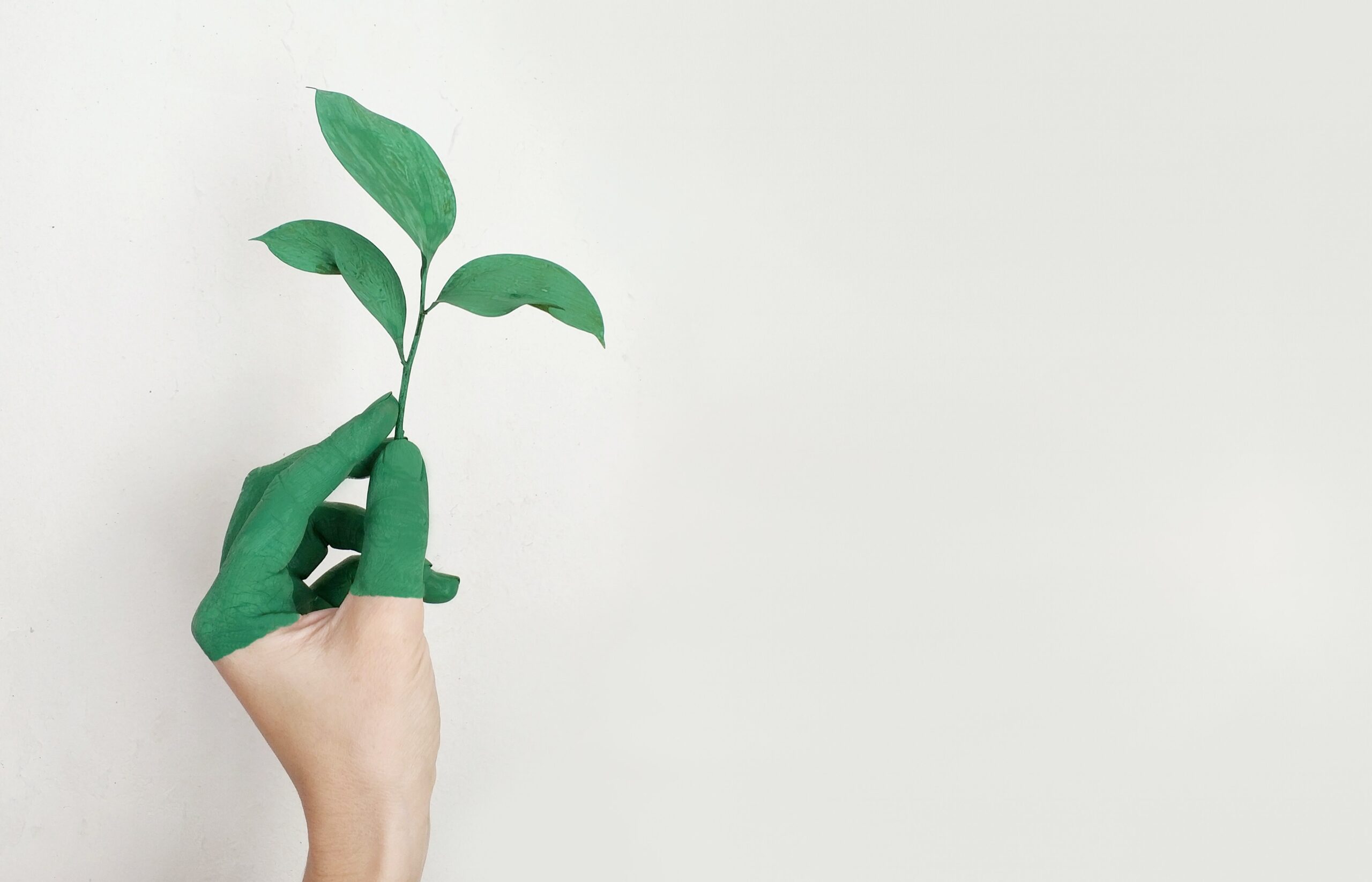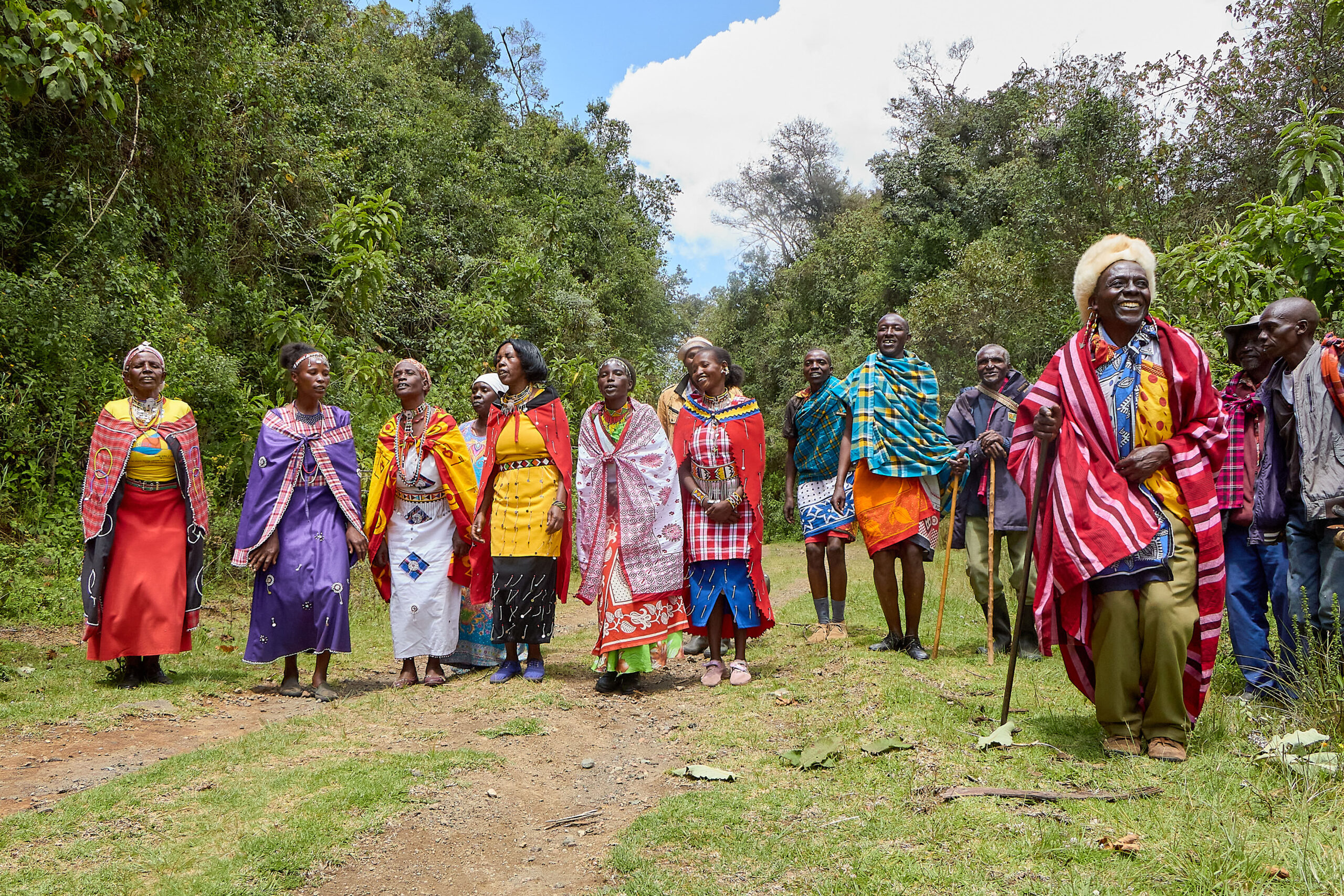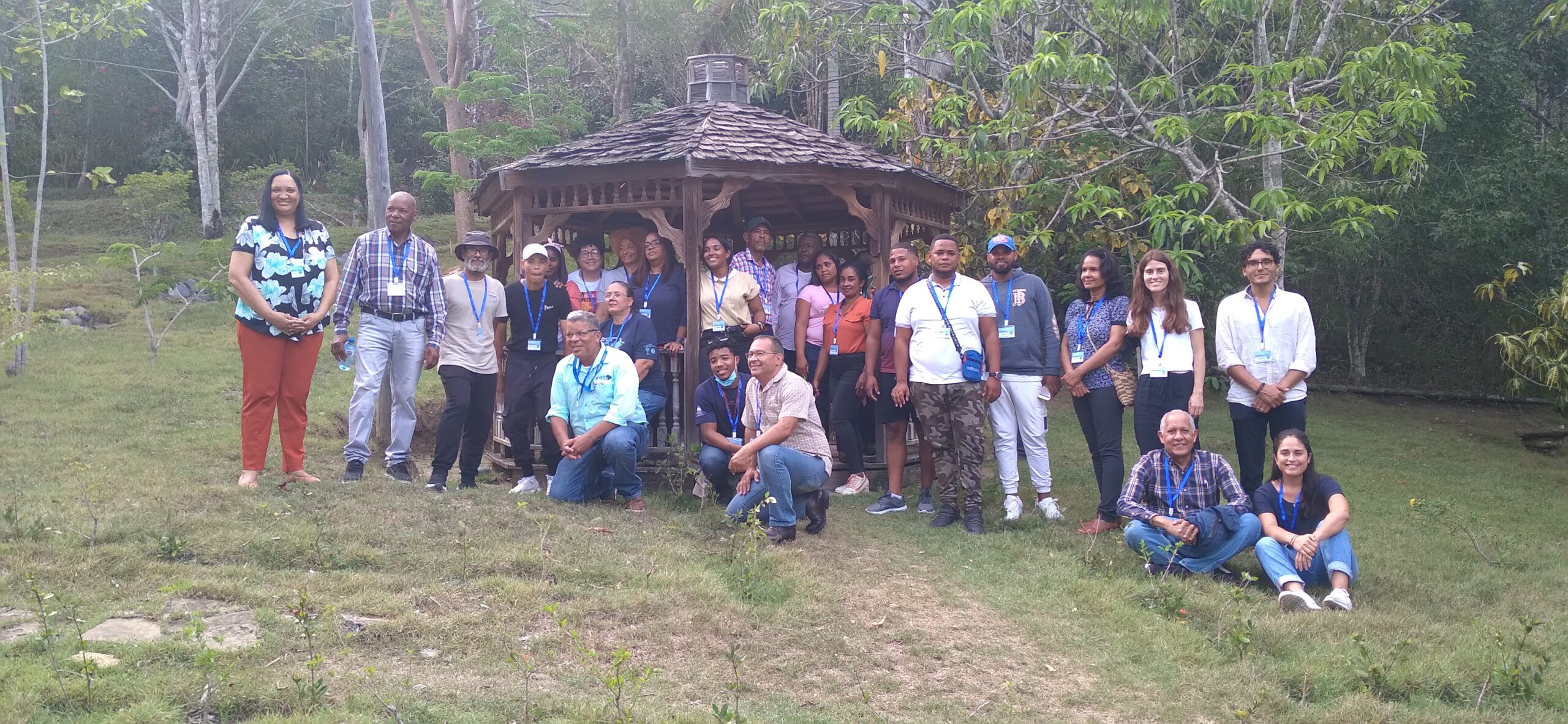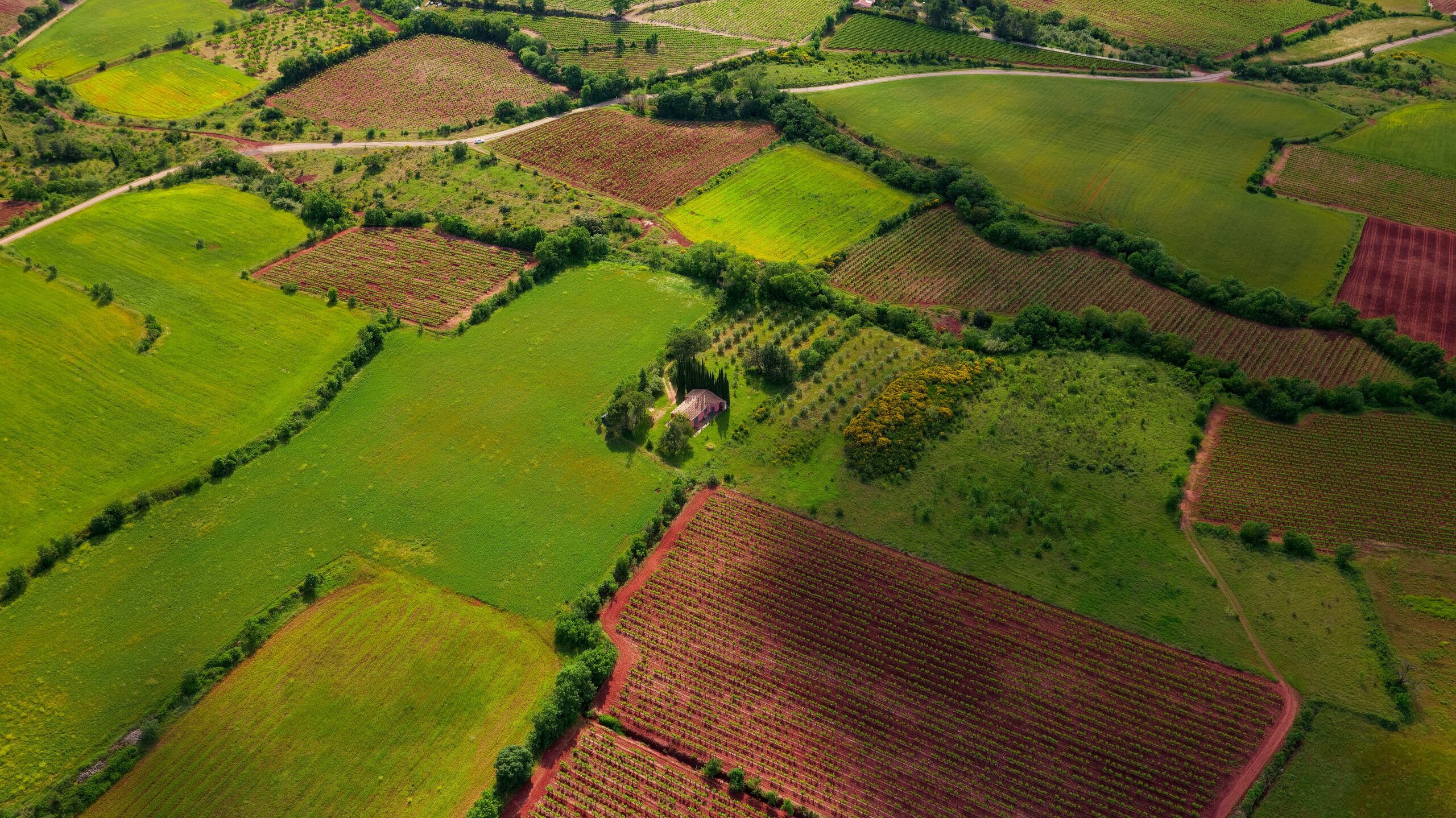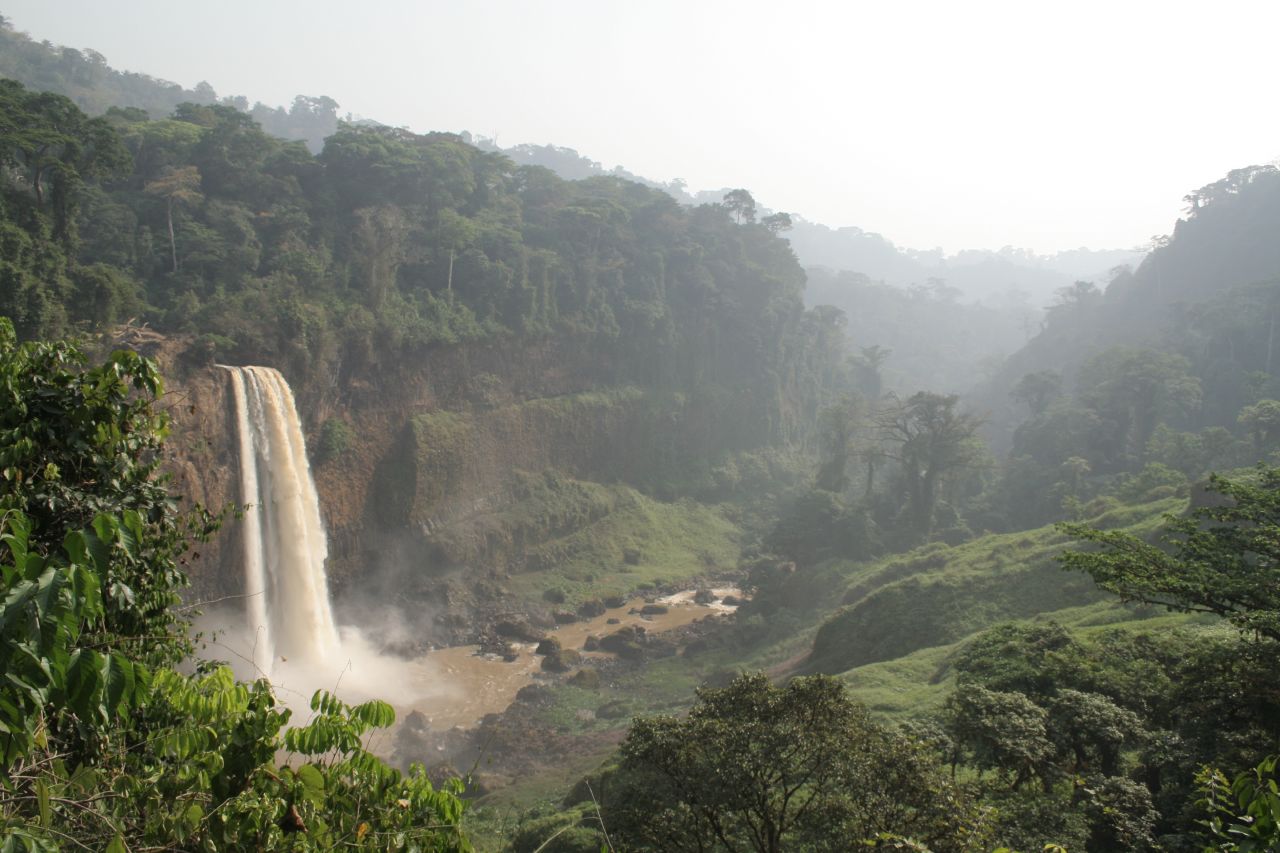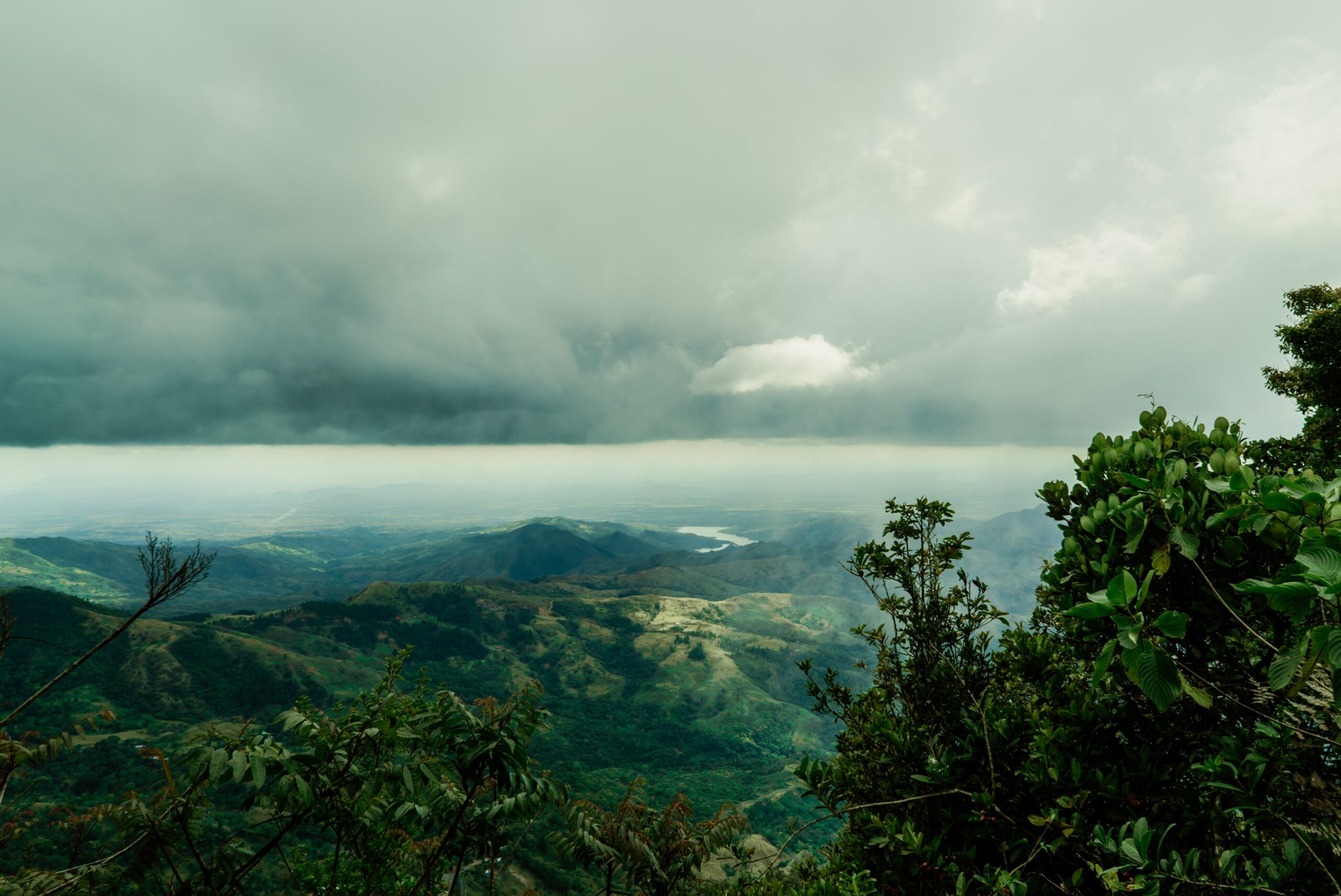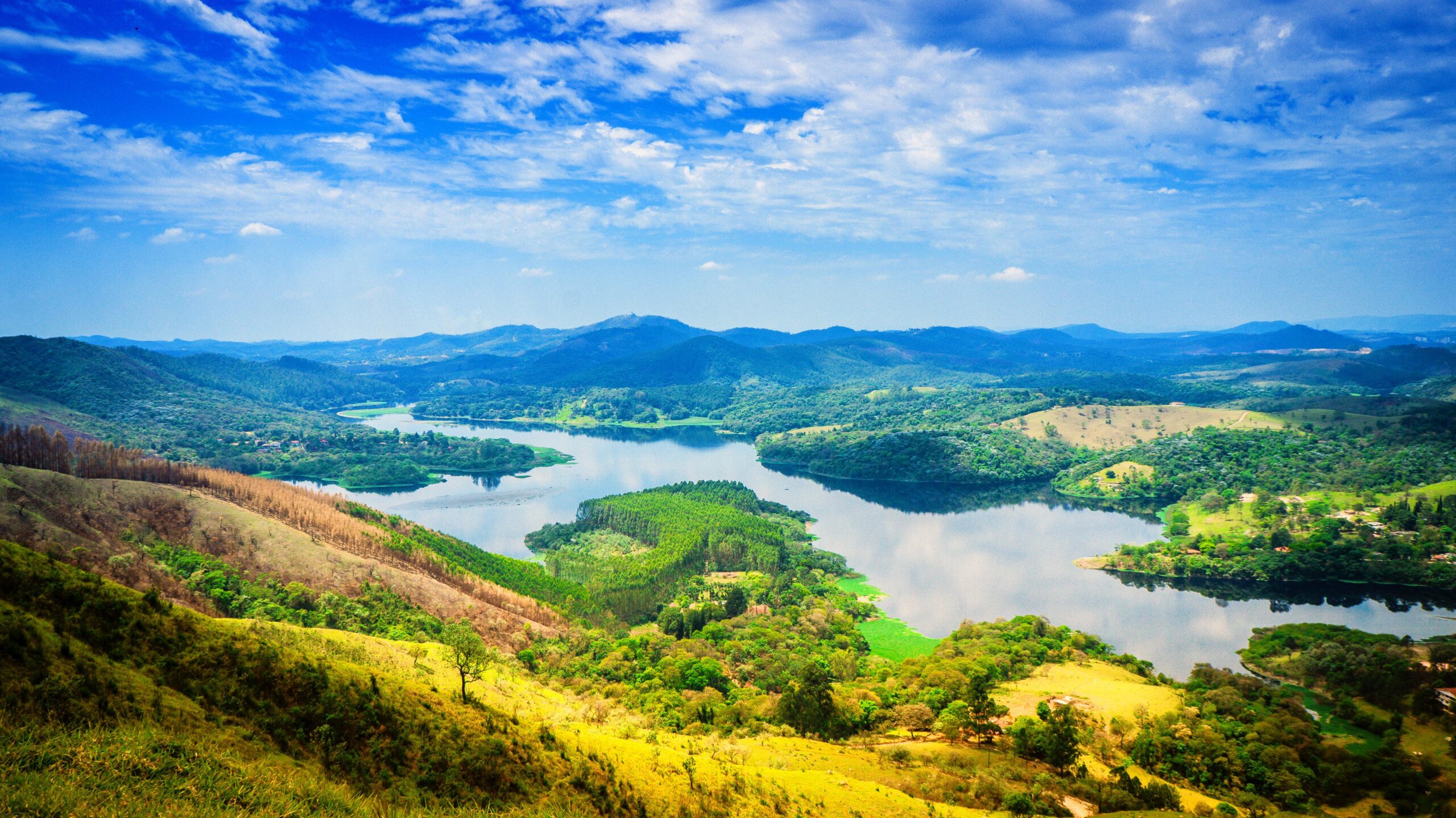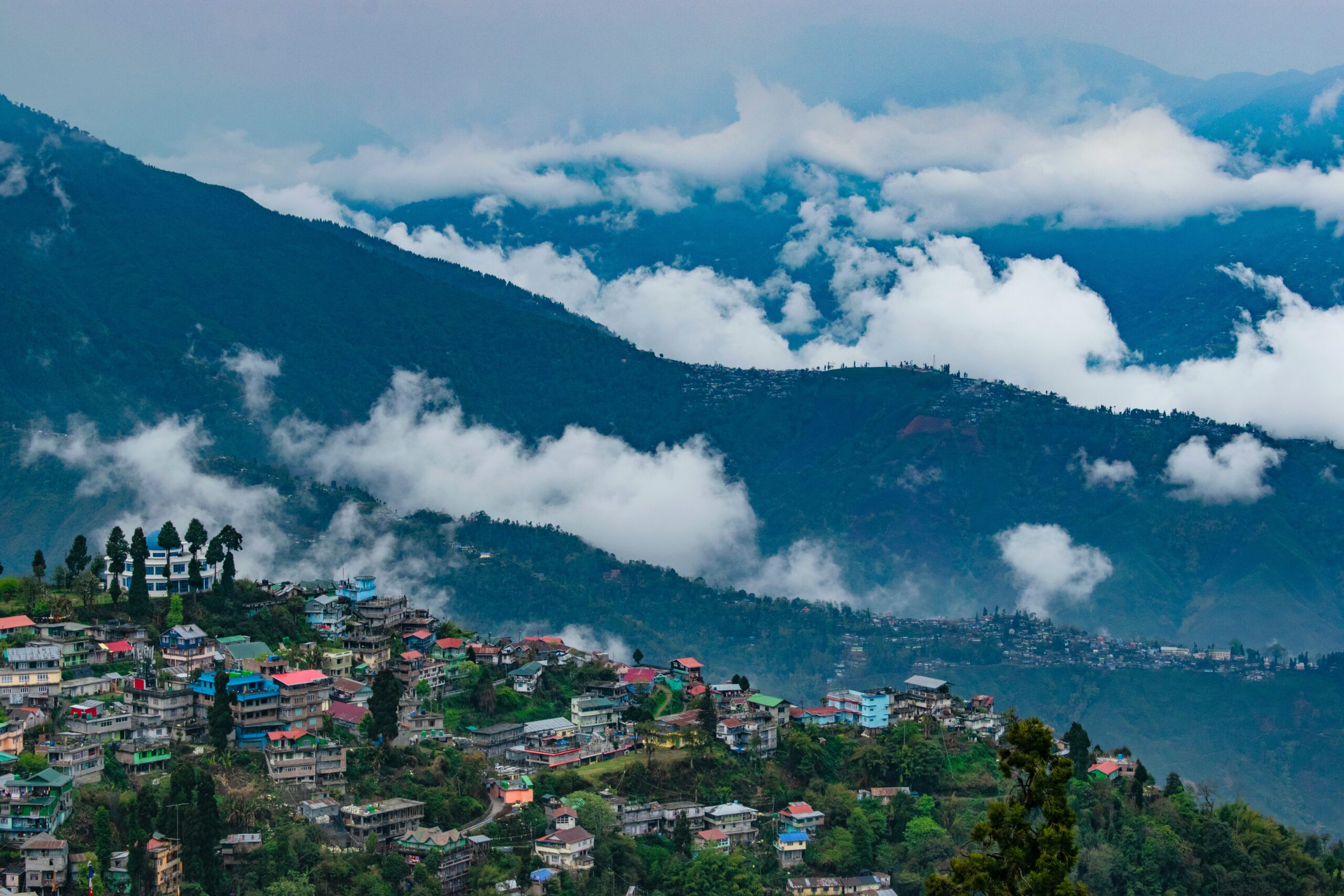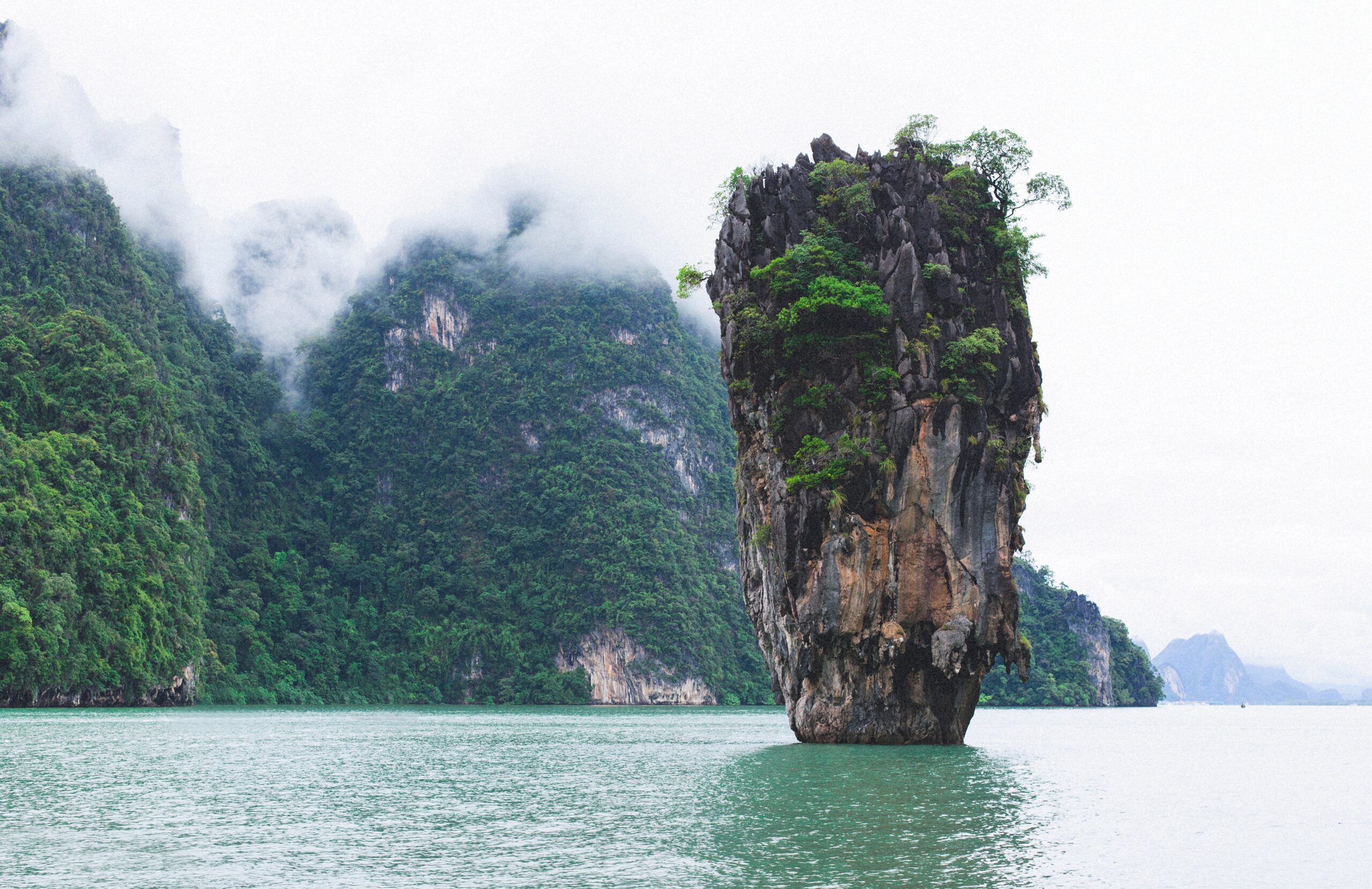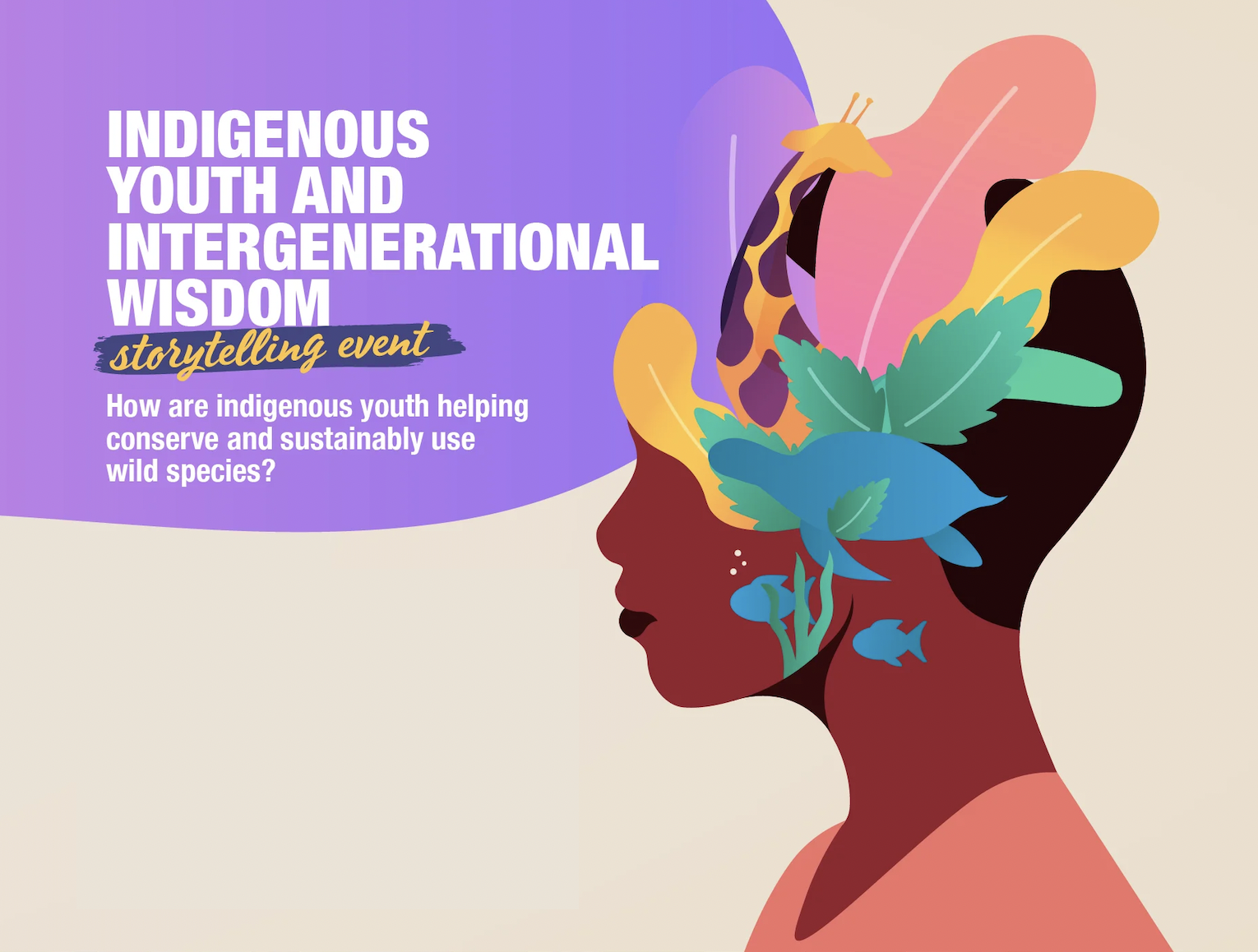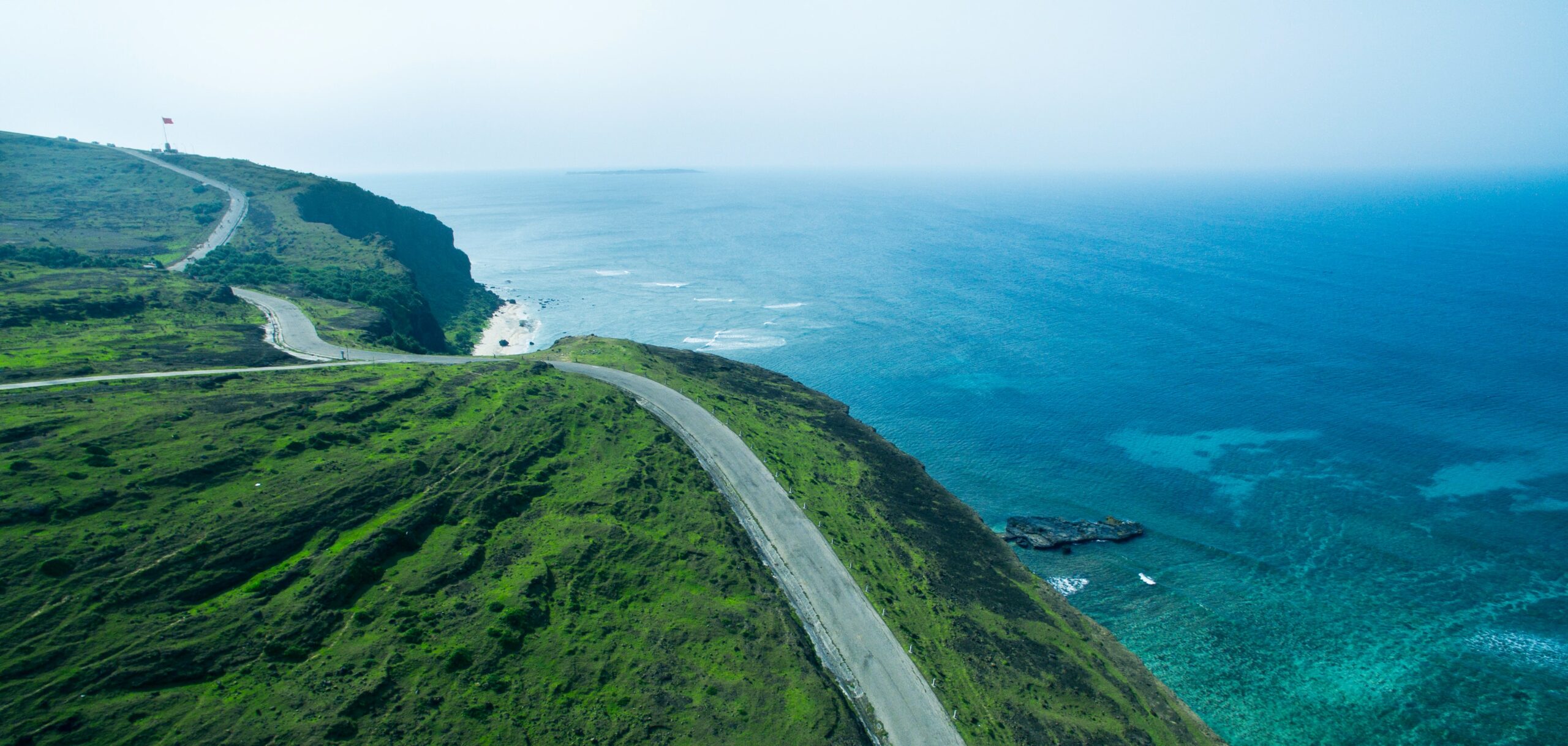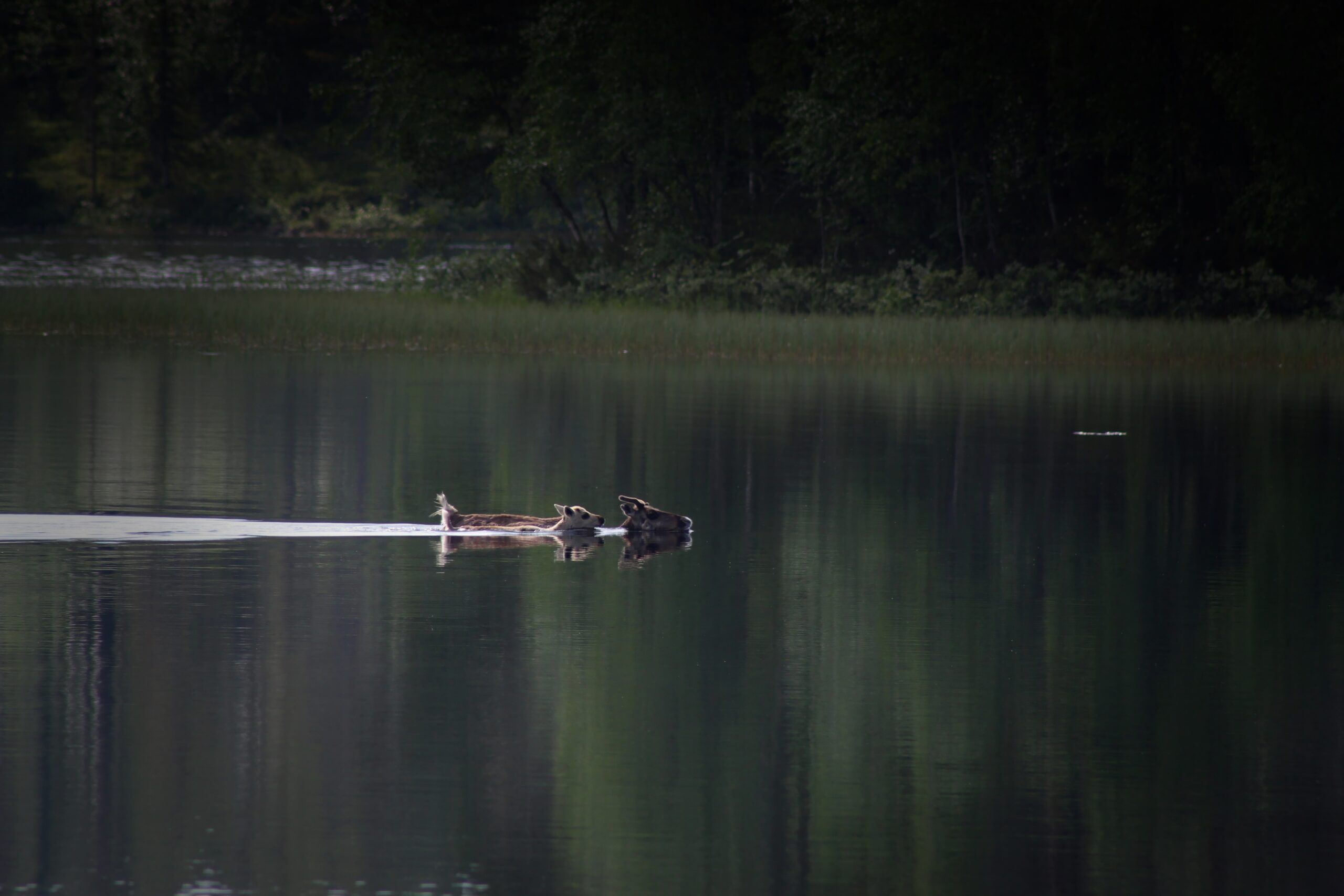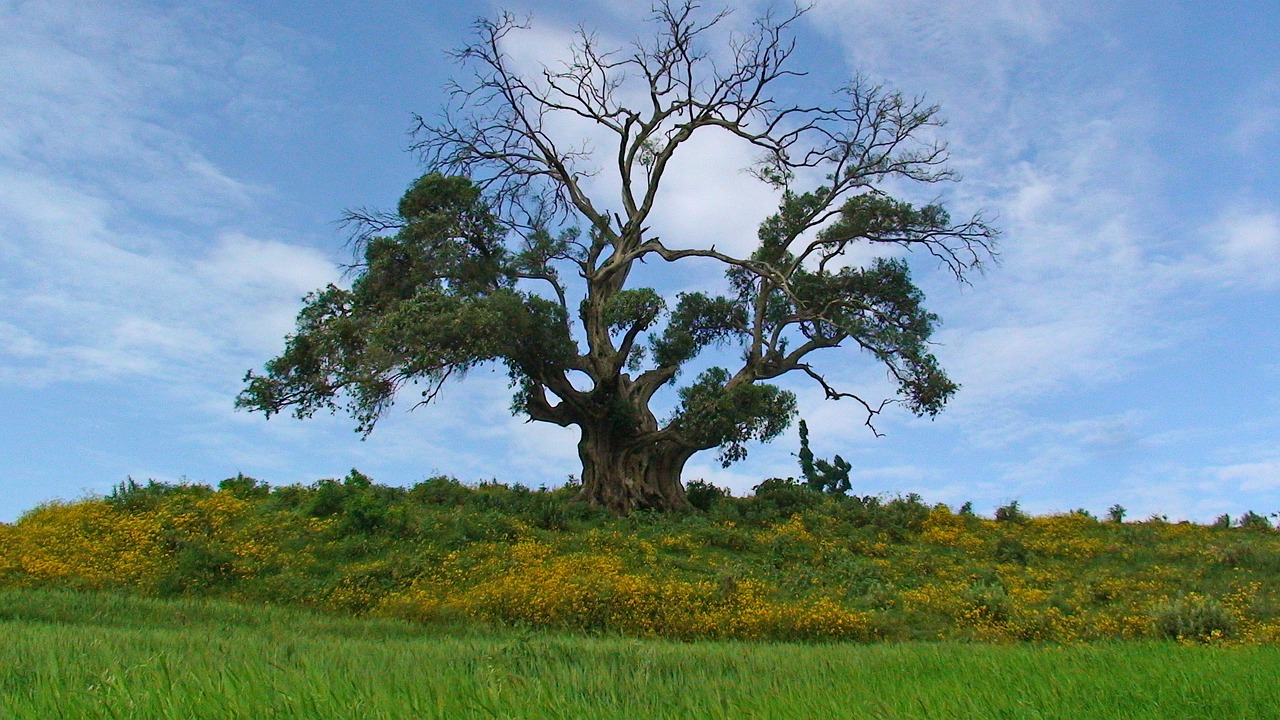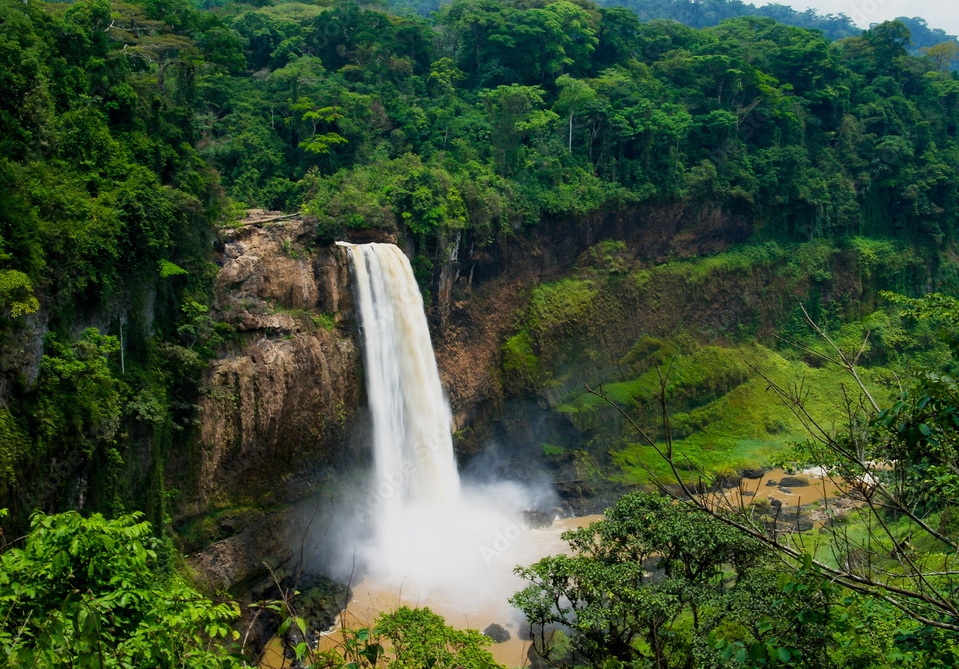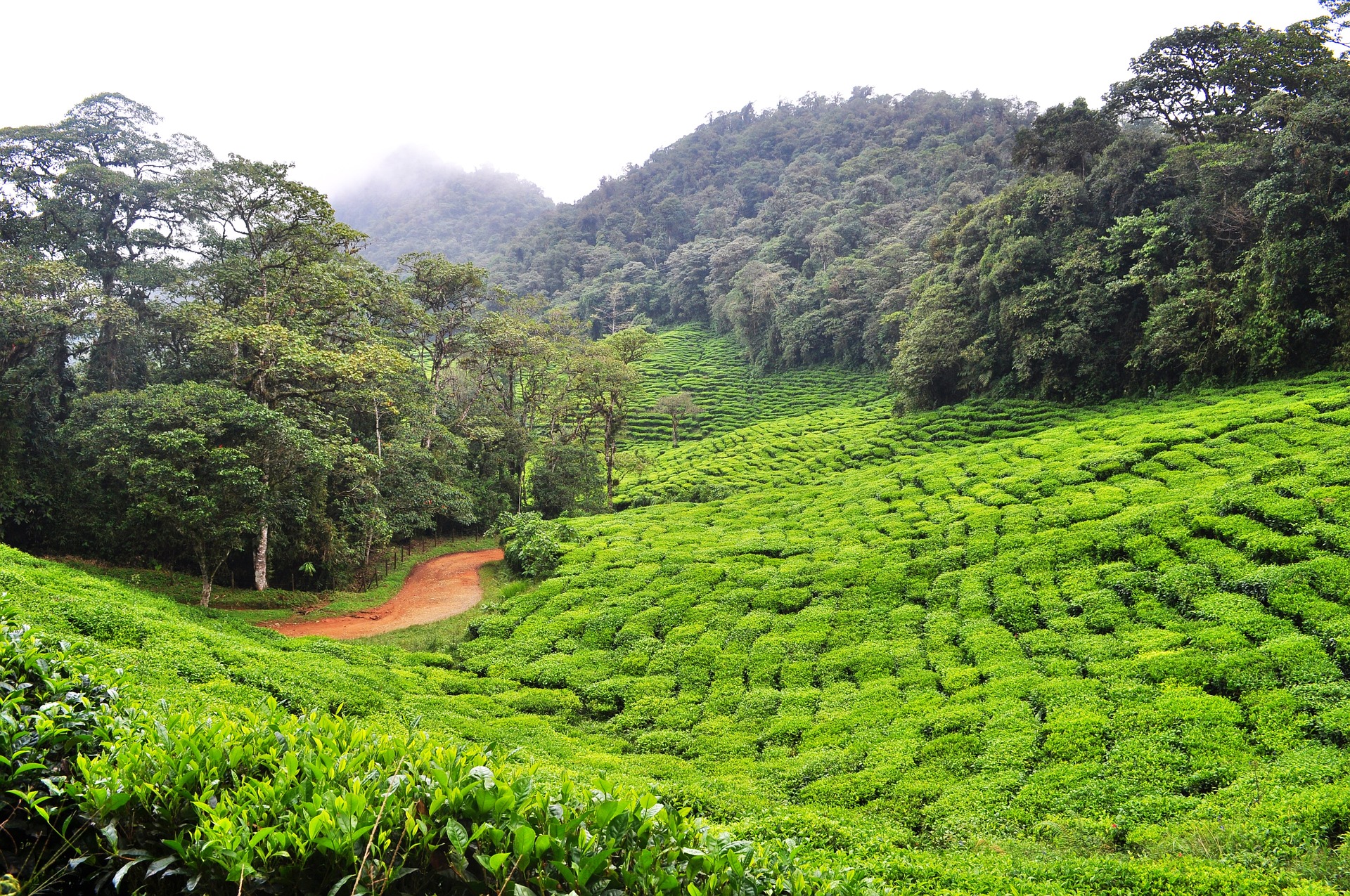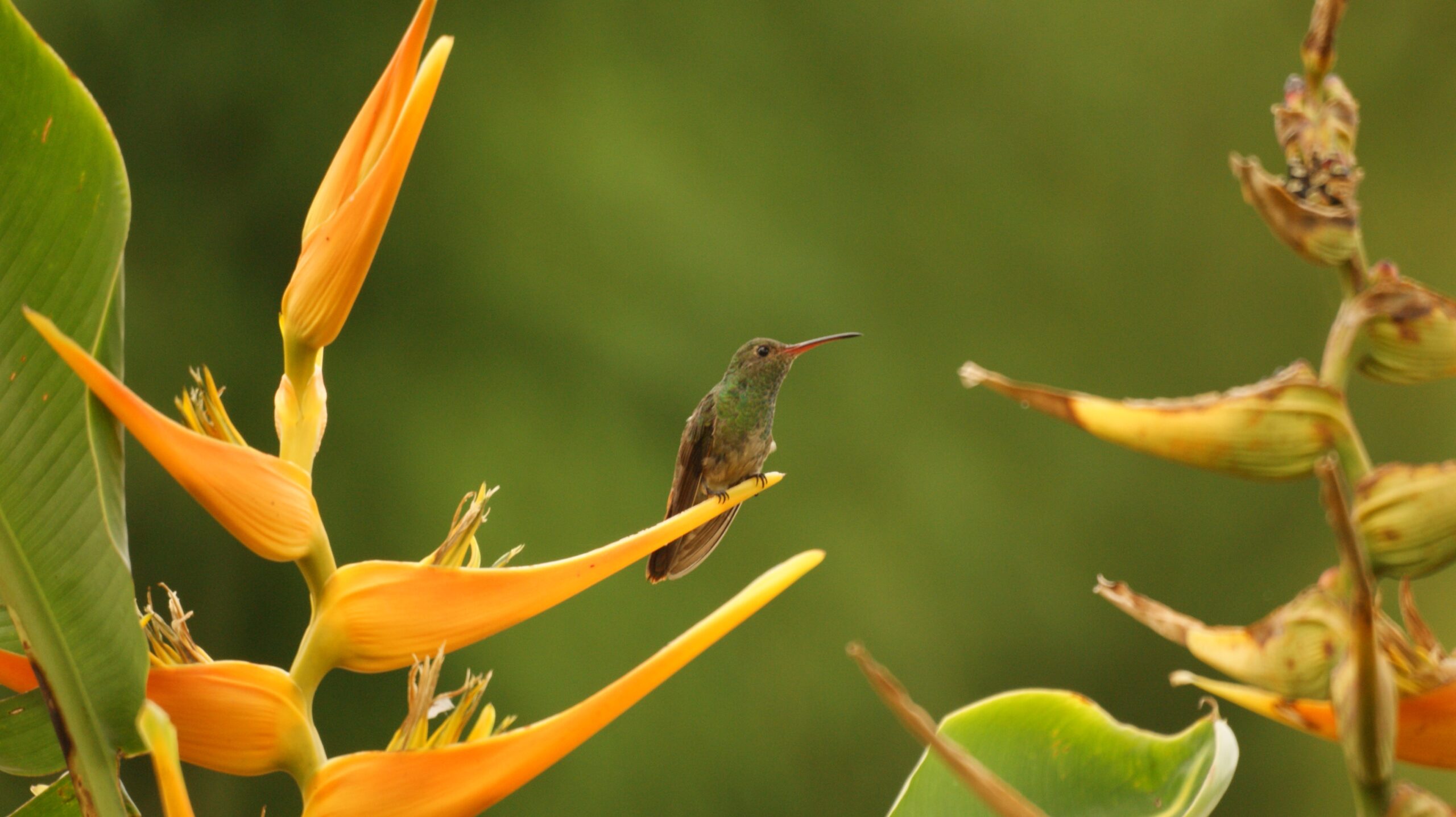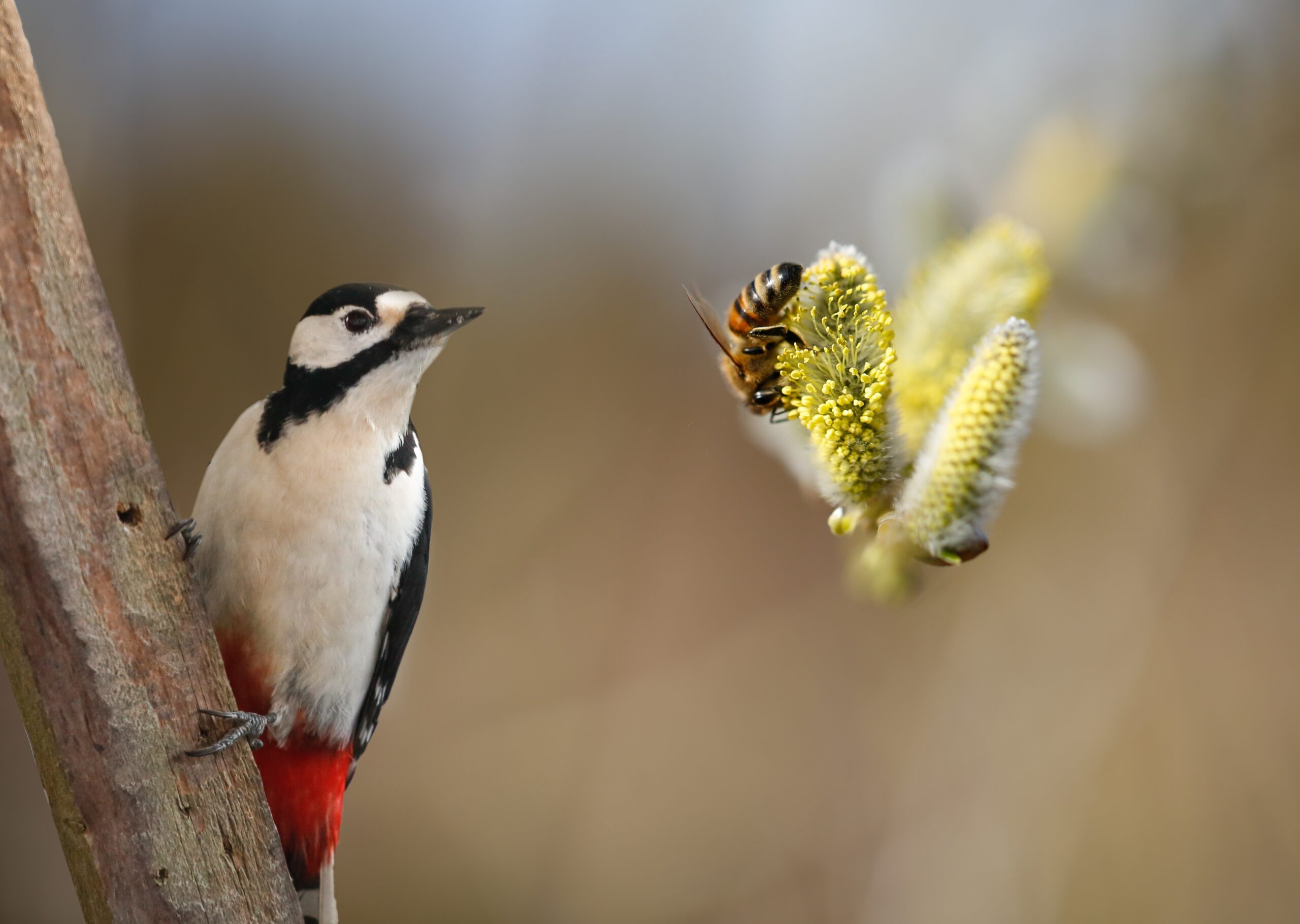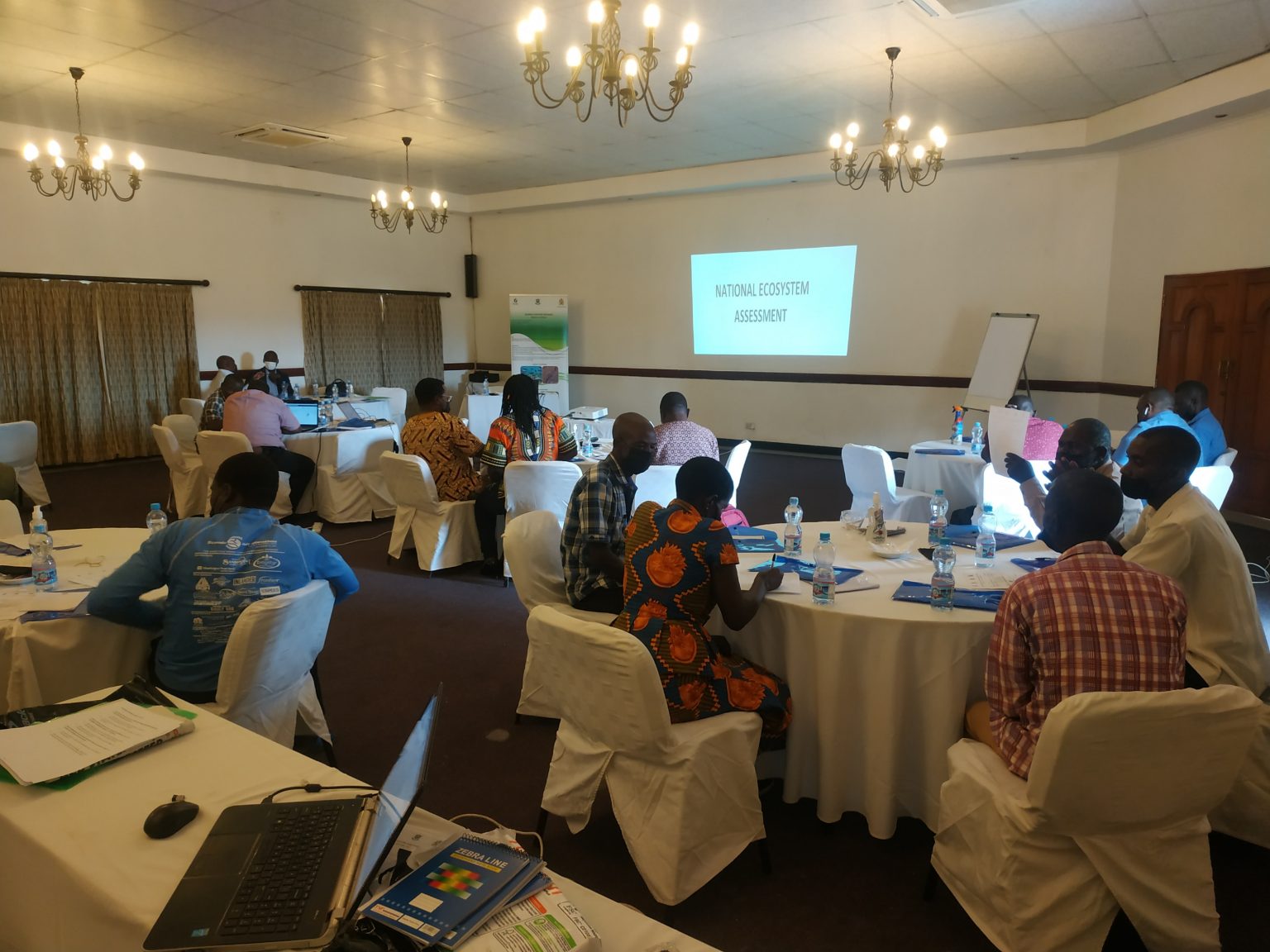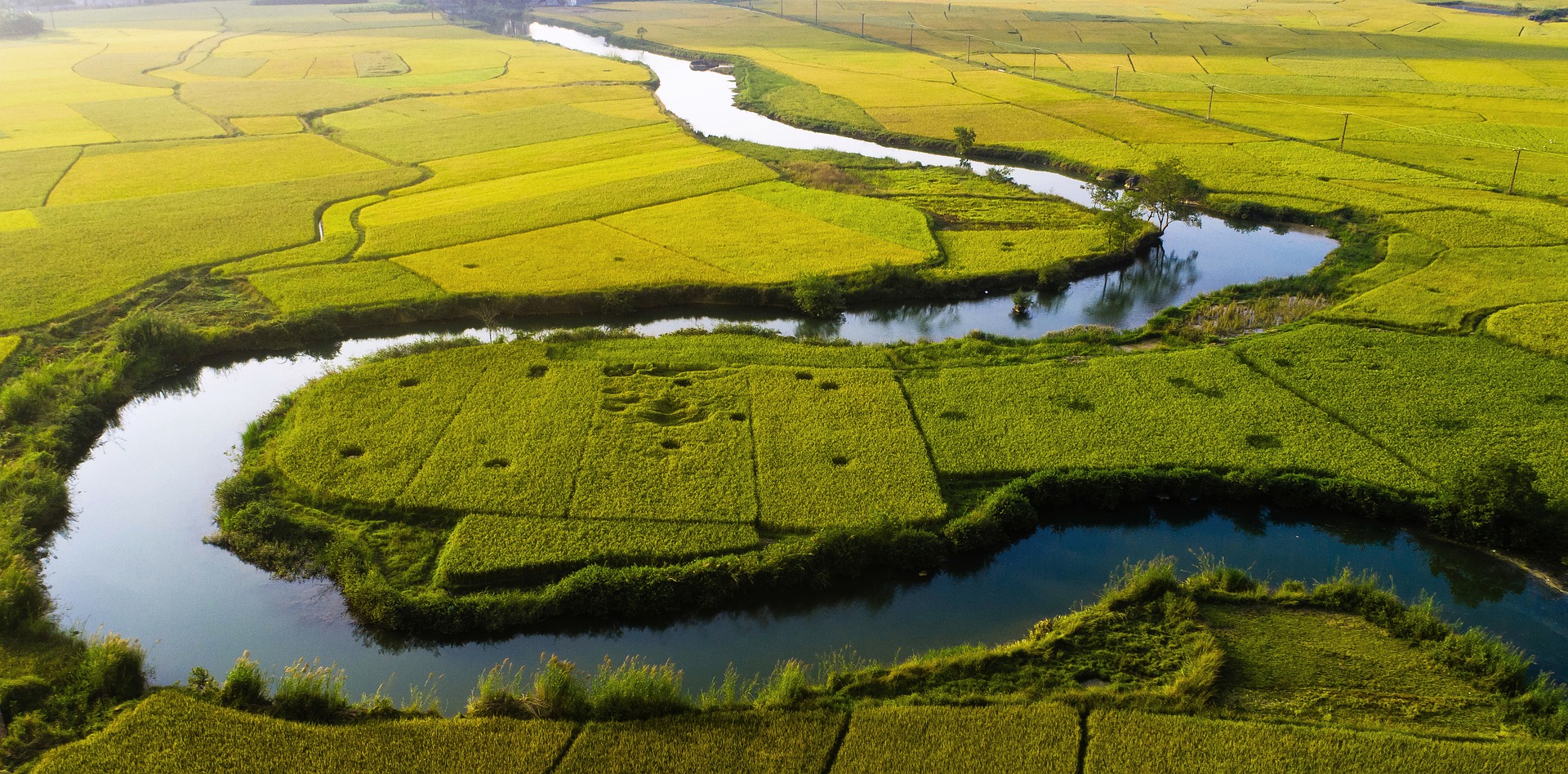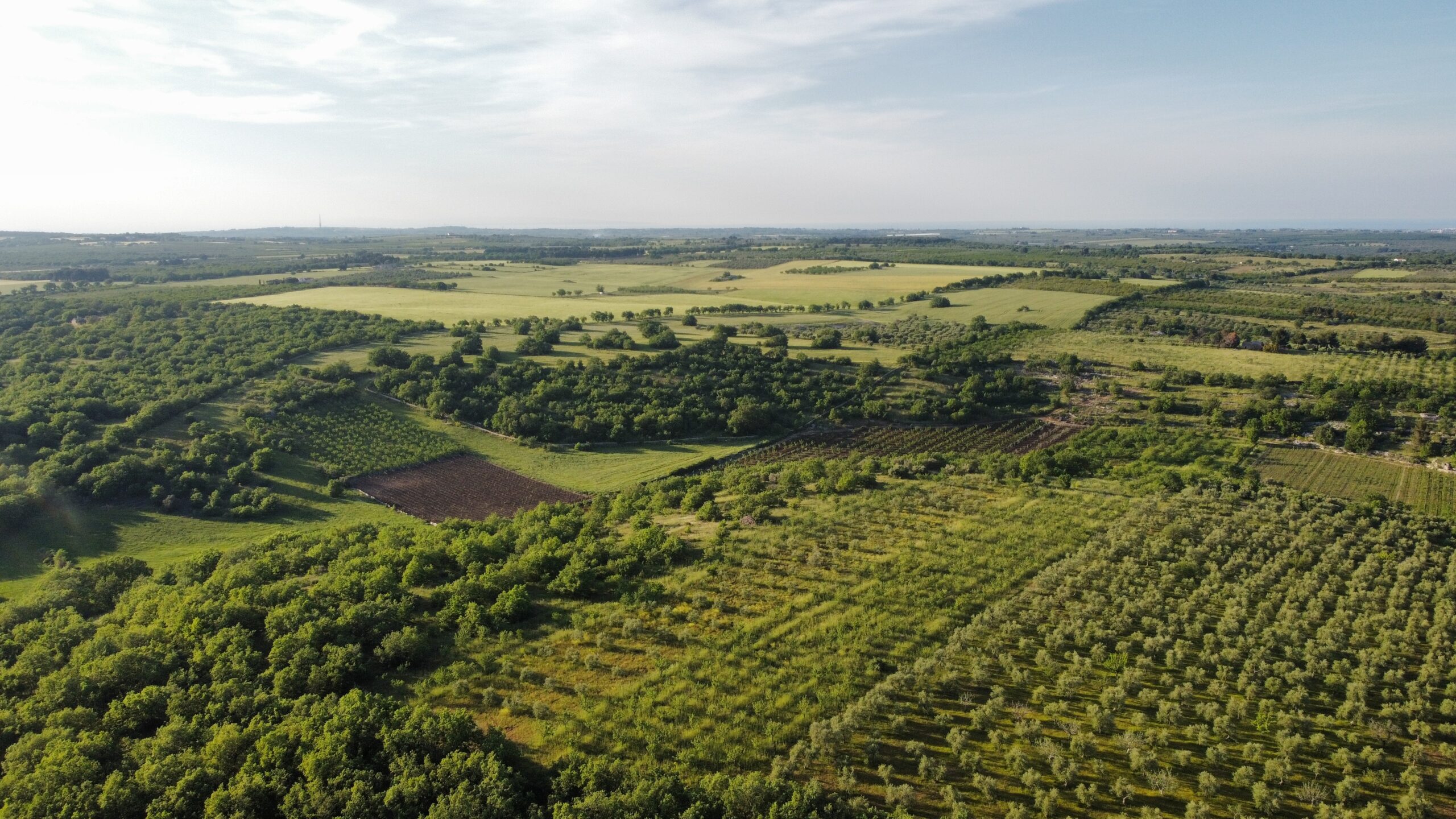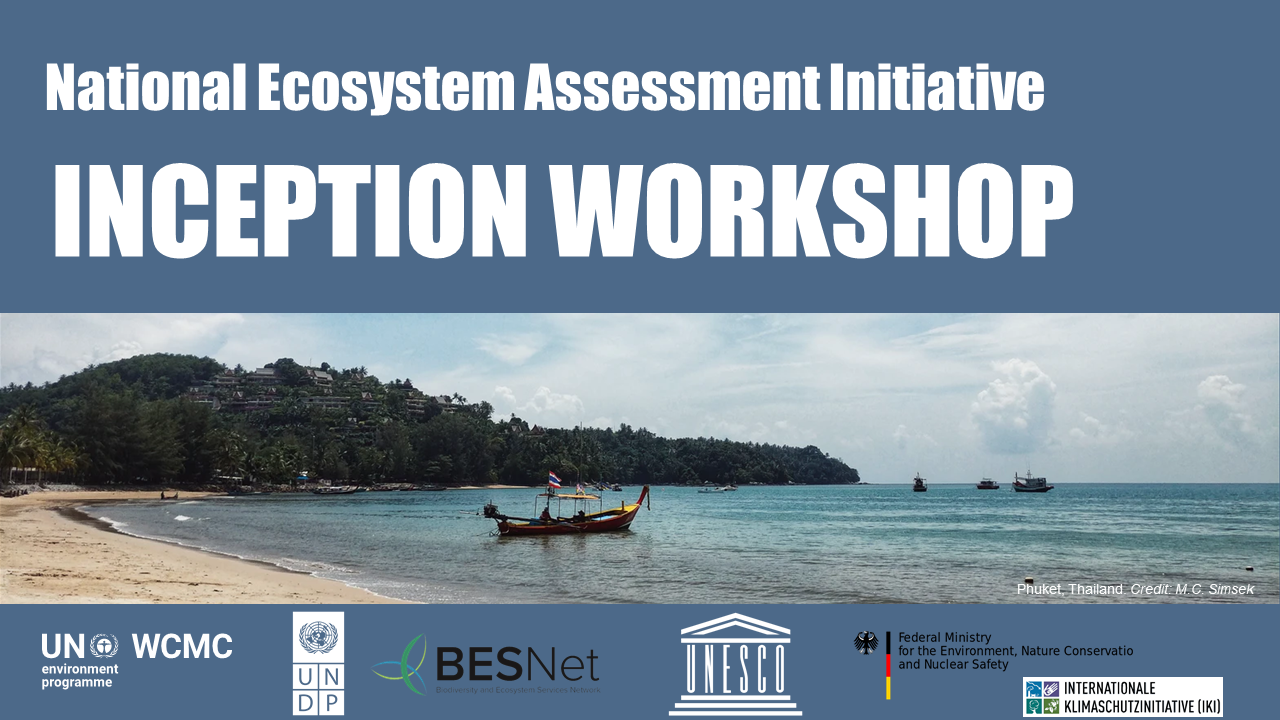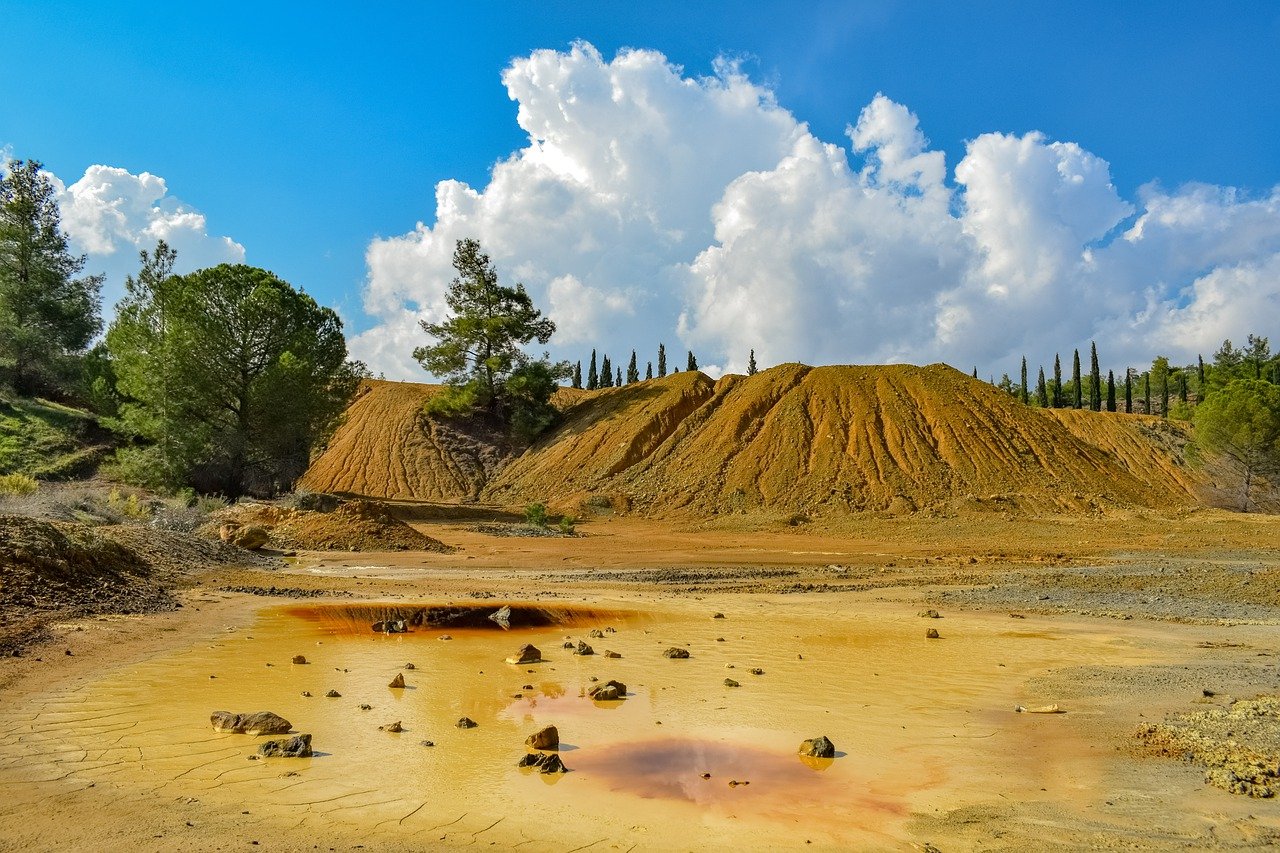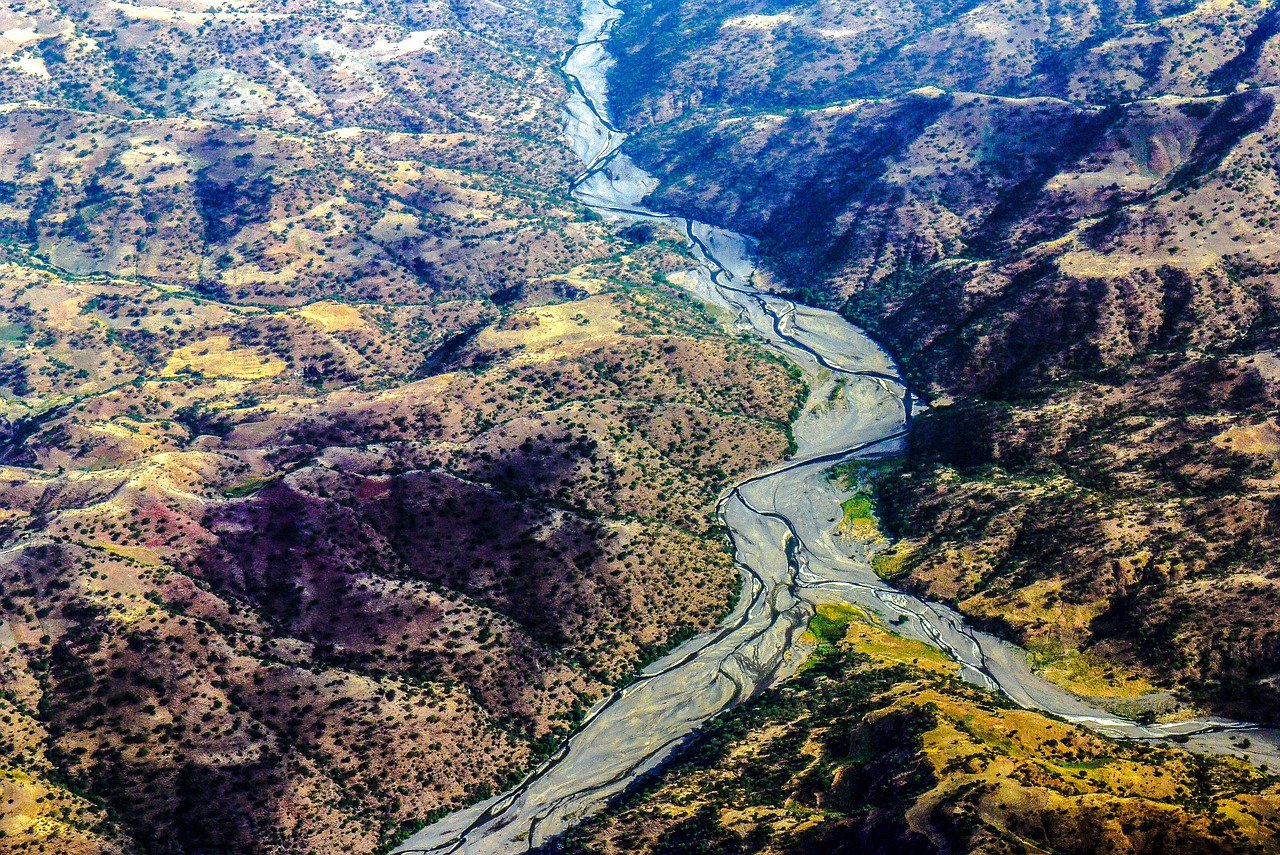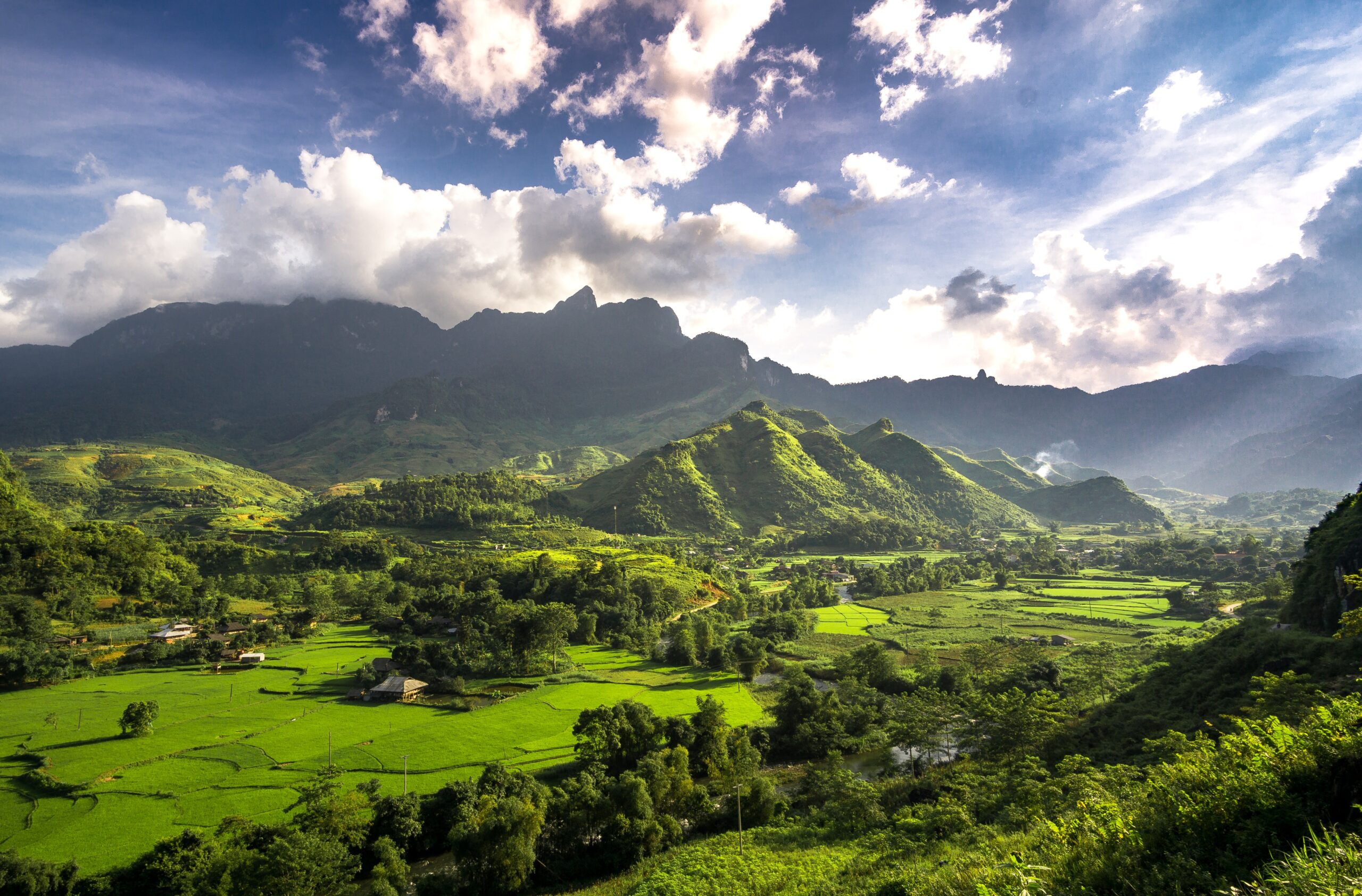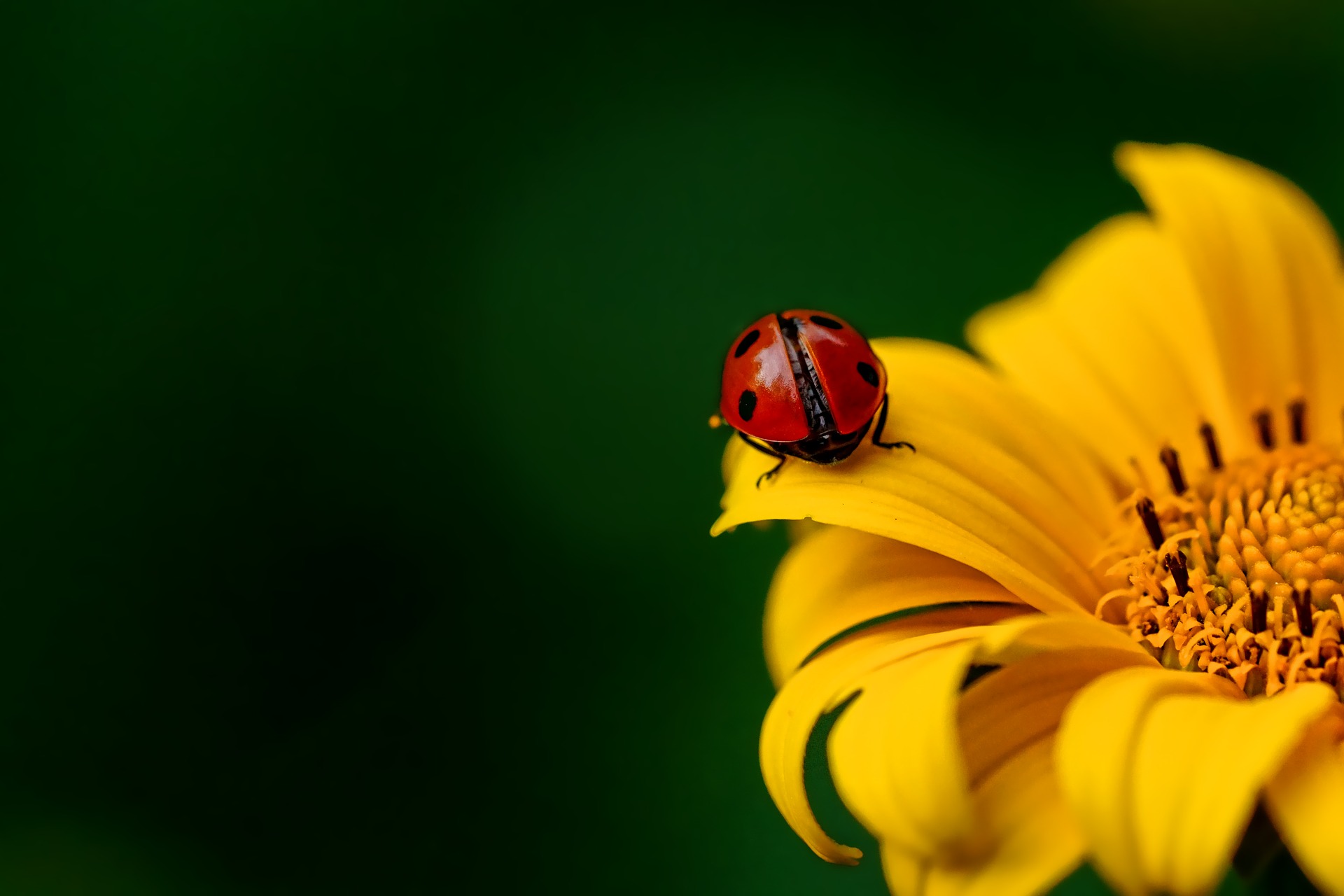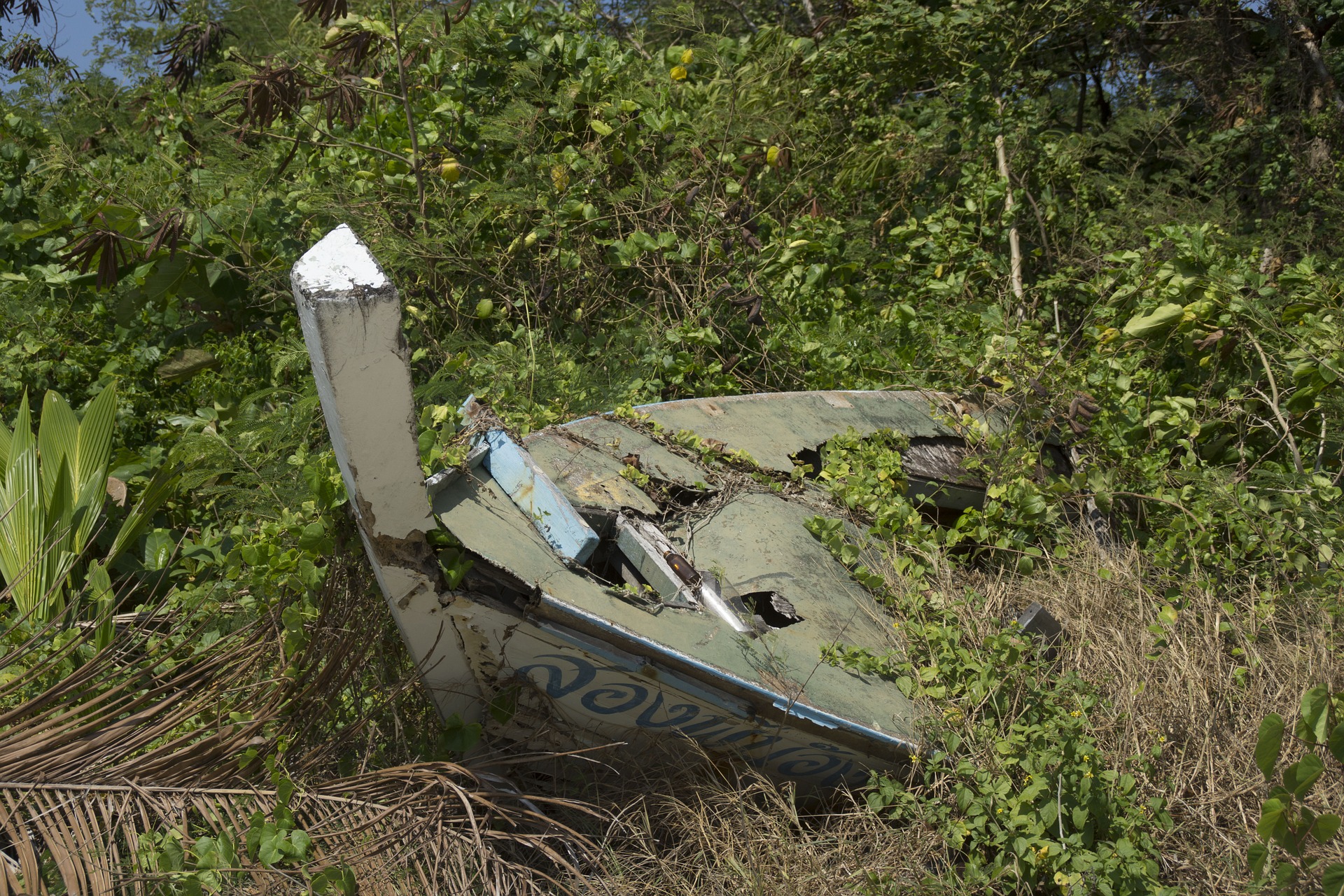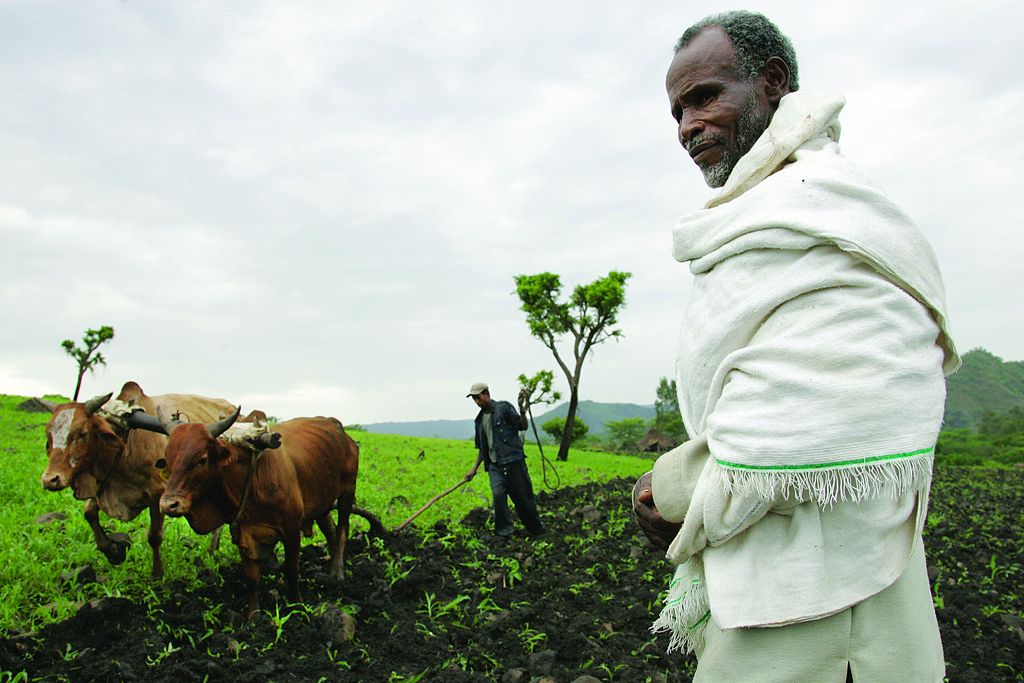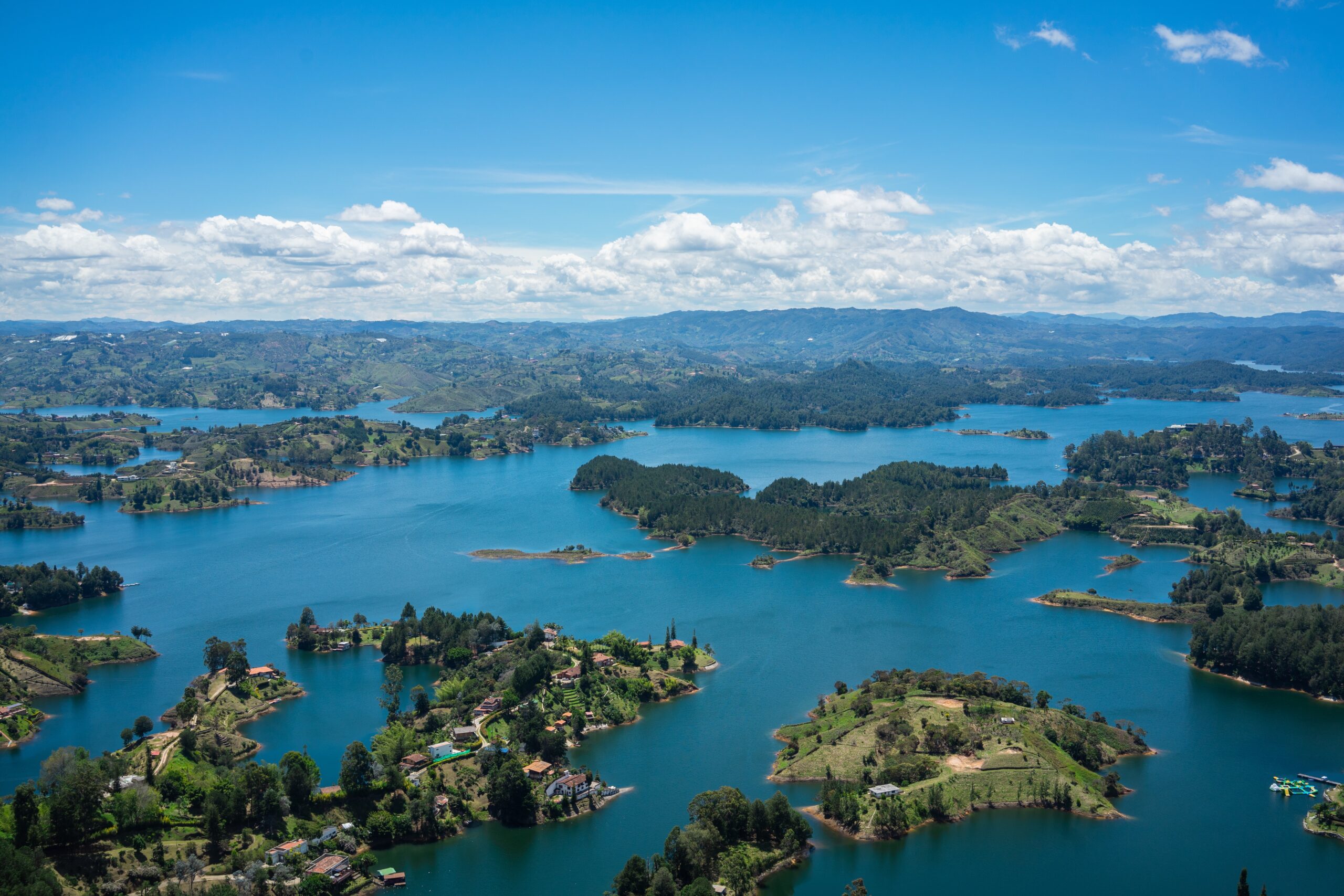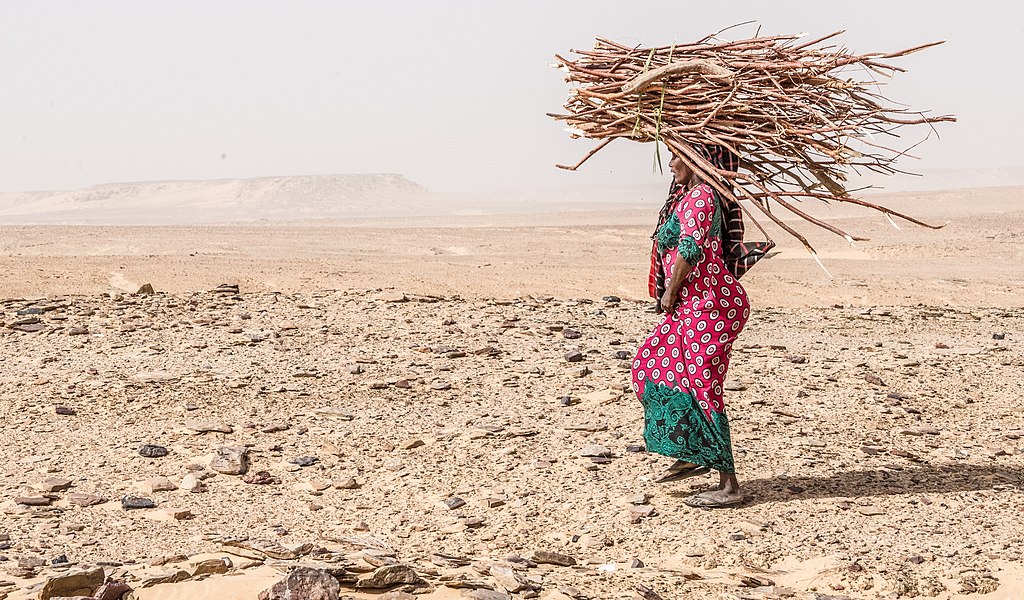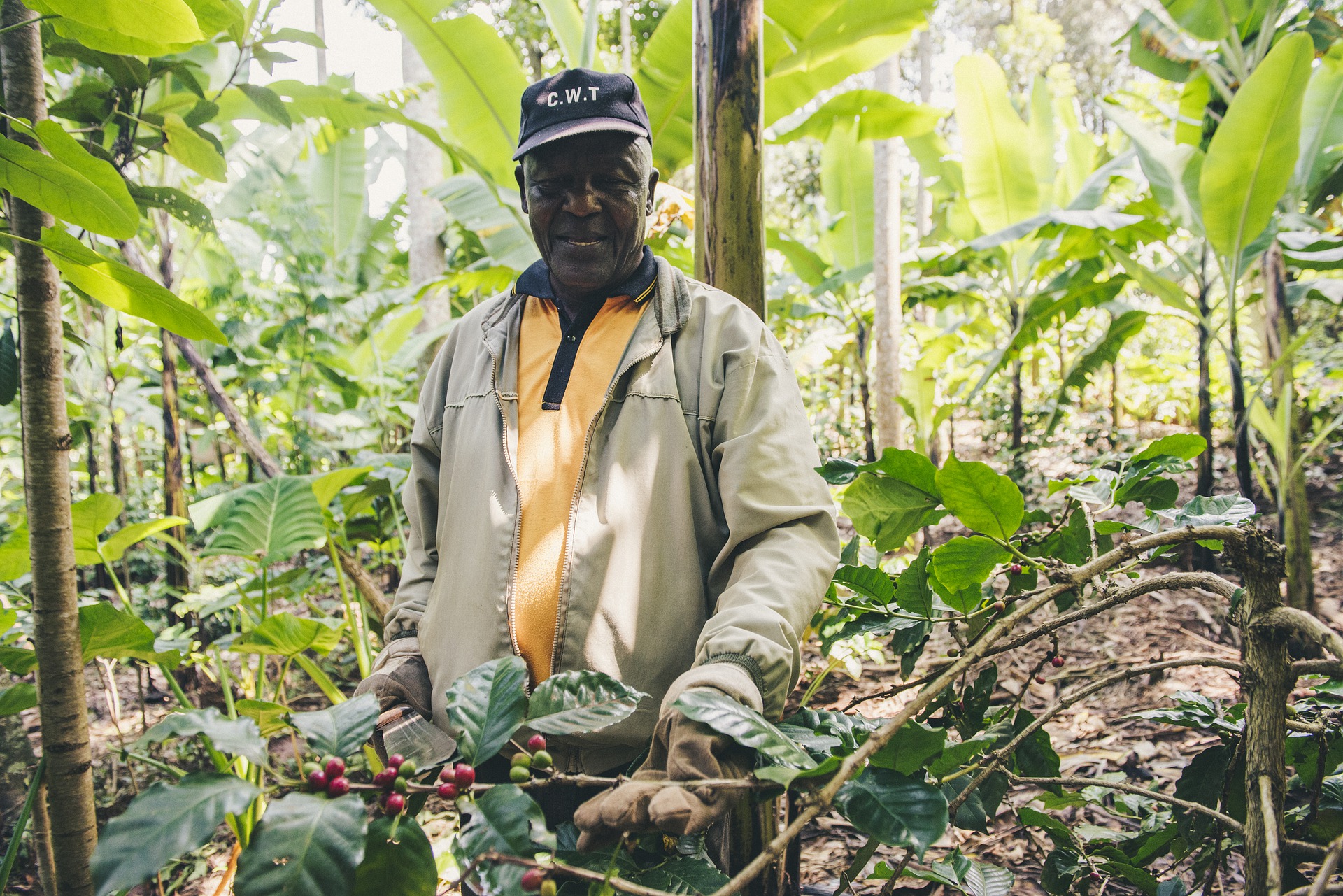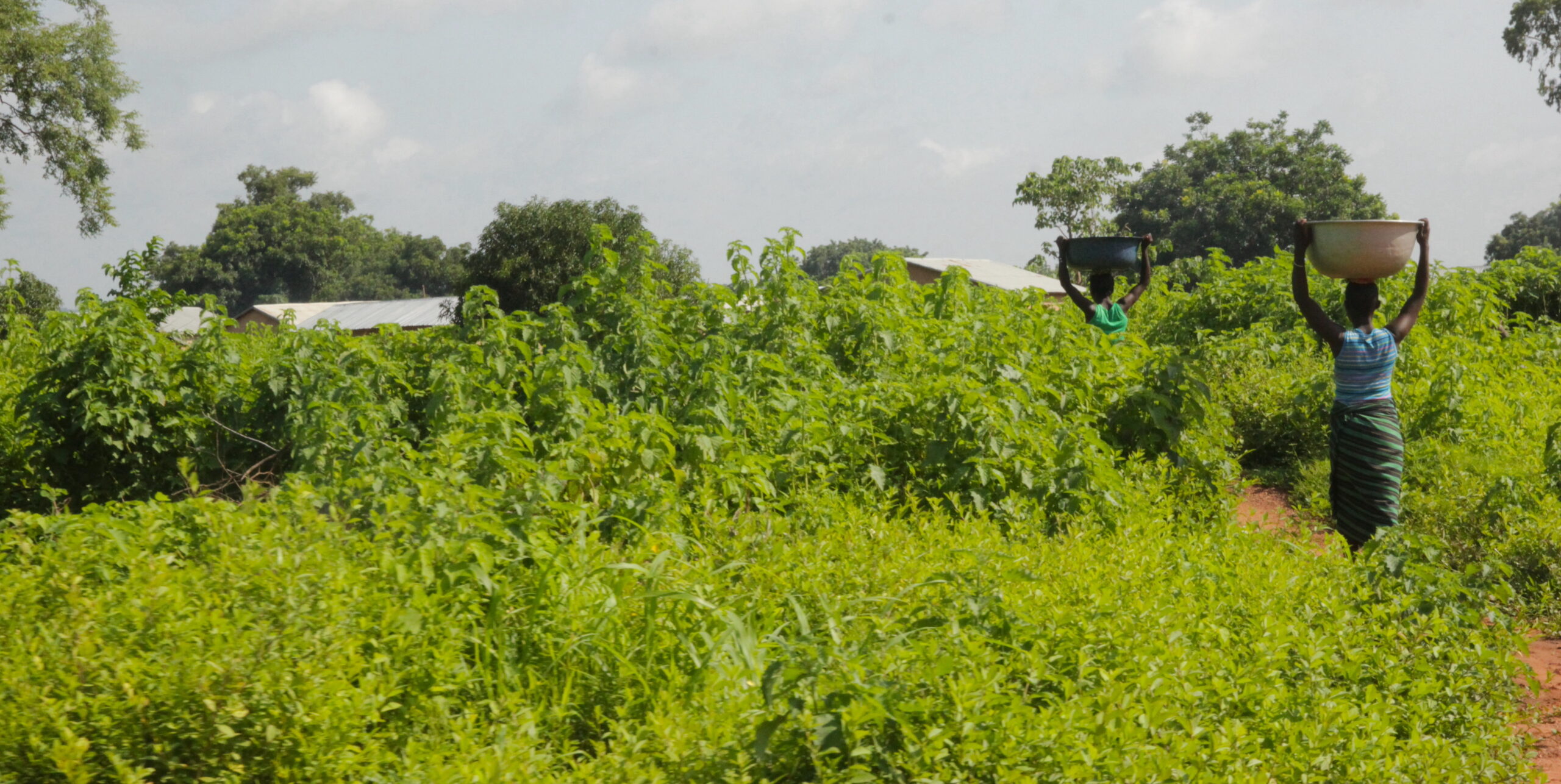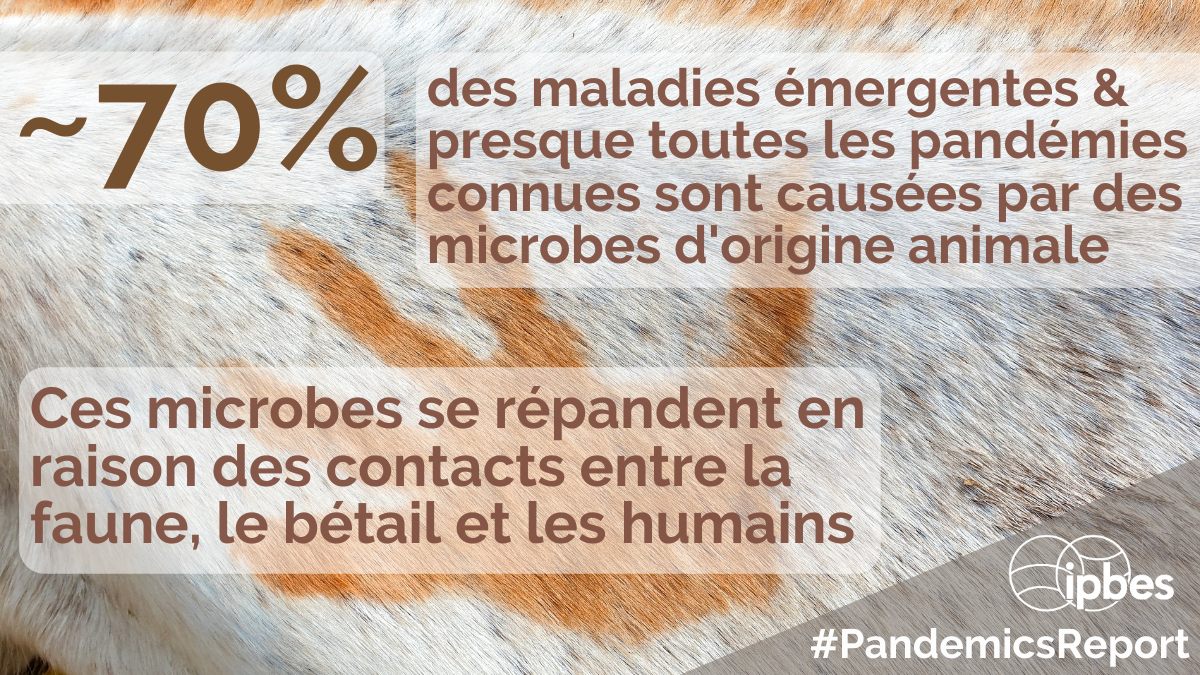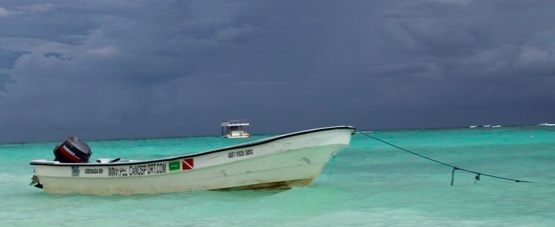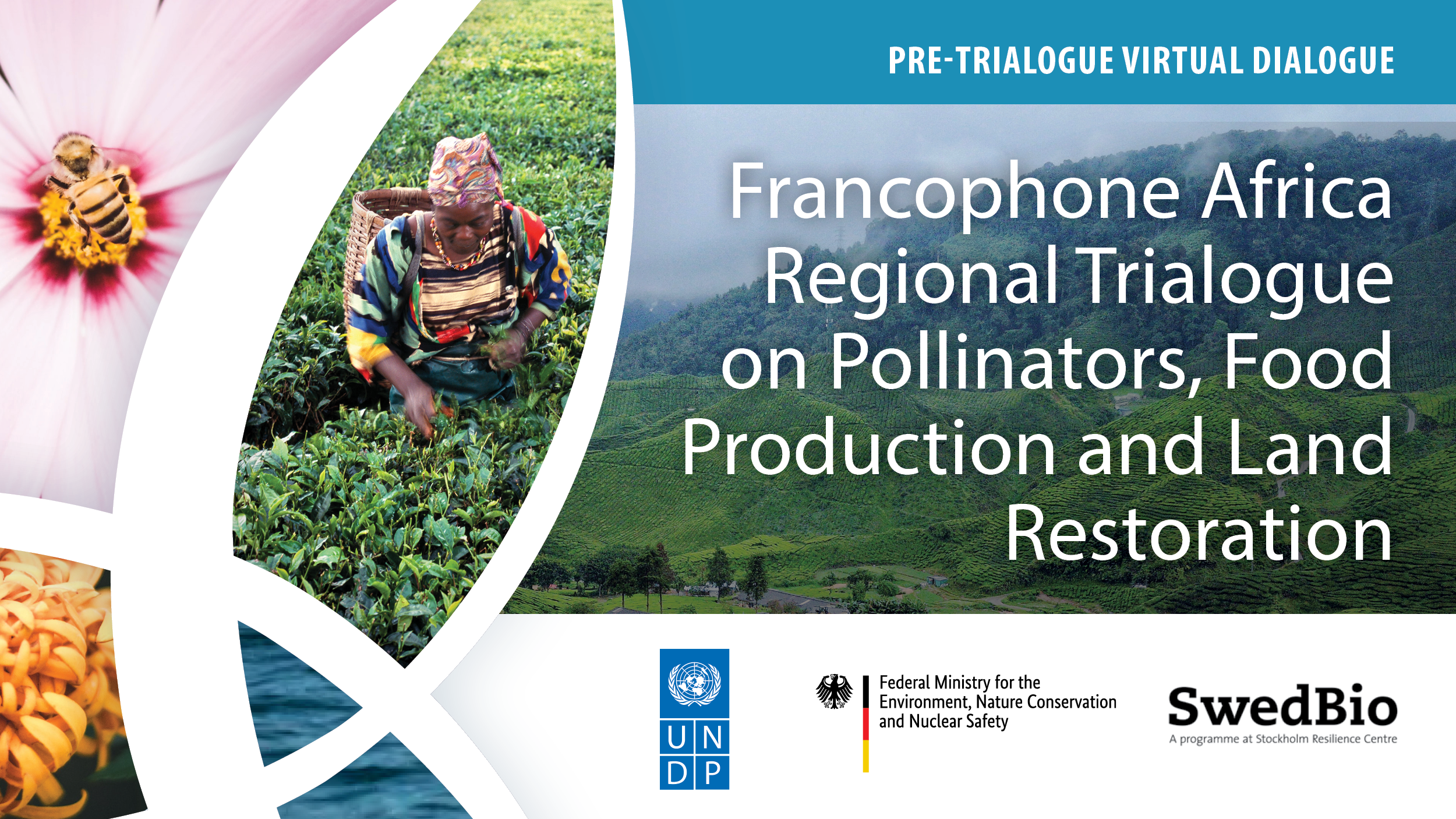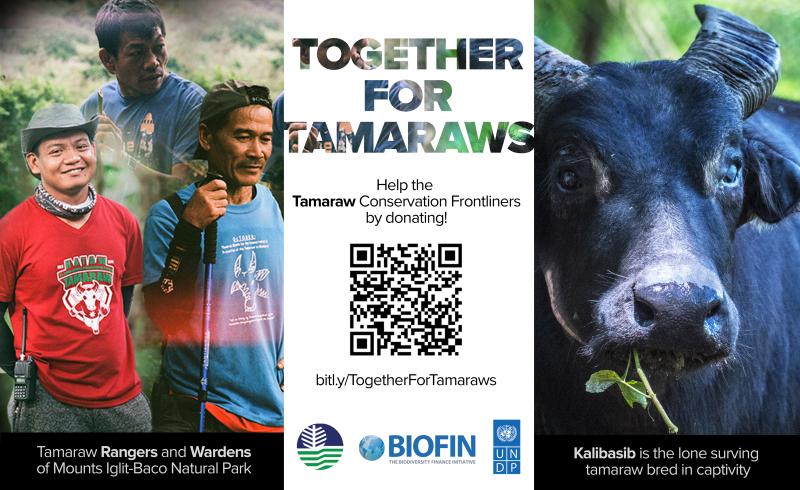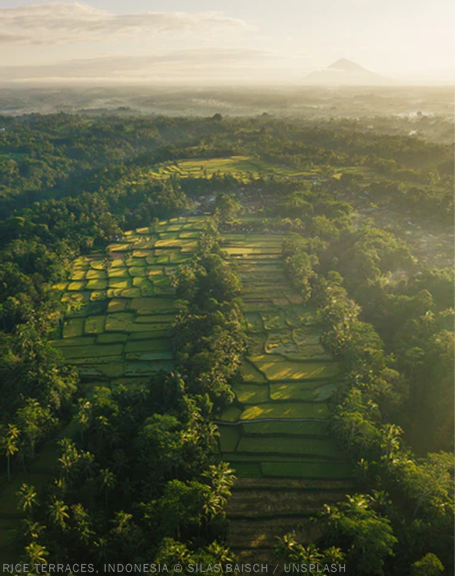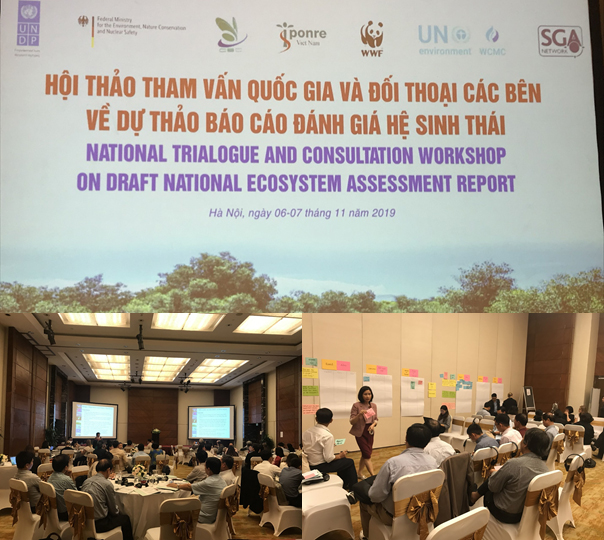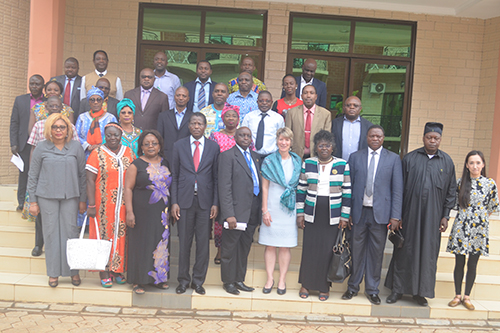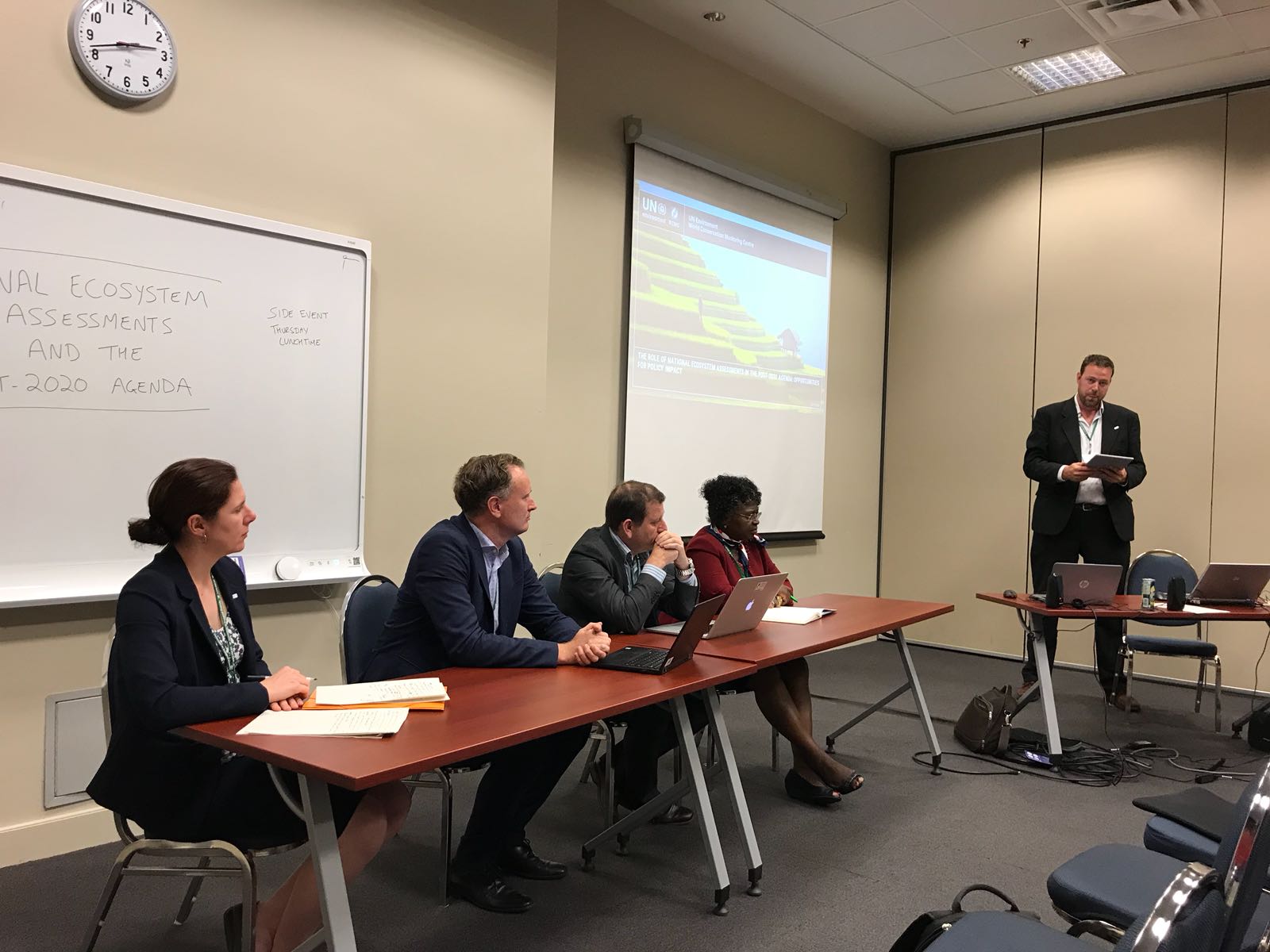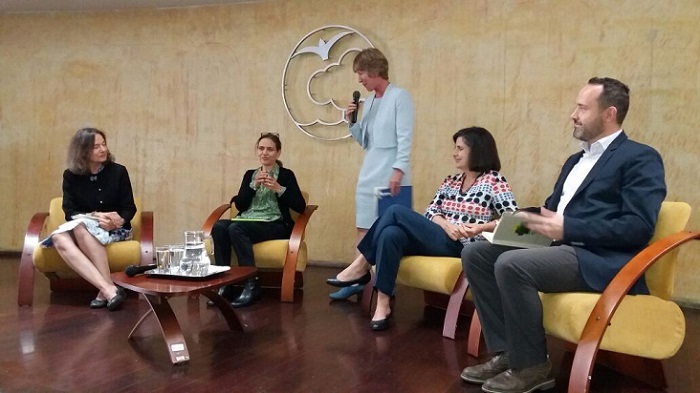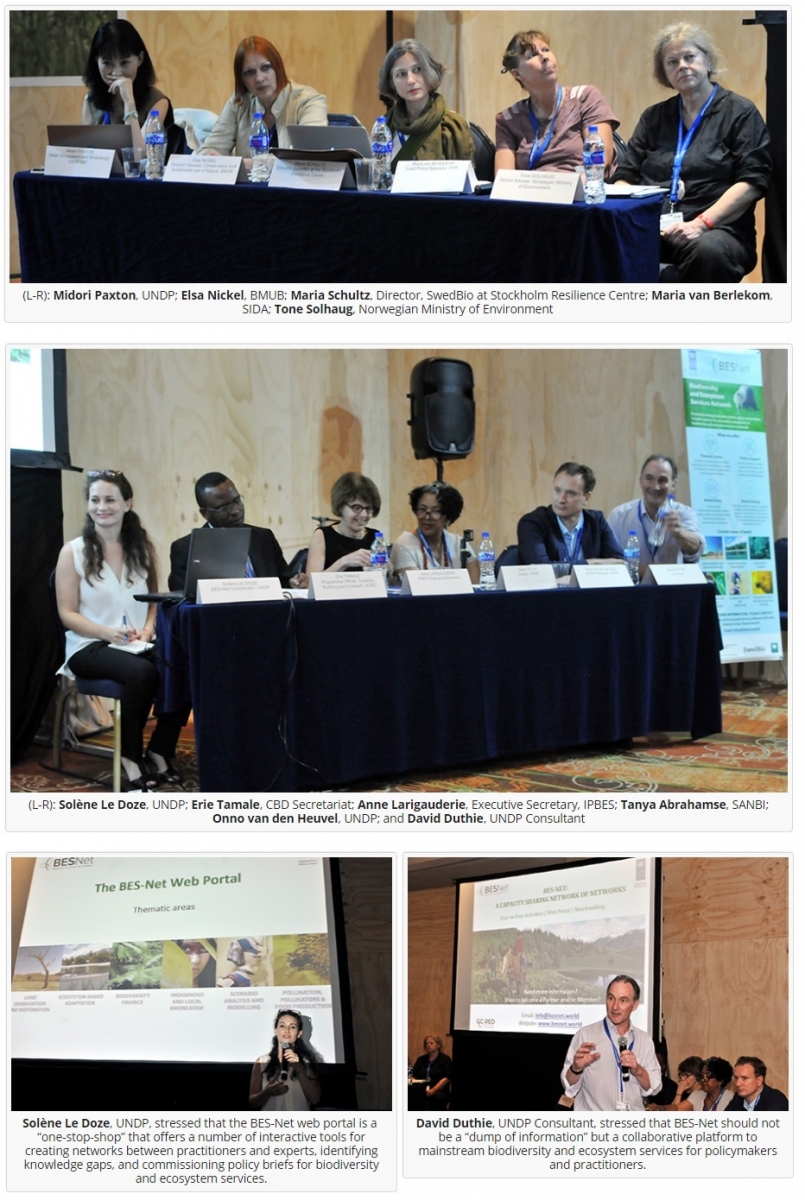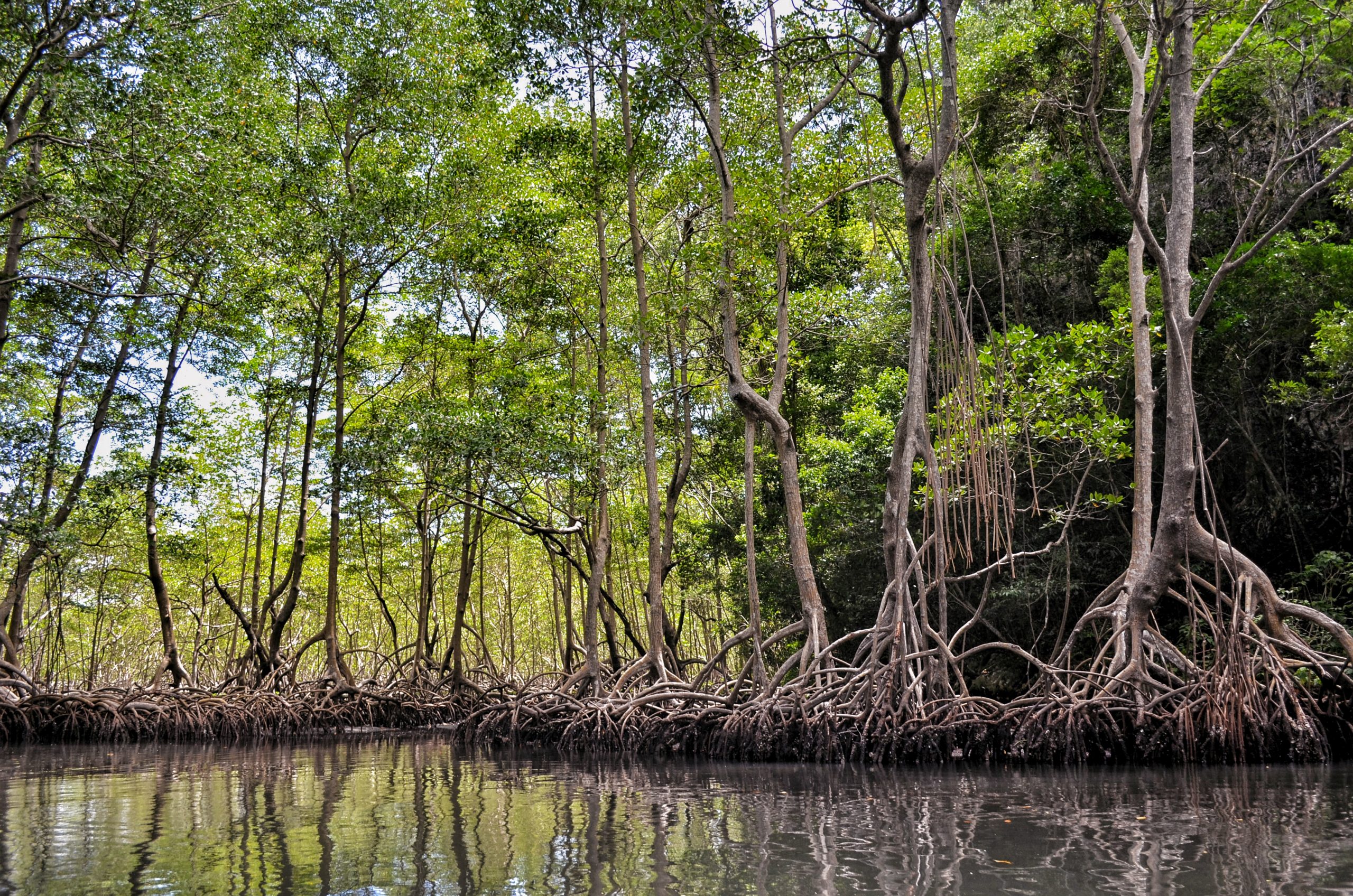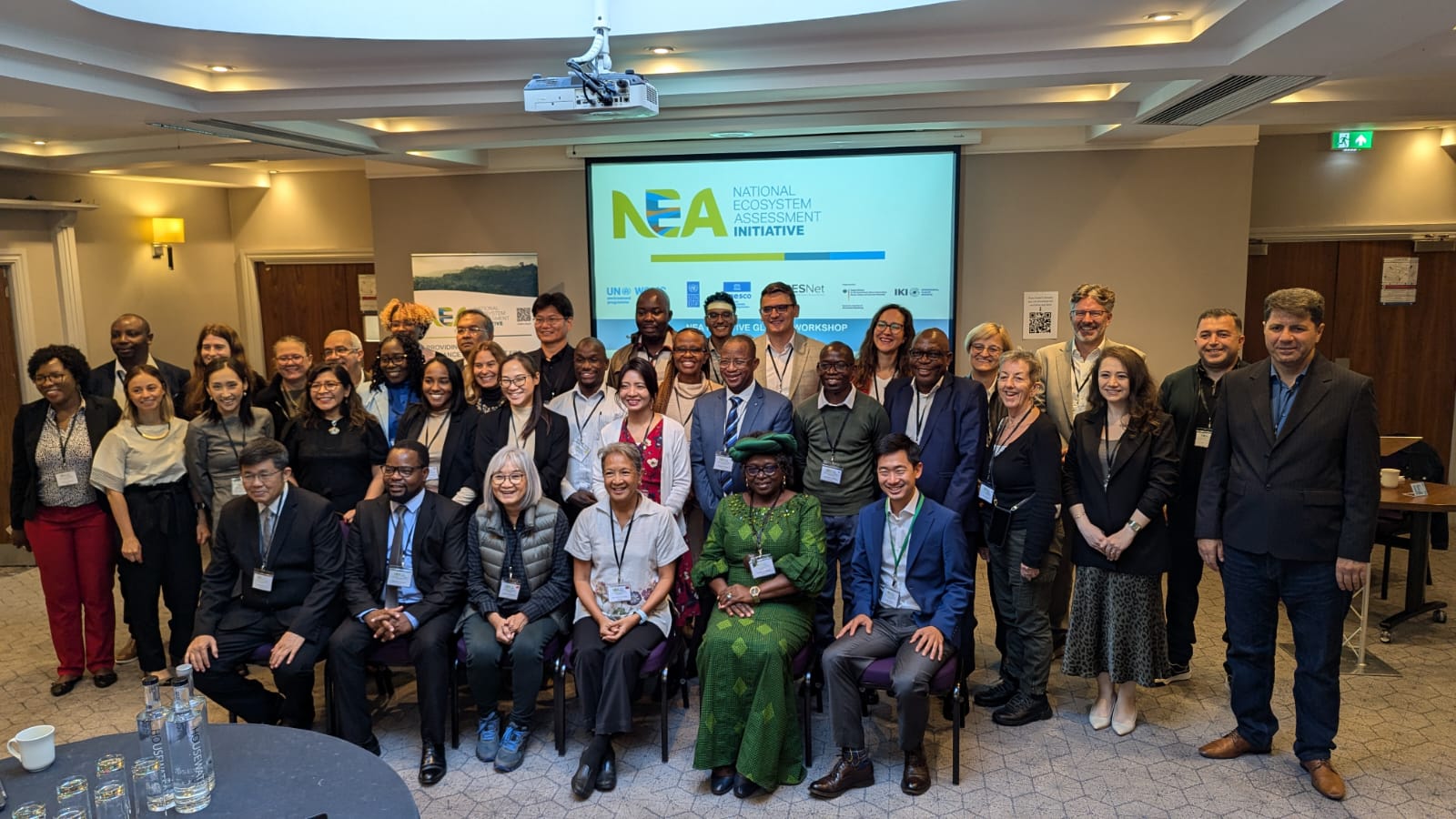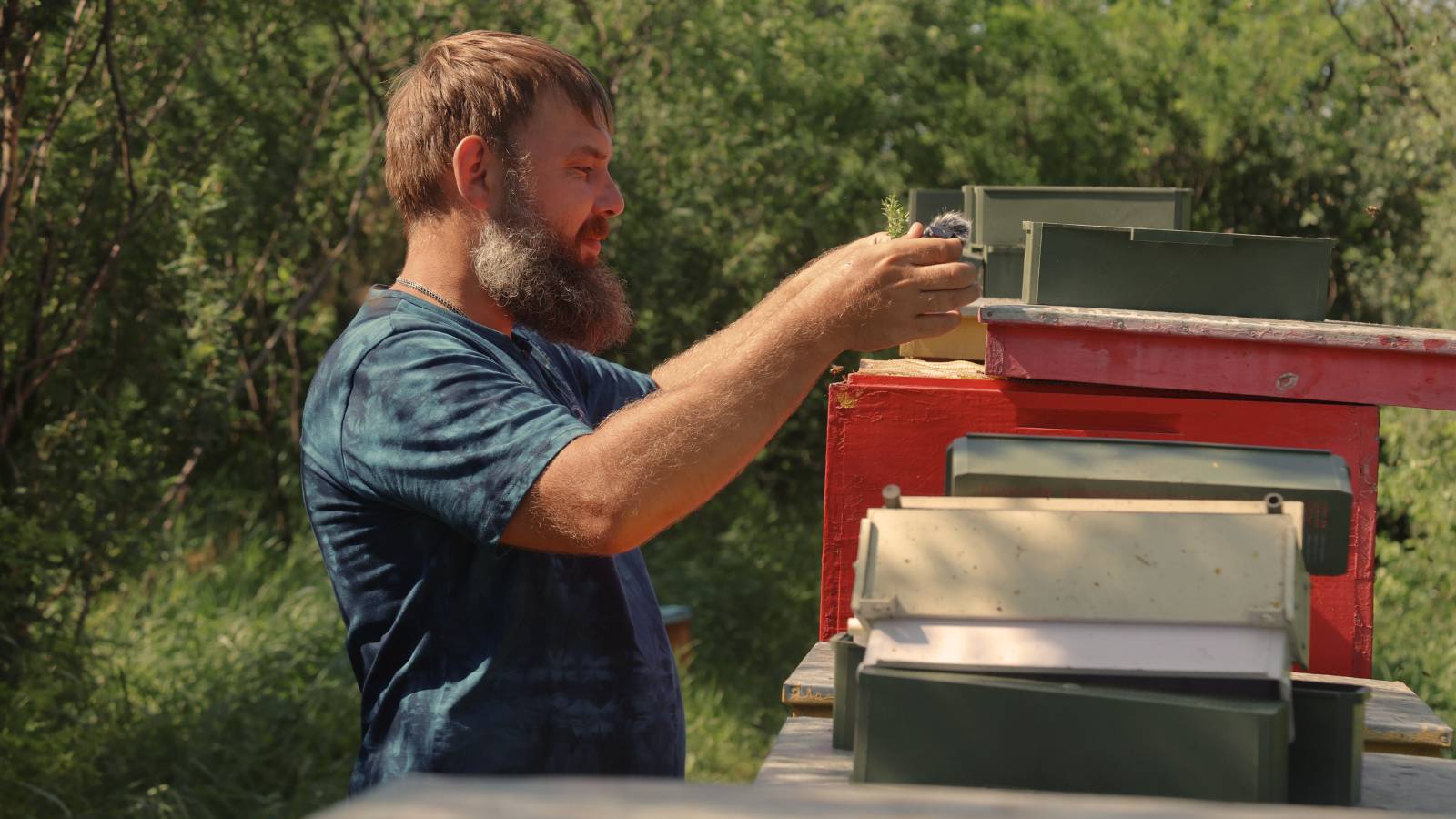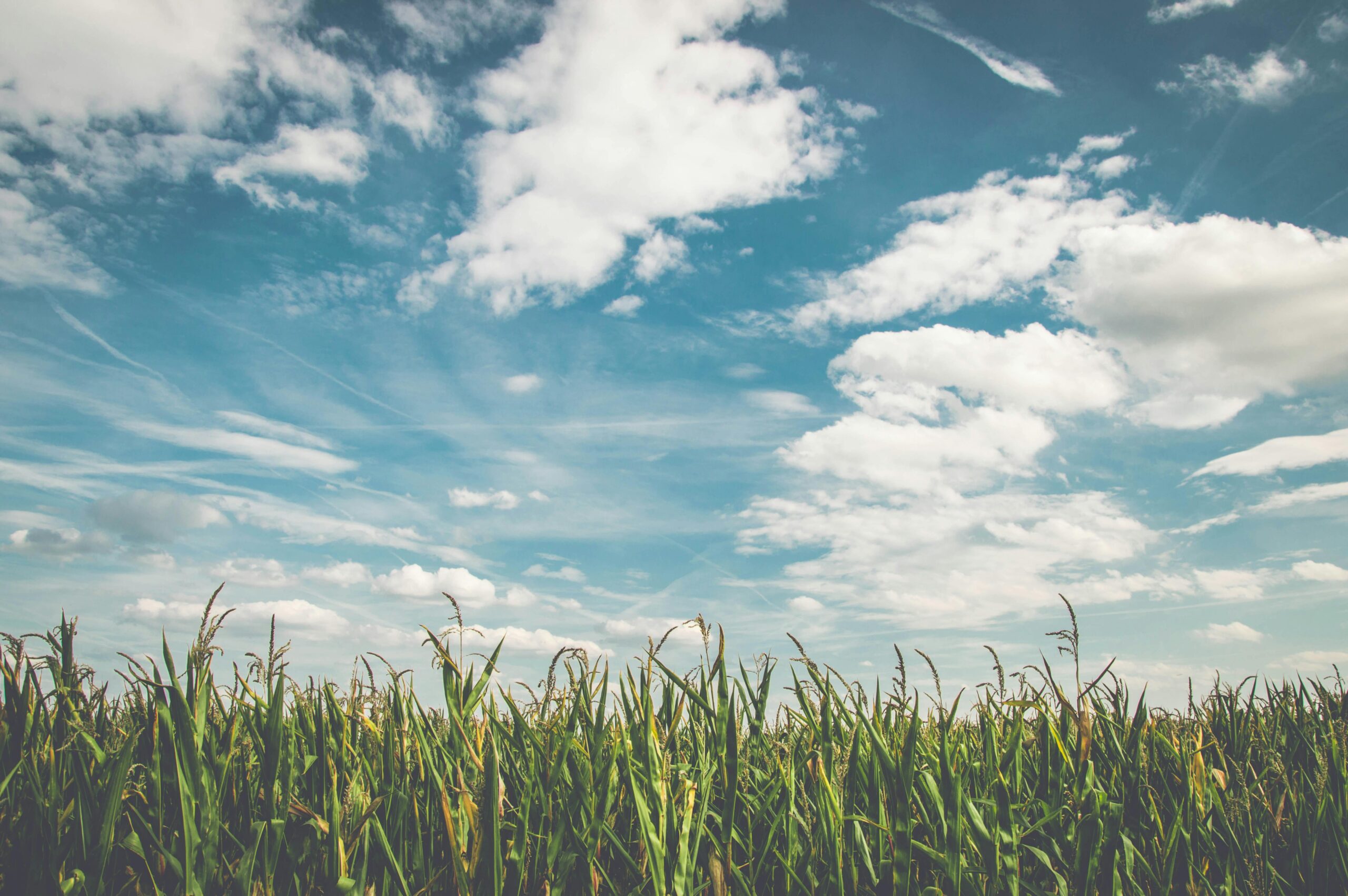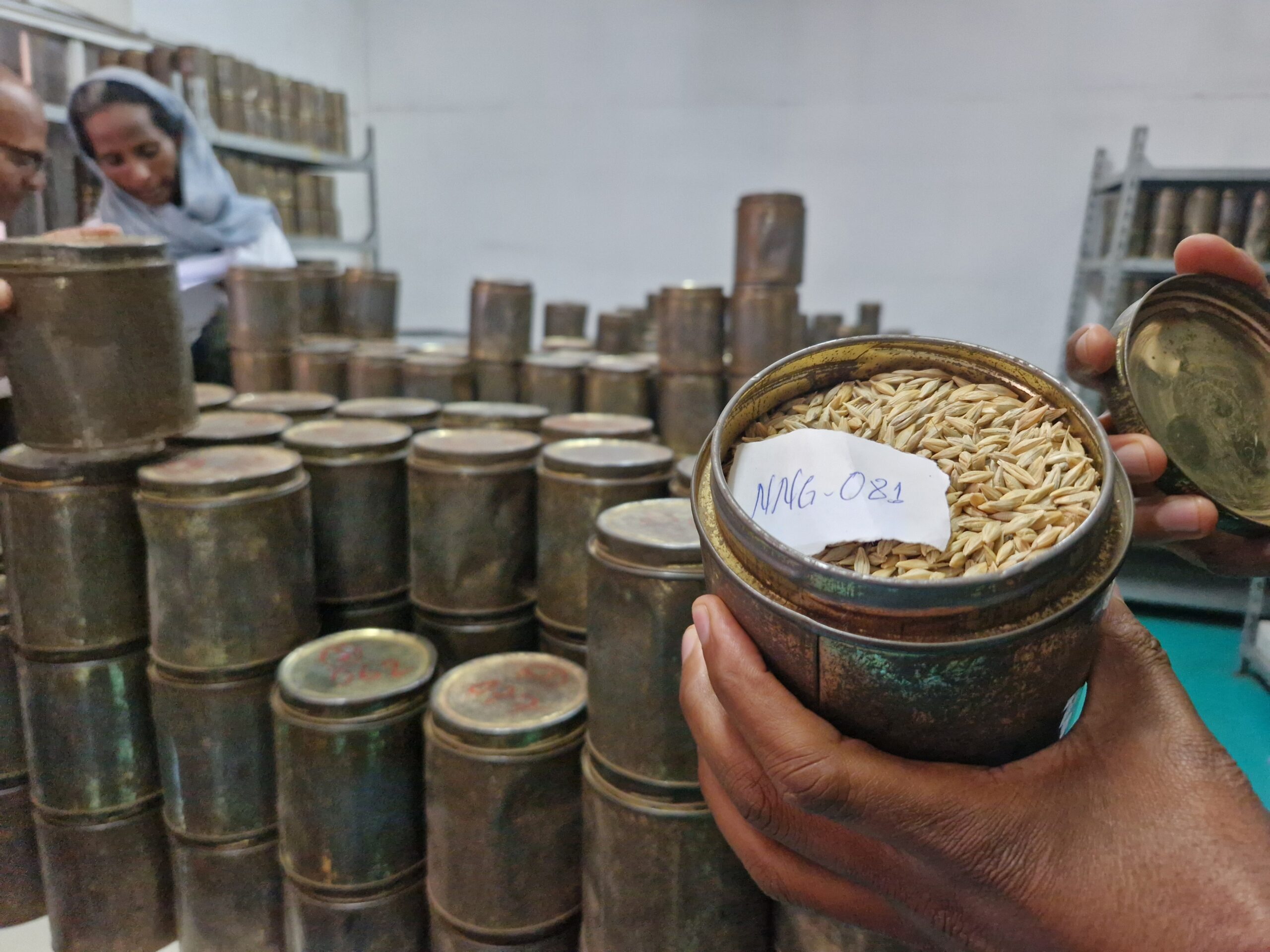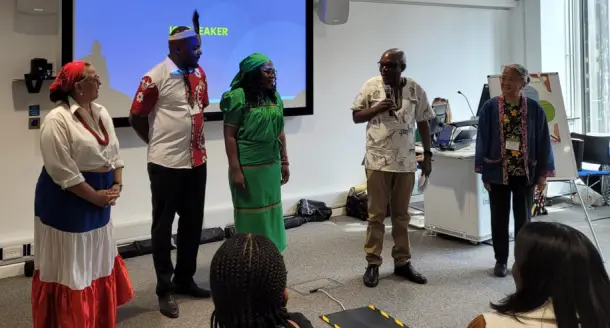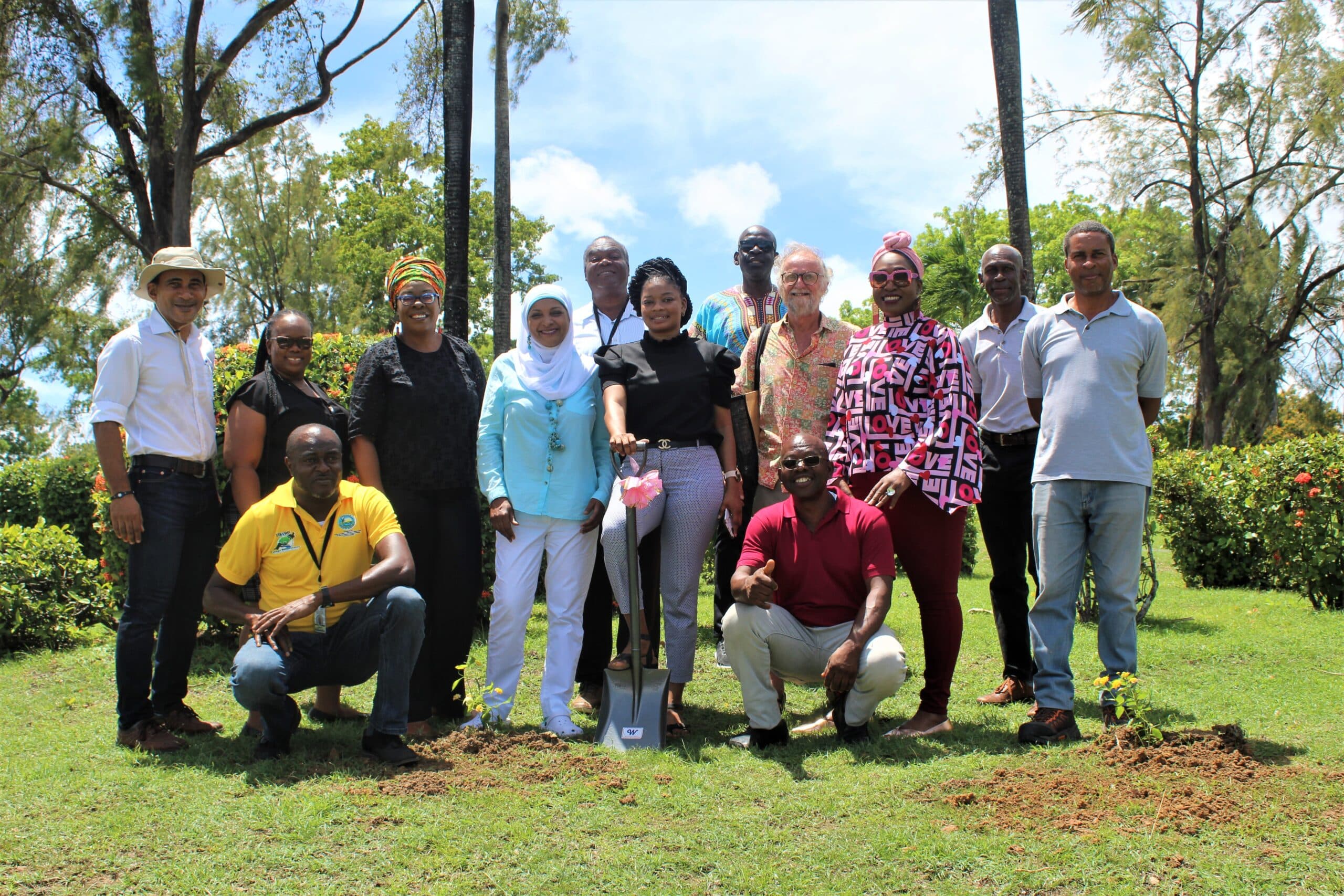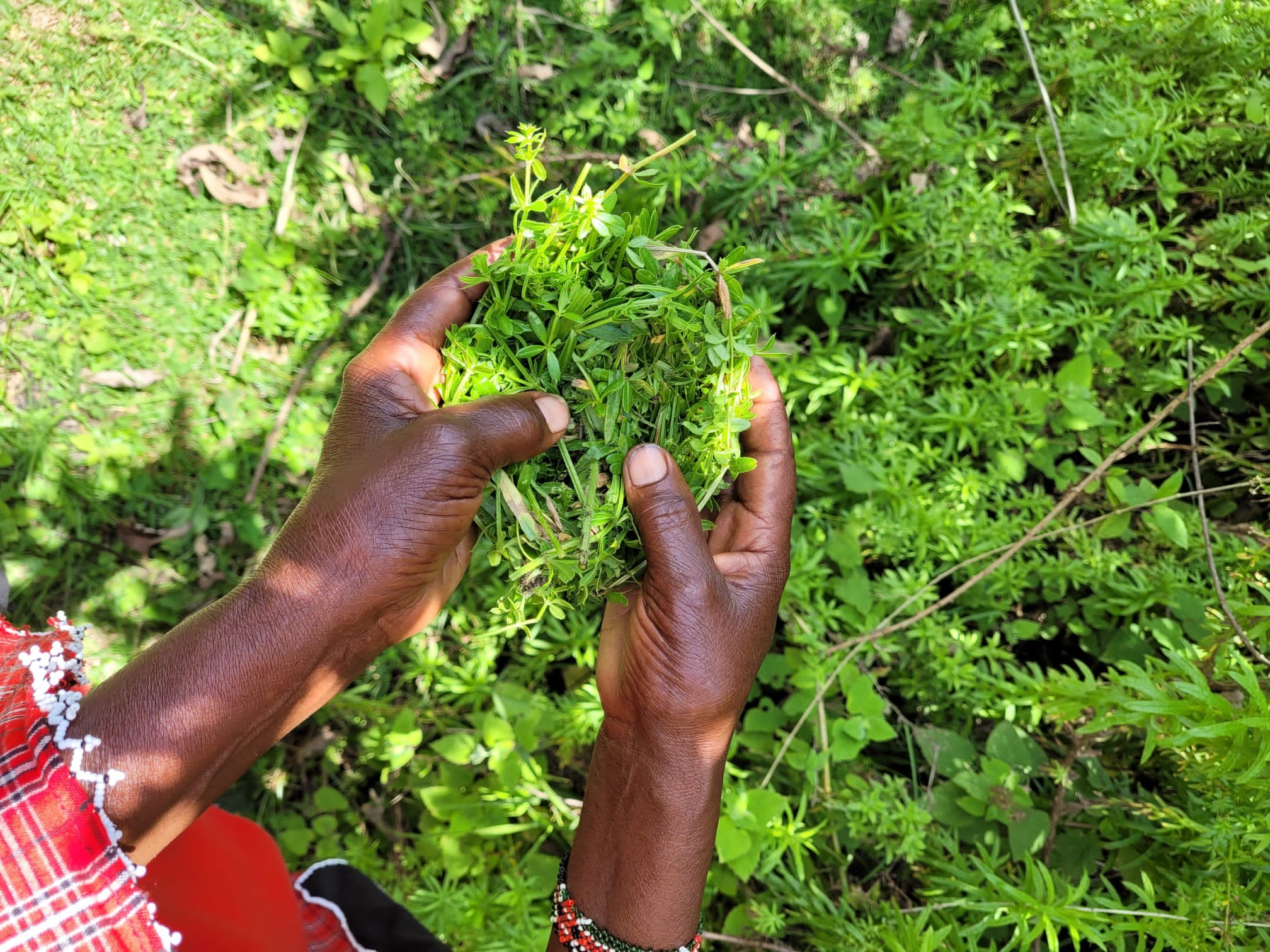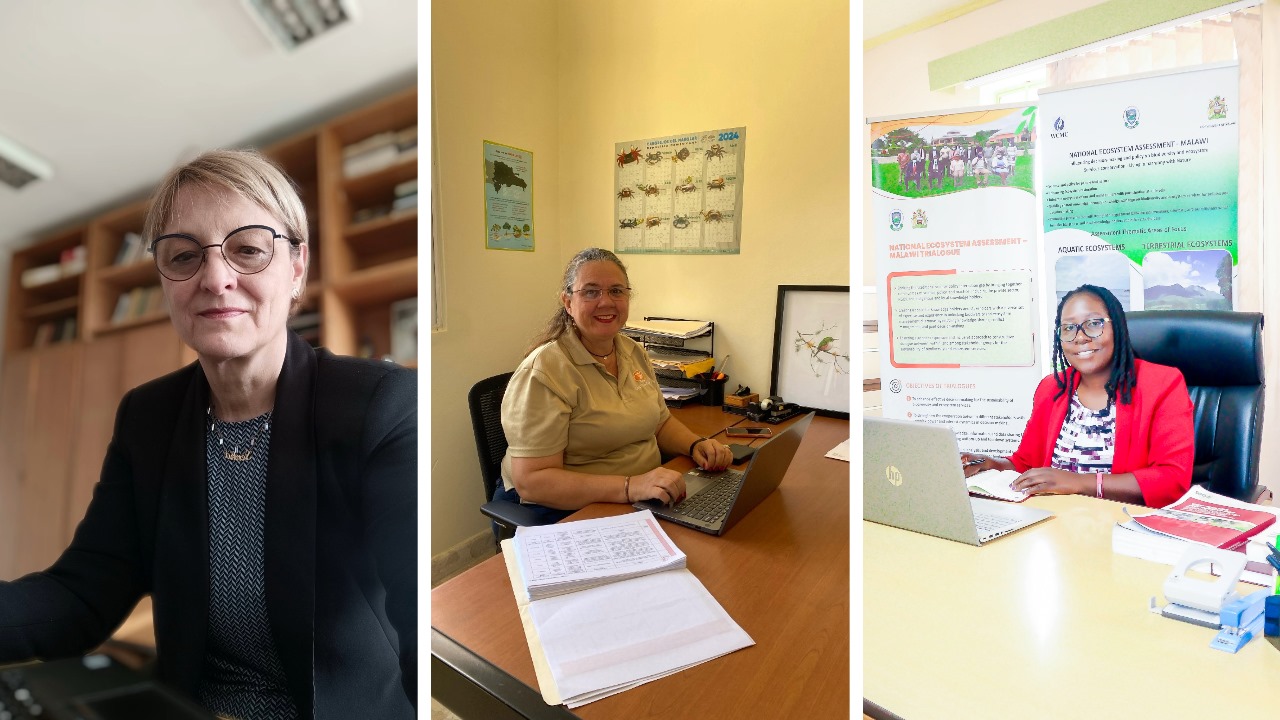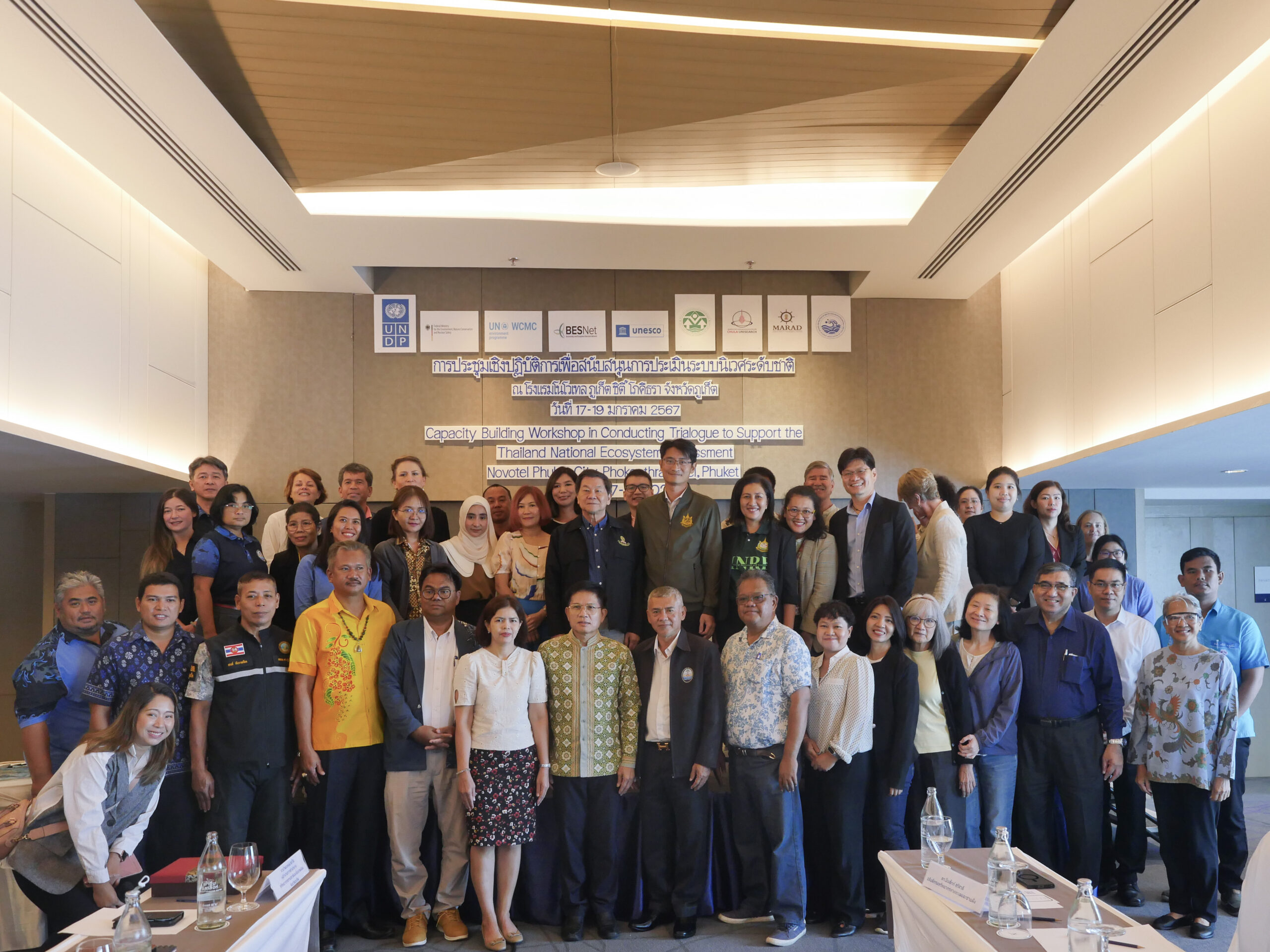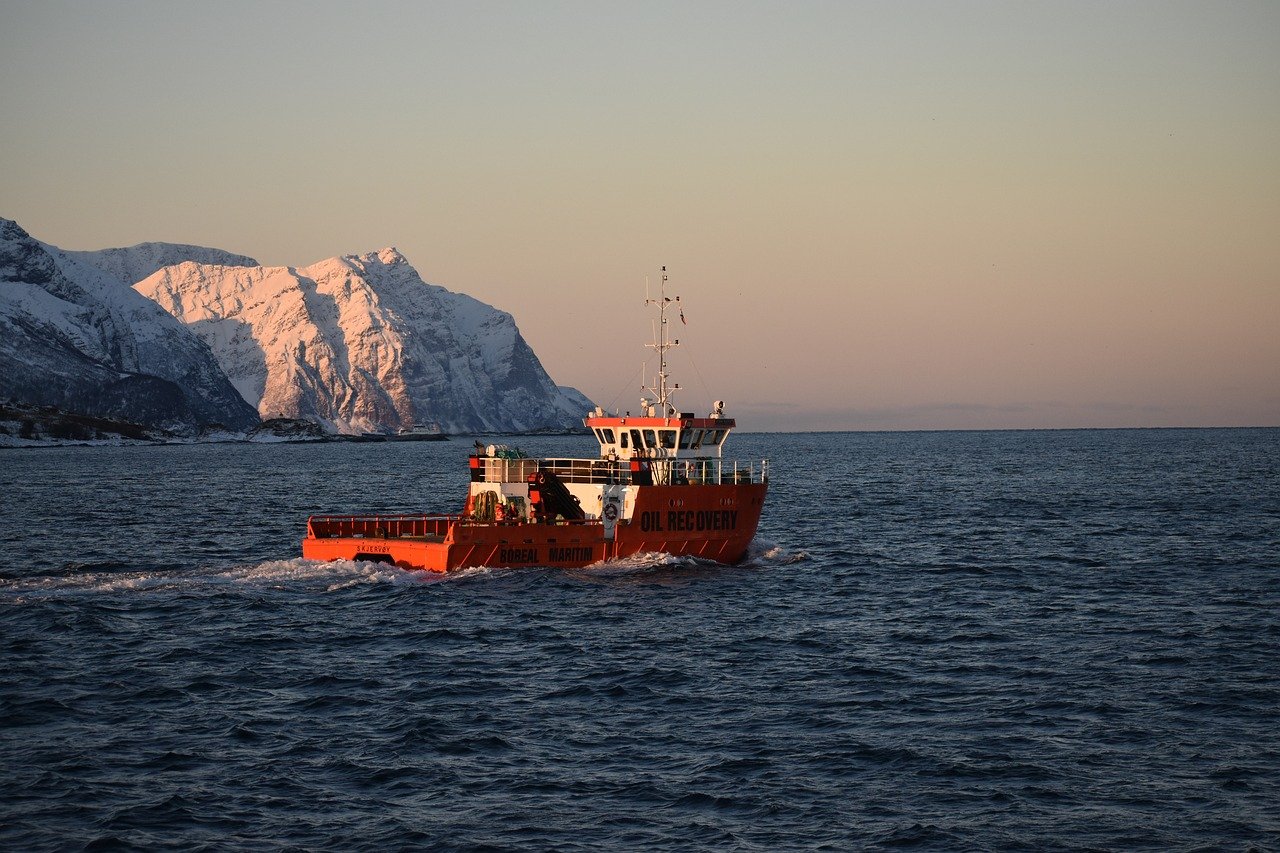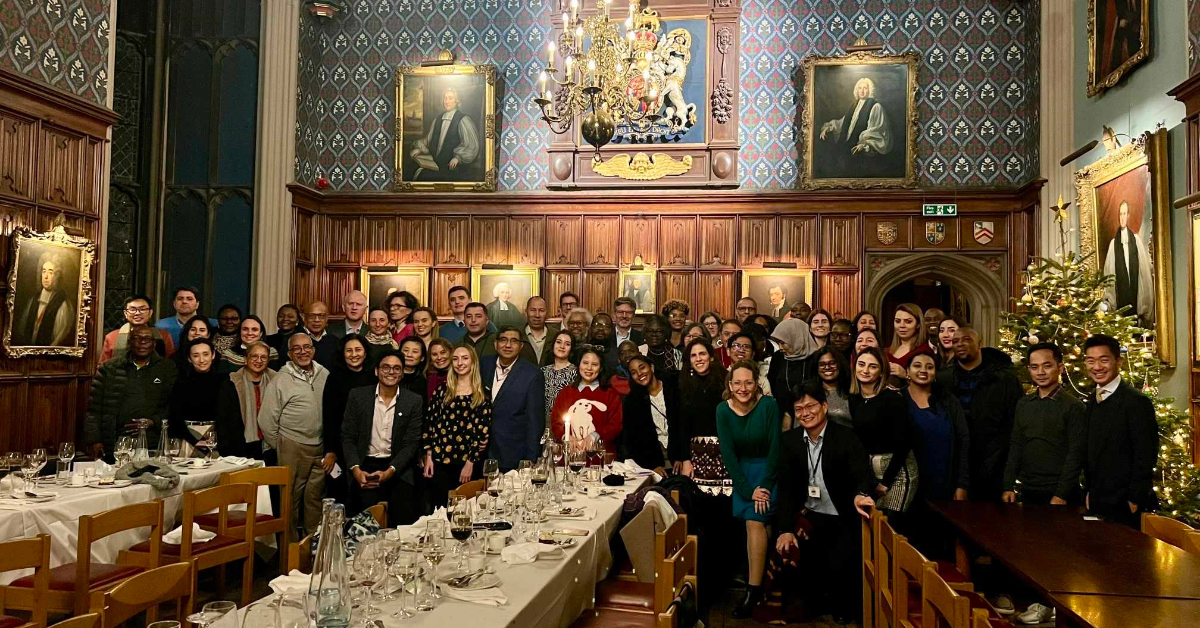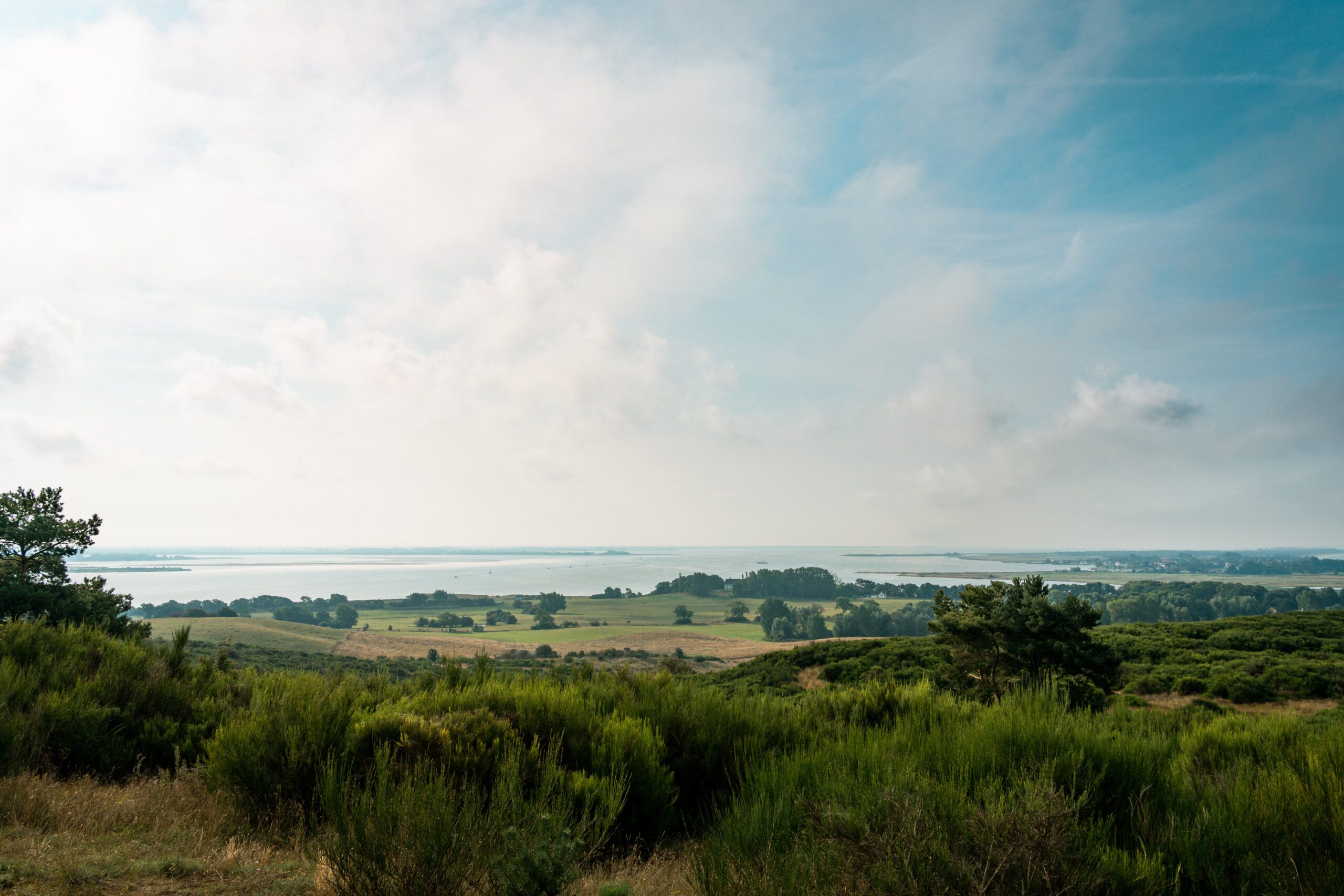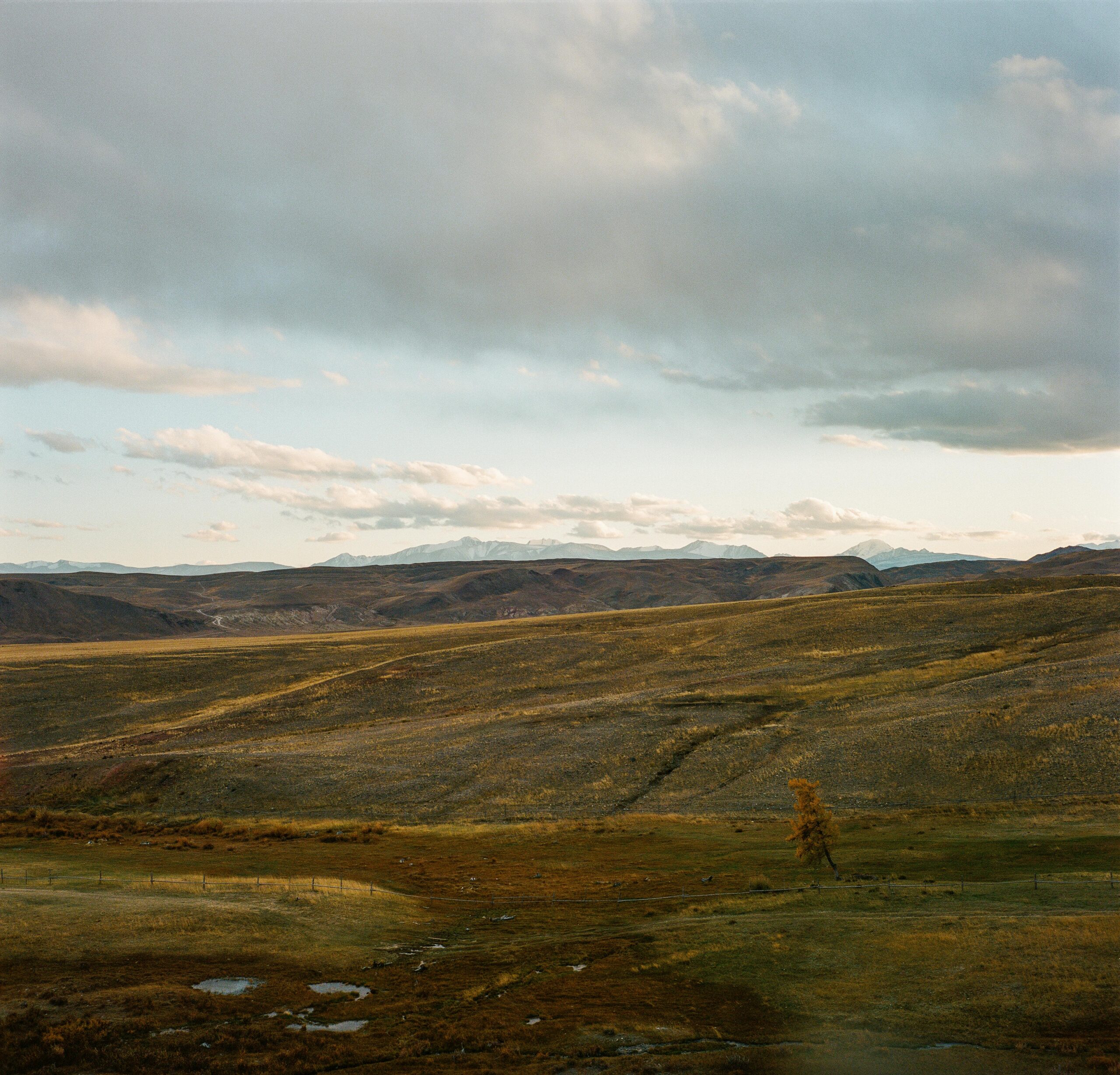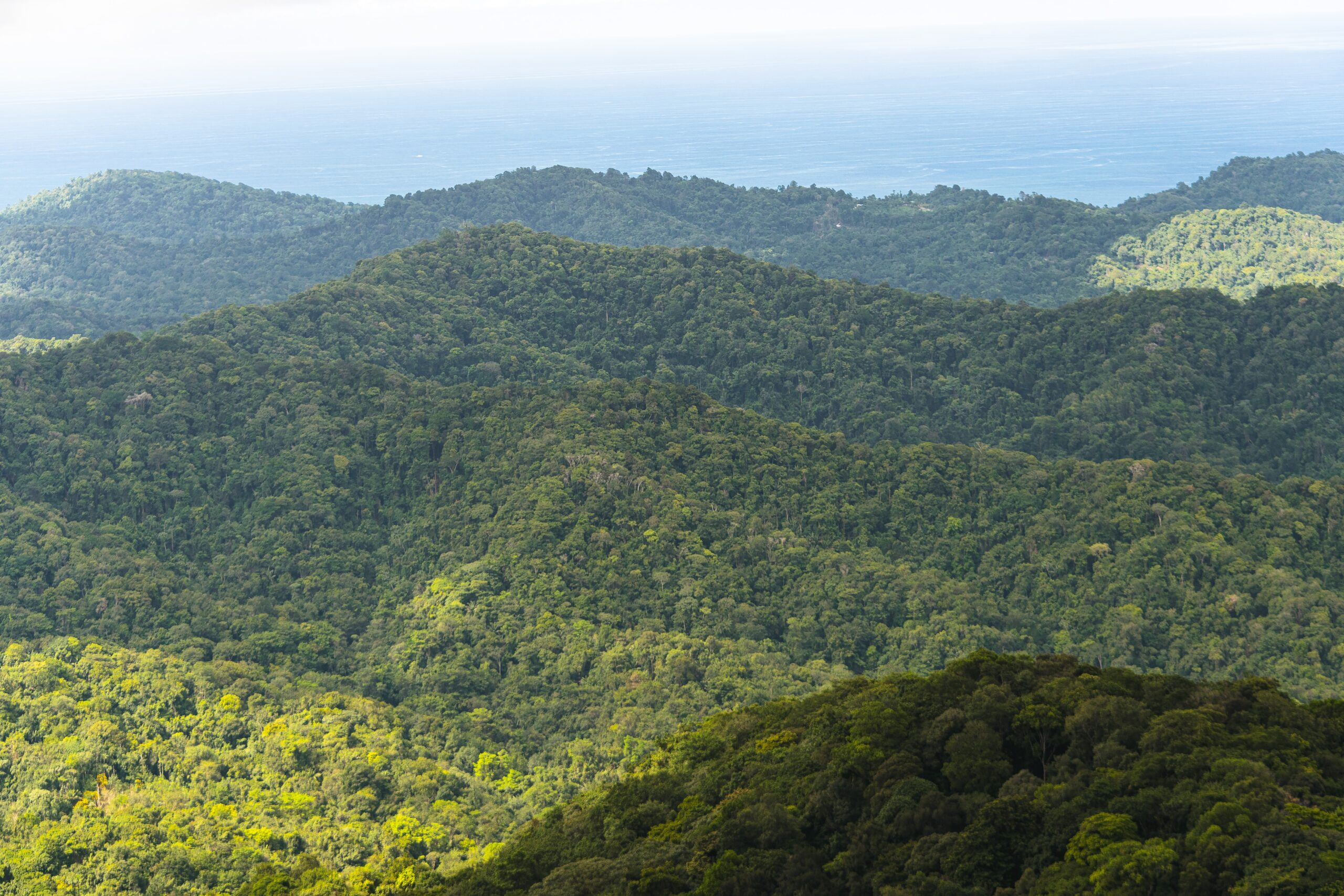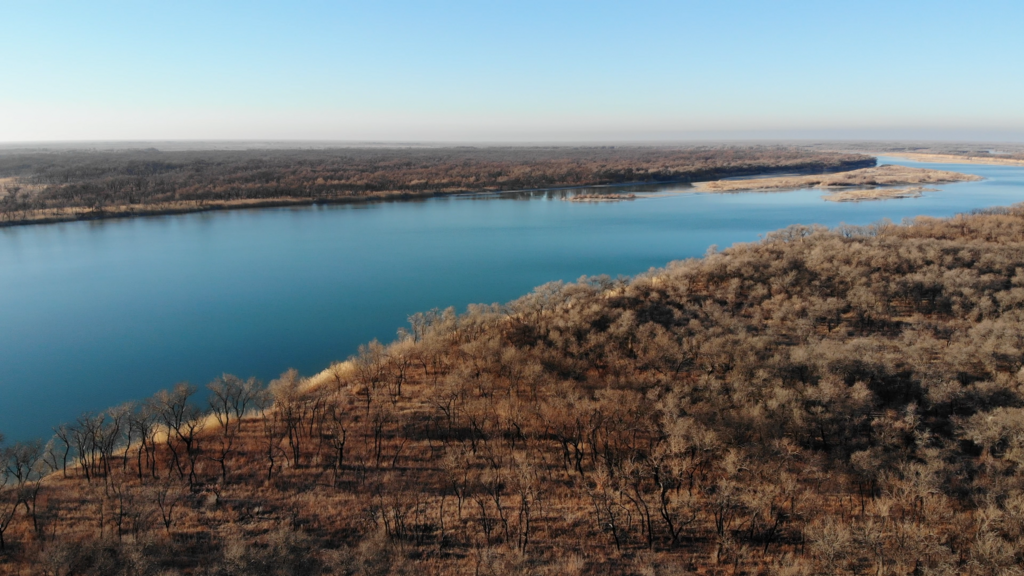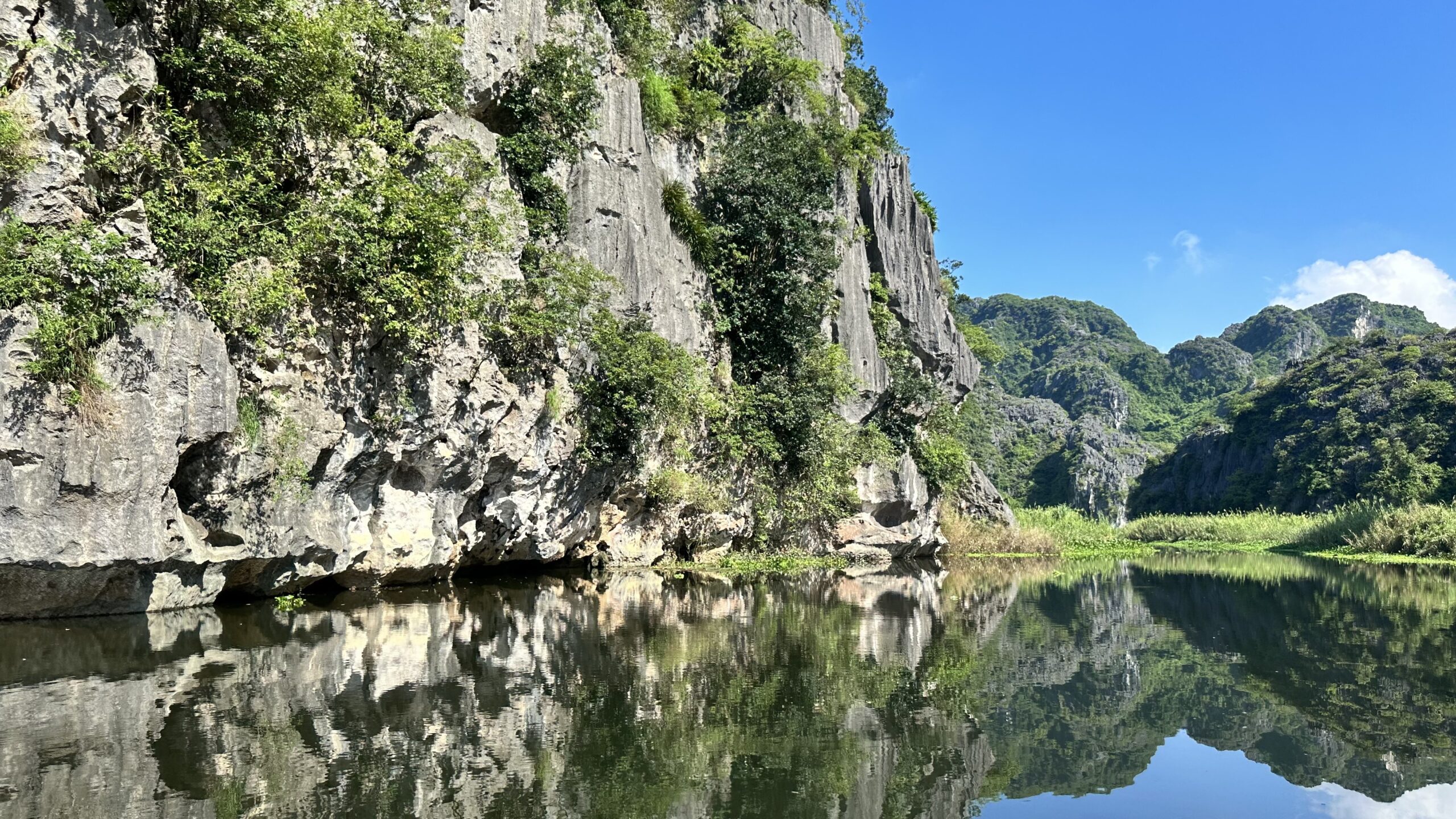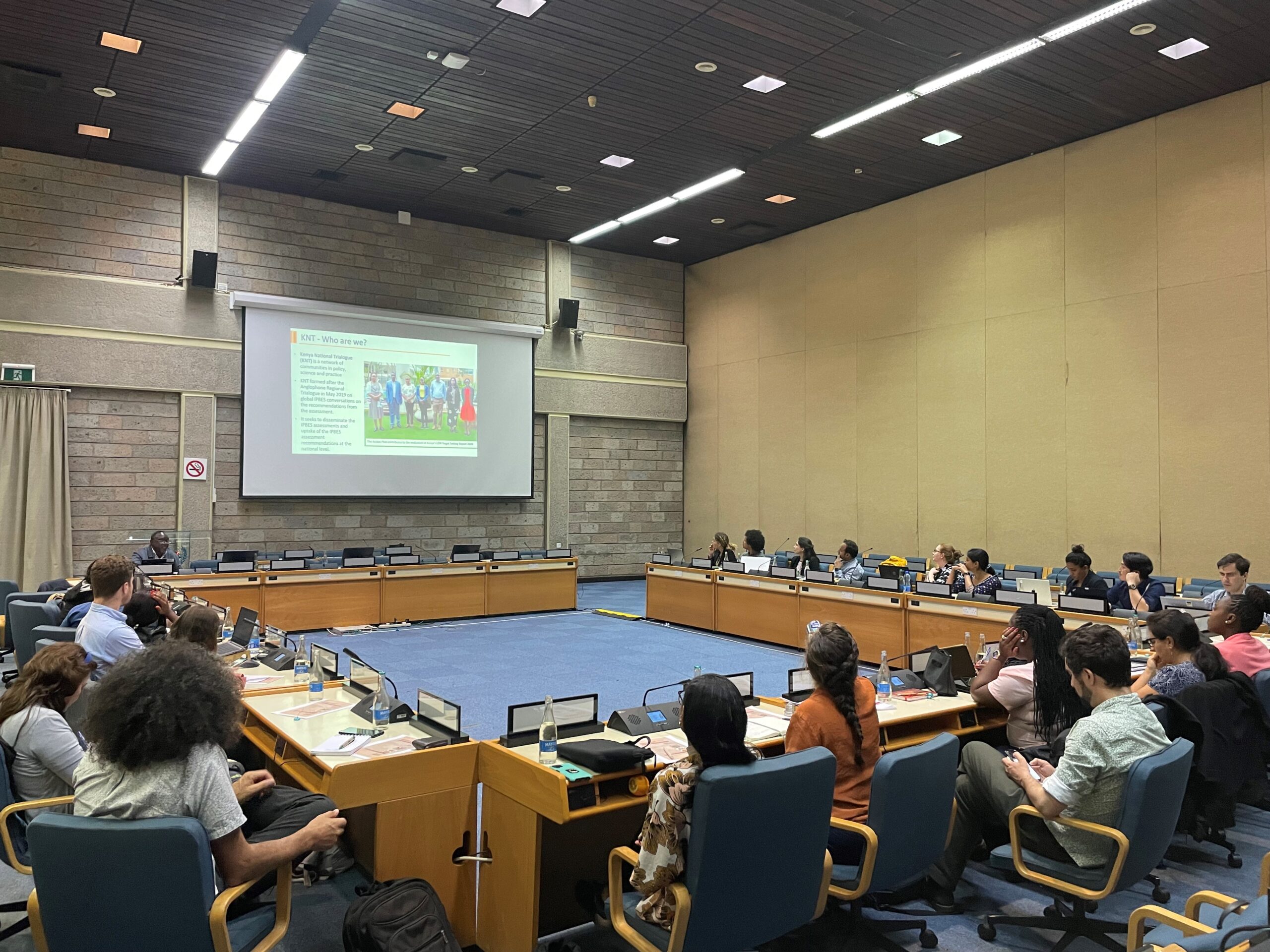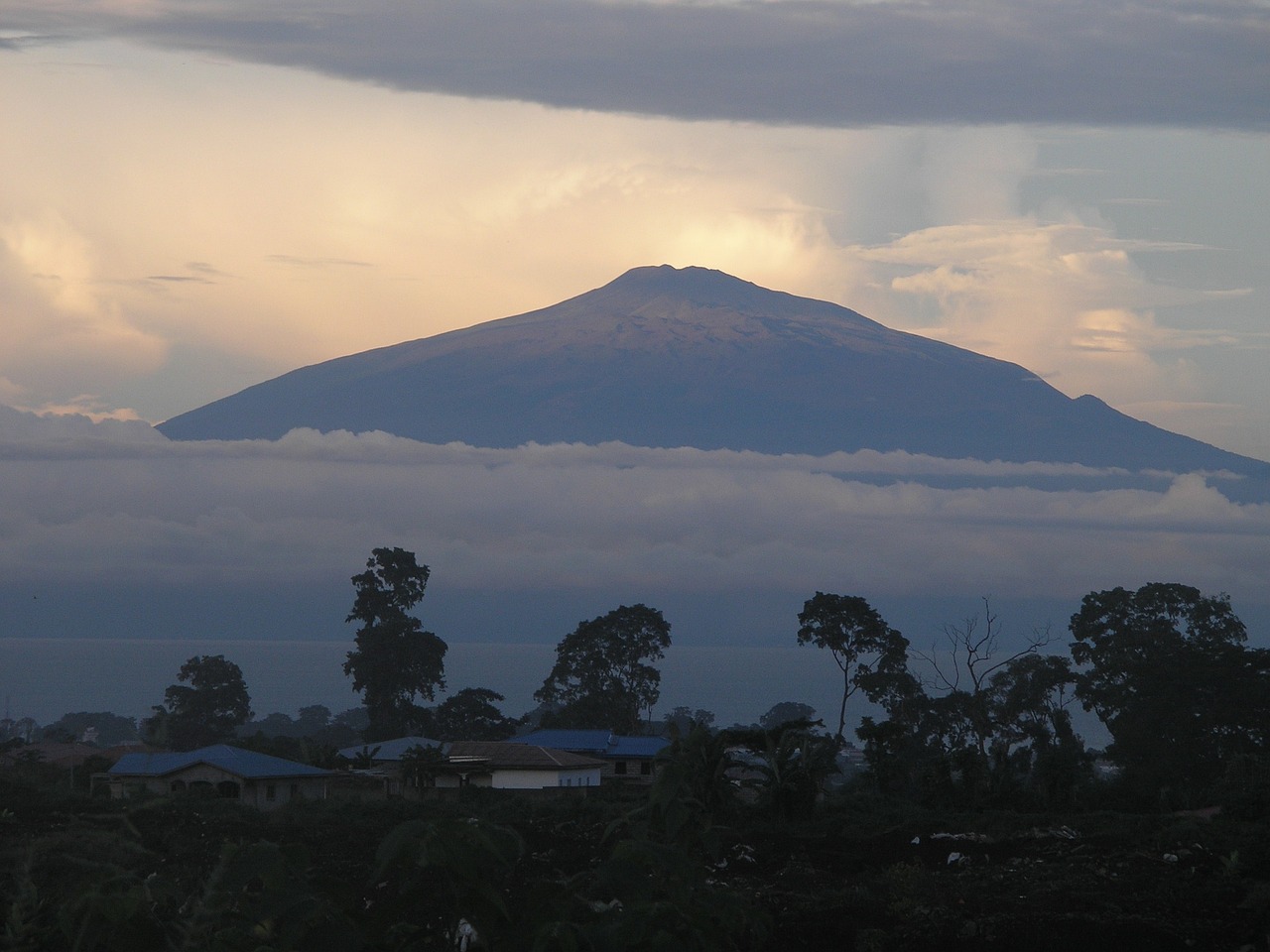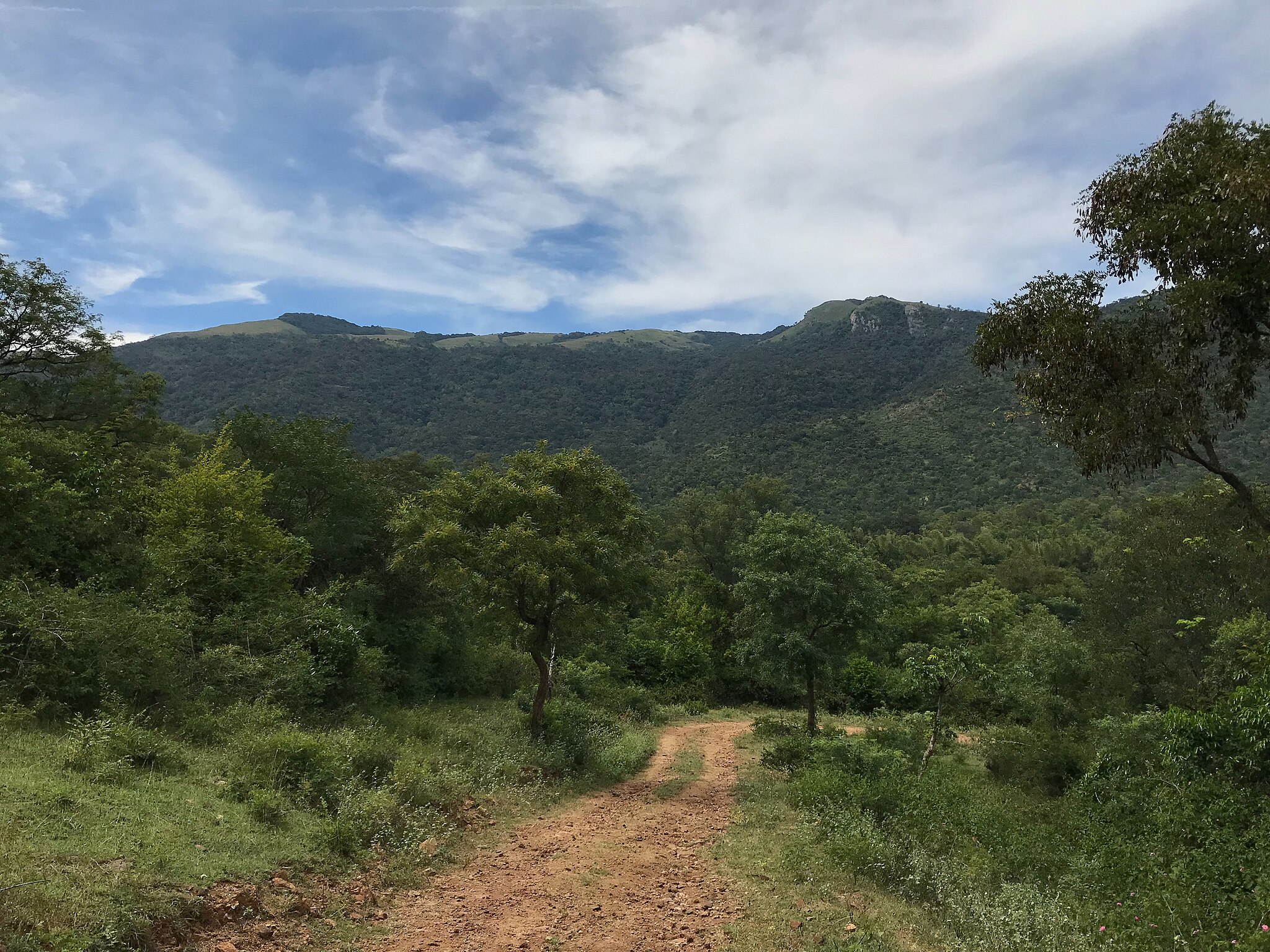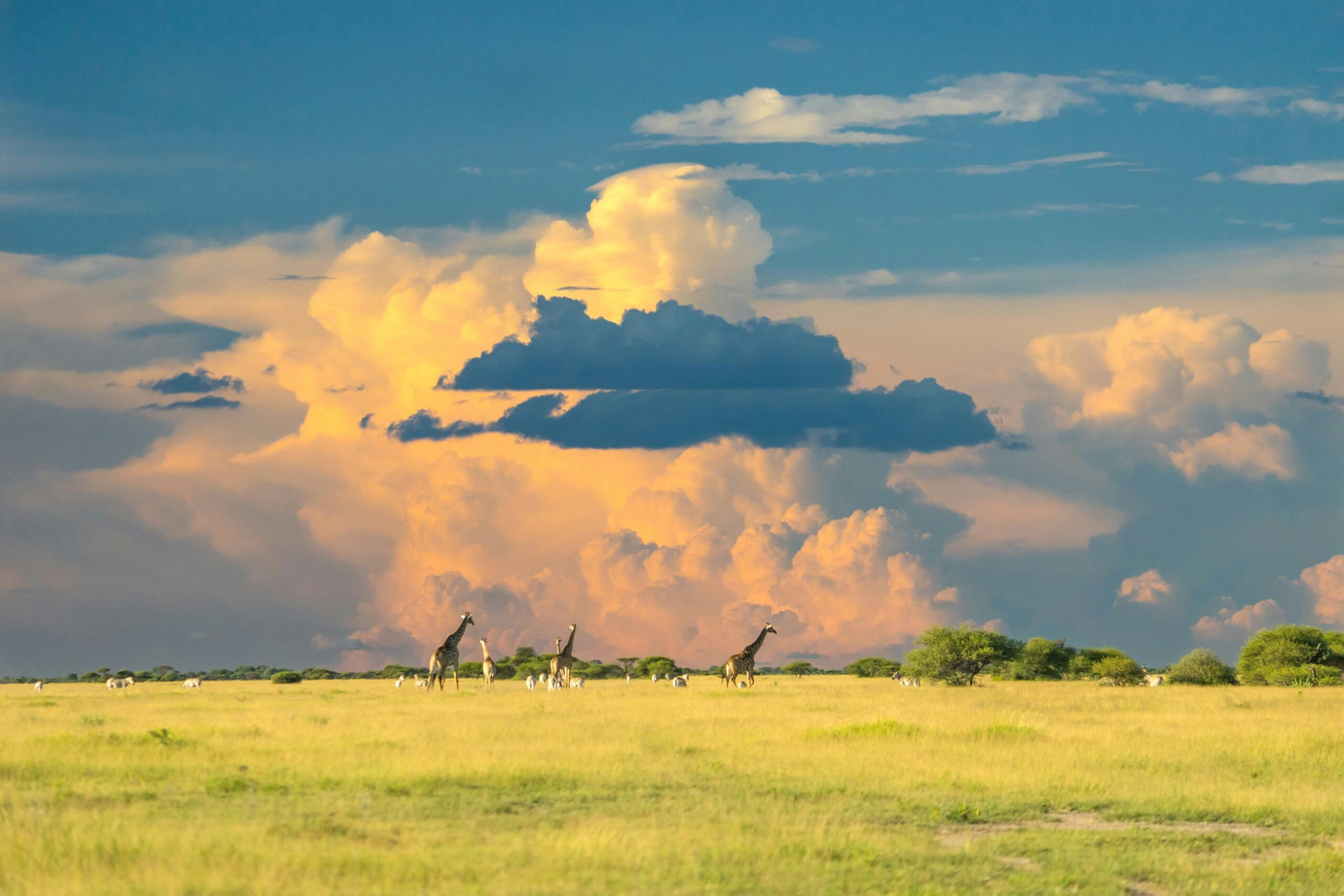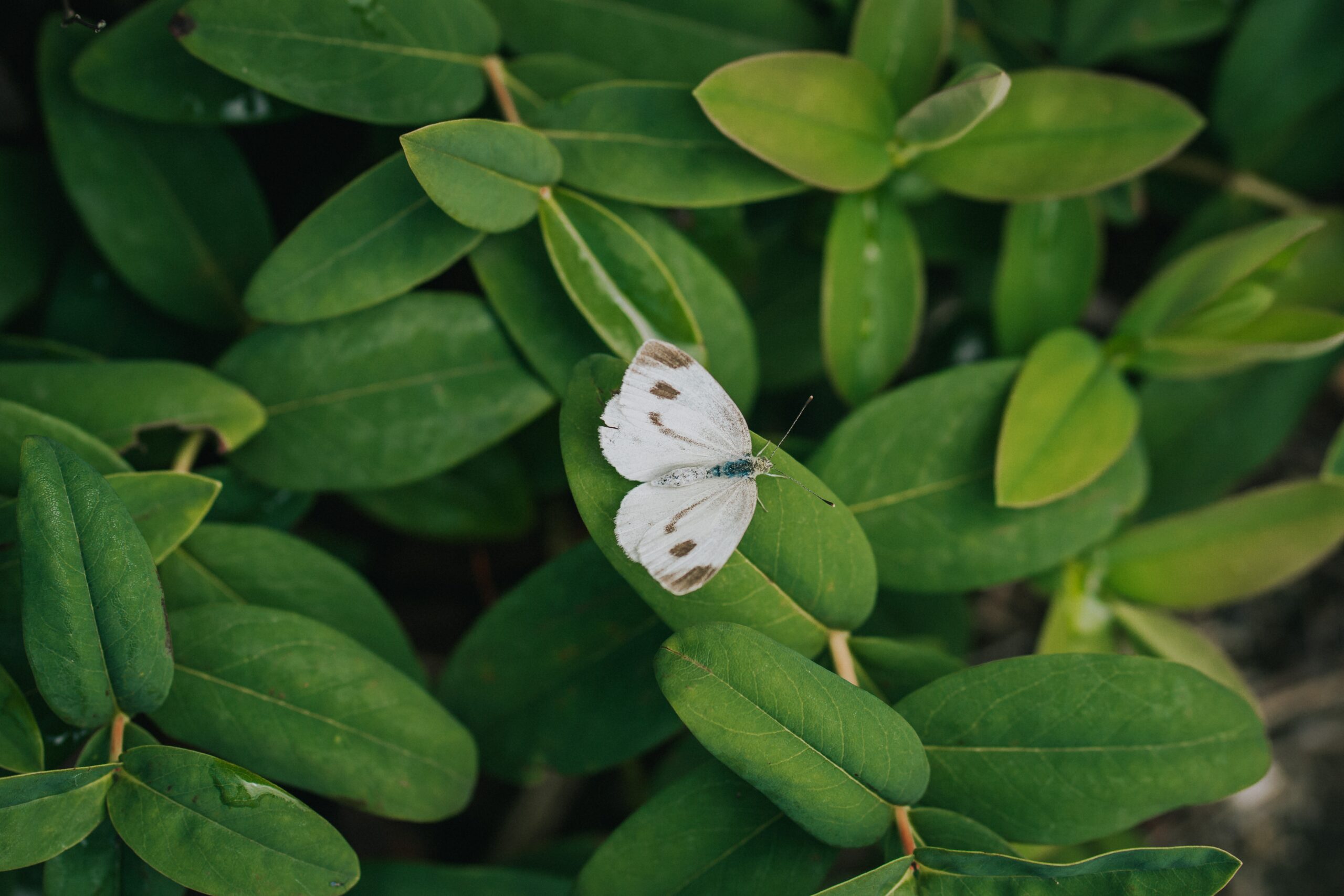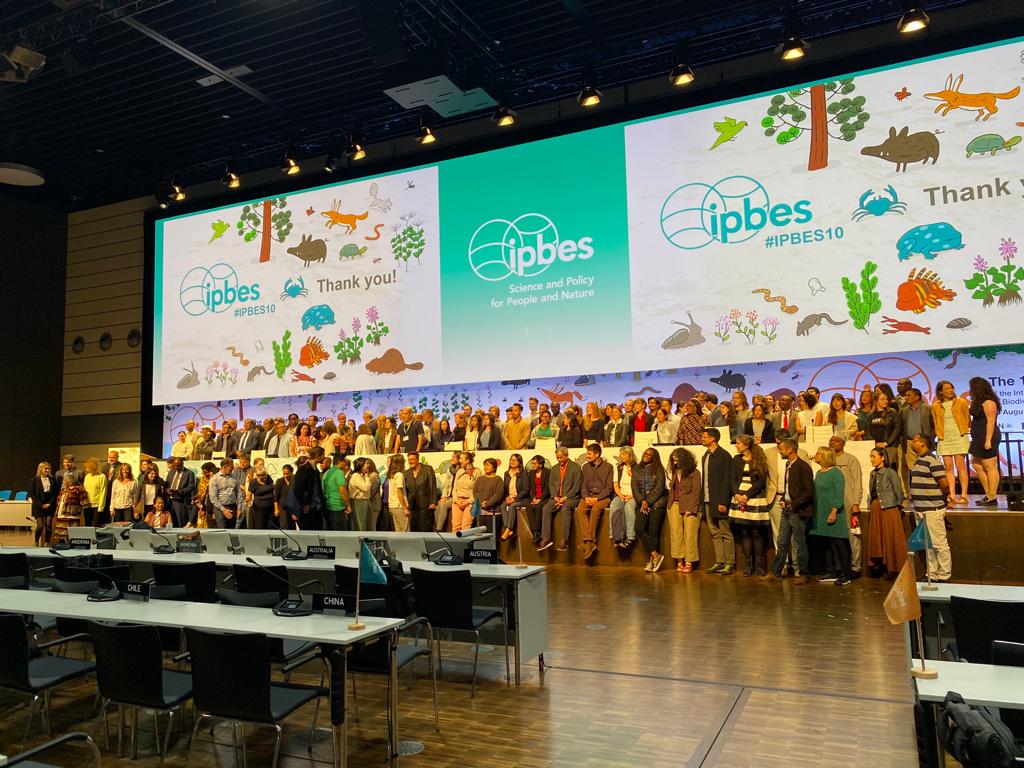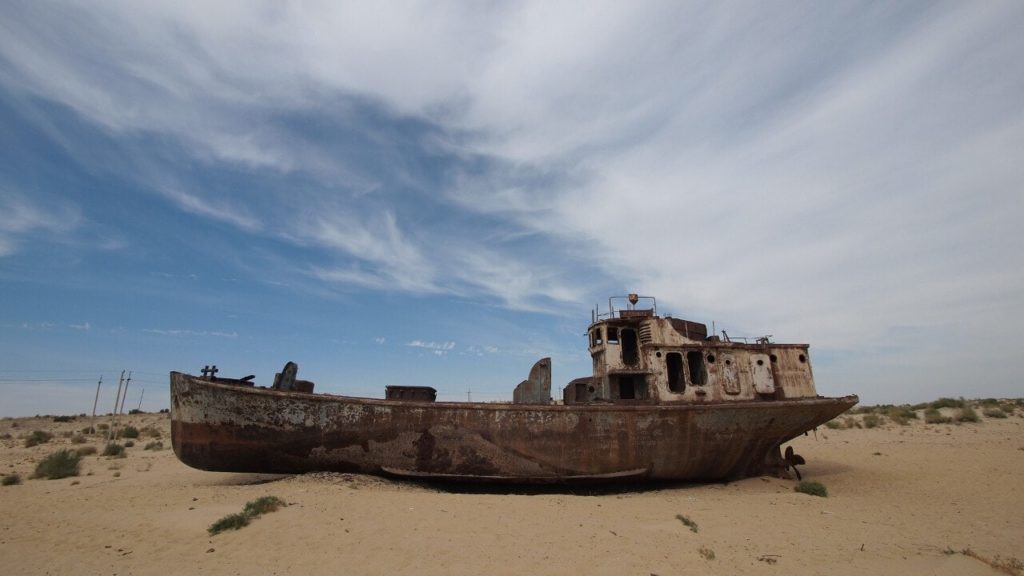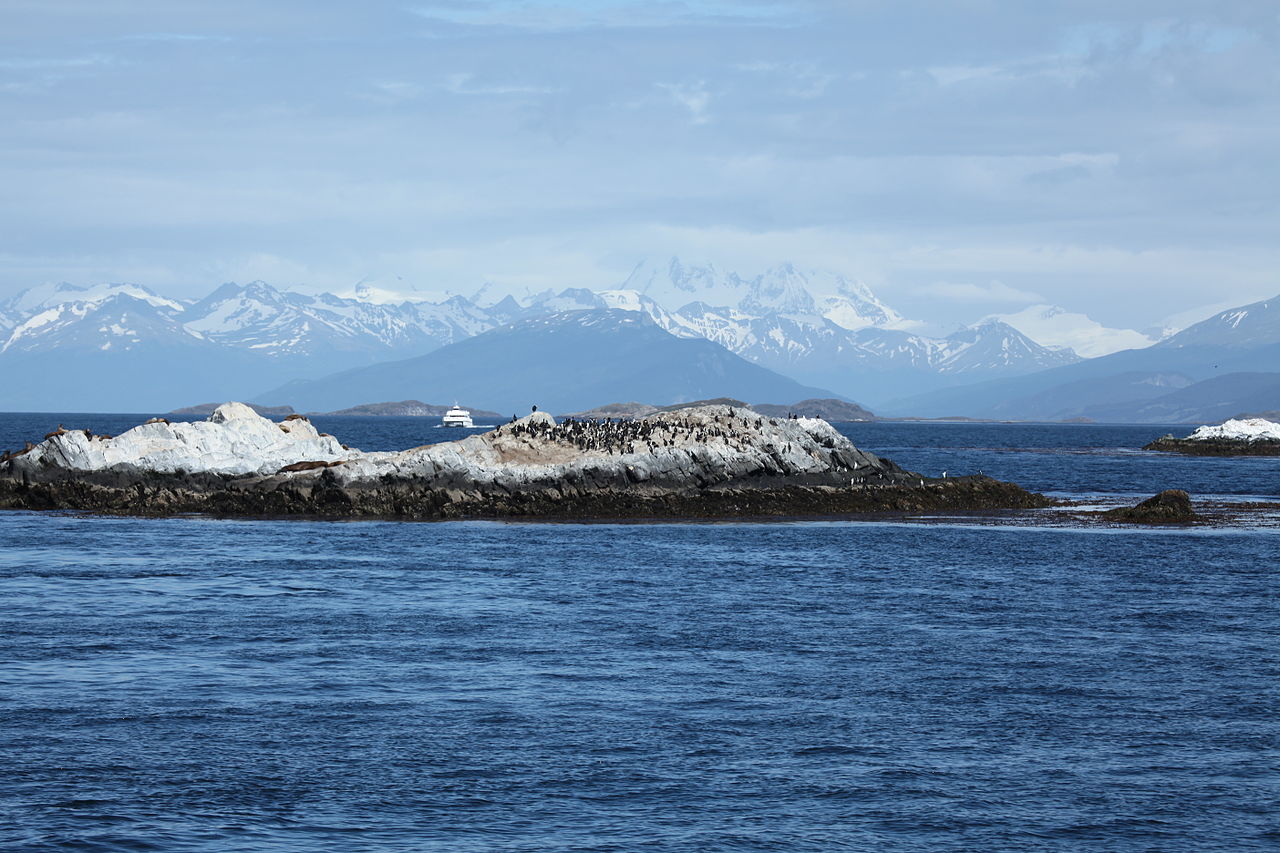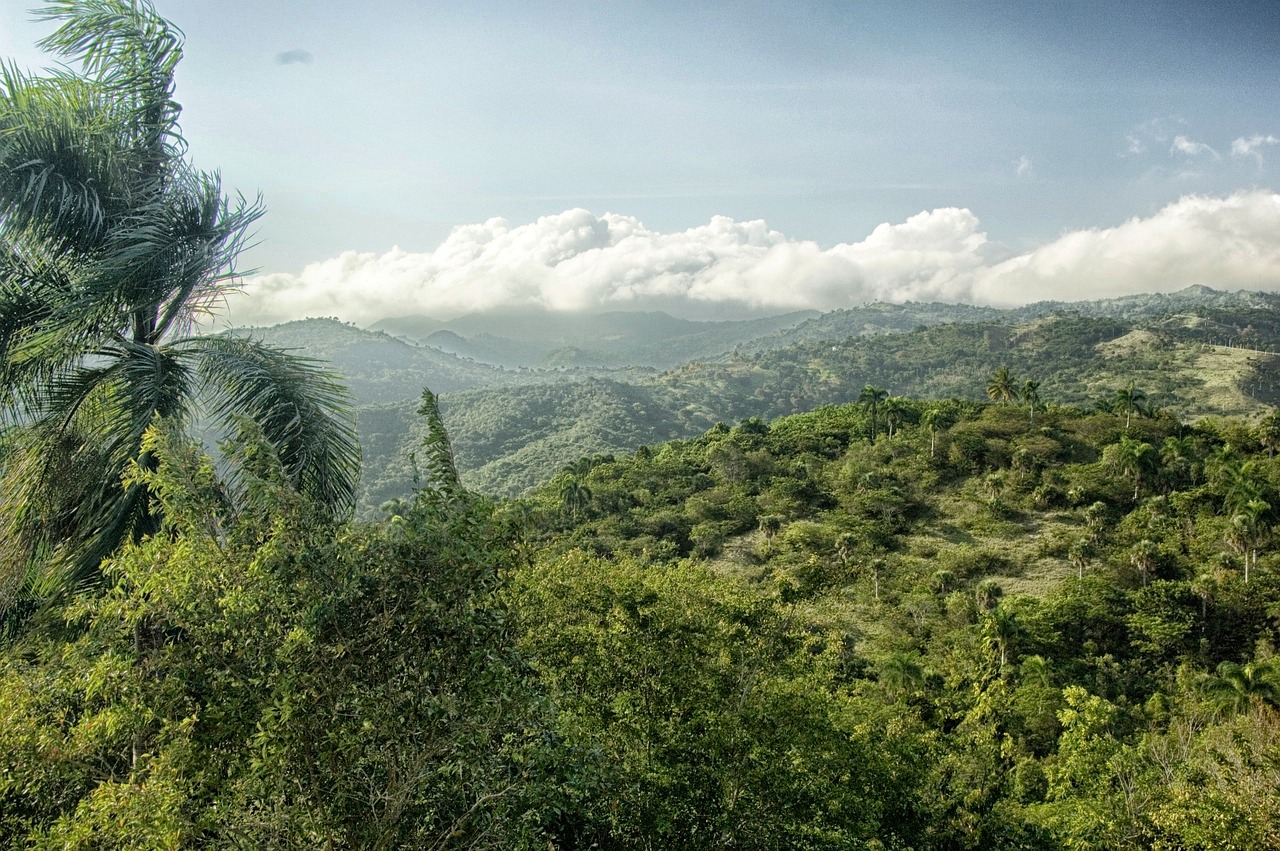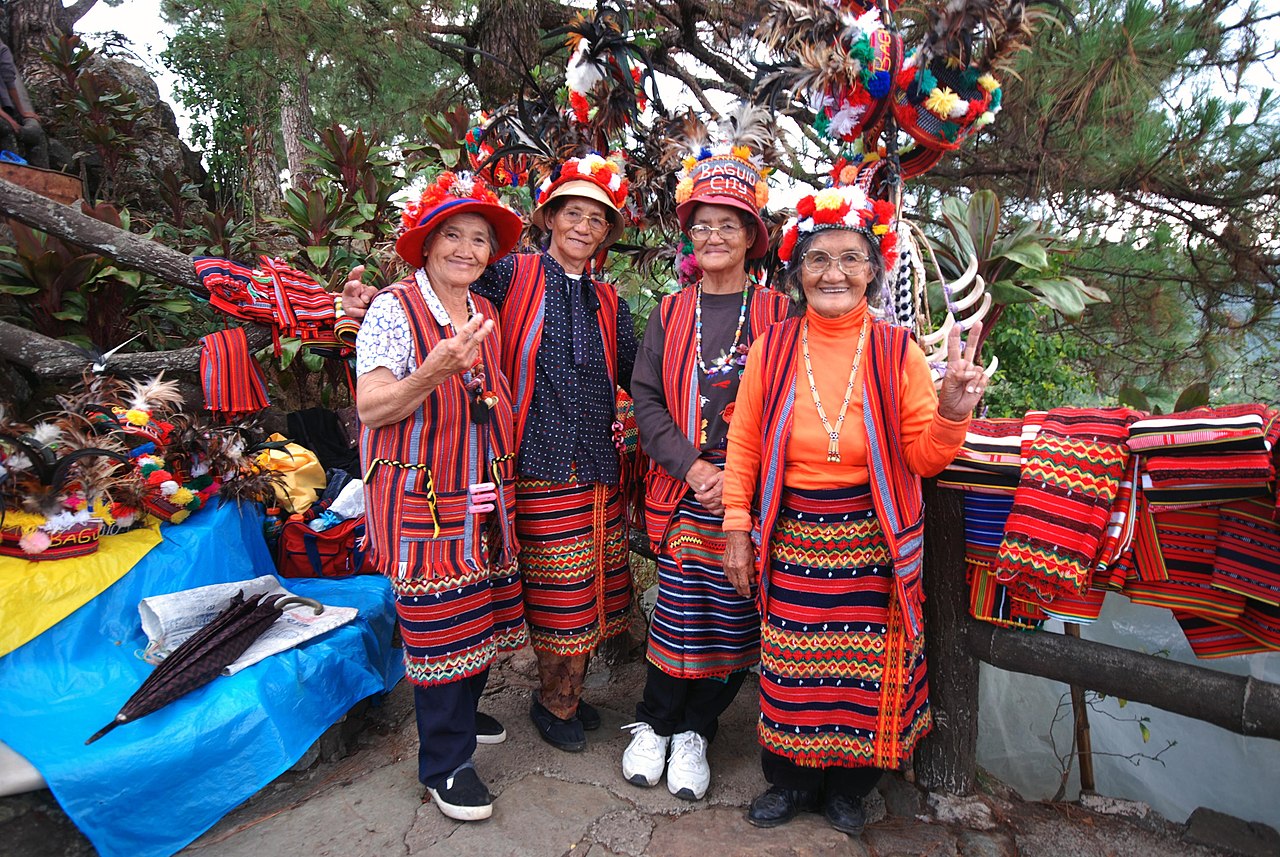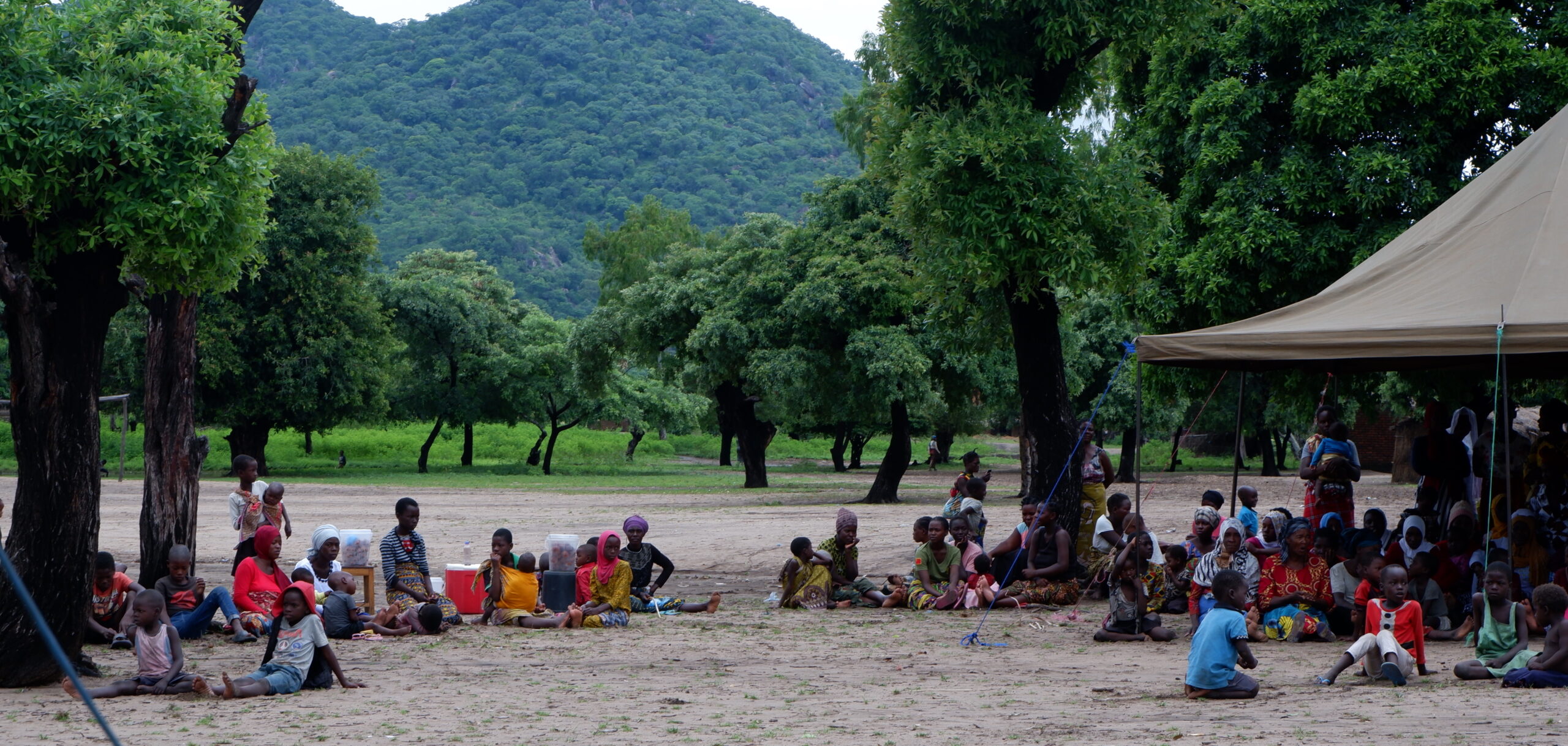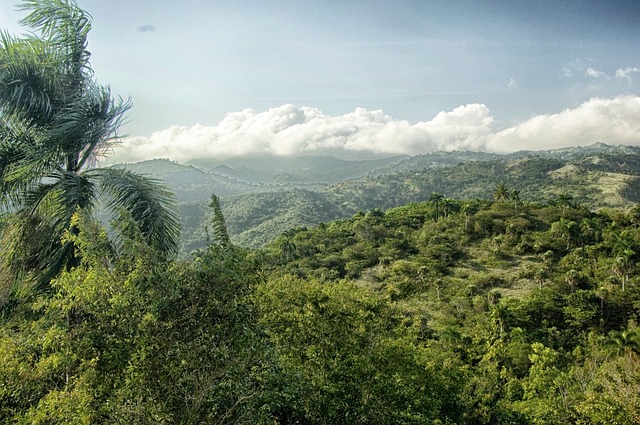ILK_Move Captain, Alice Kammwamba, Champions Indigenous and Local Knowledge at IPBES 11
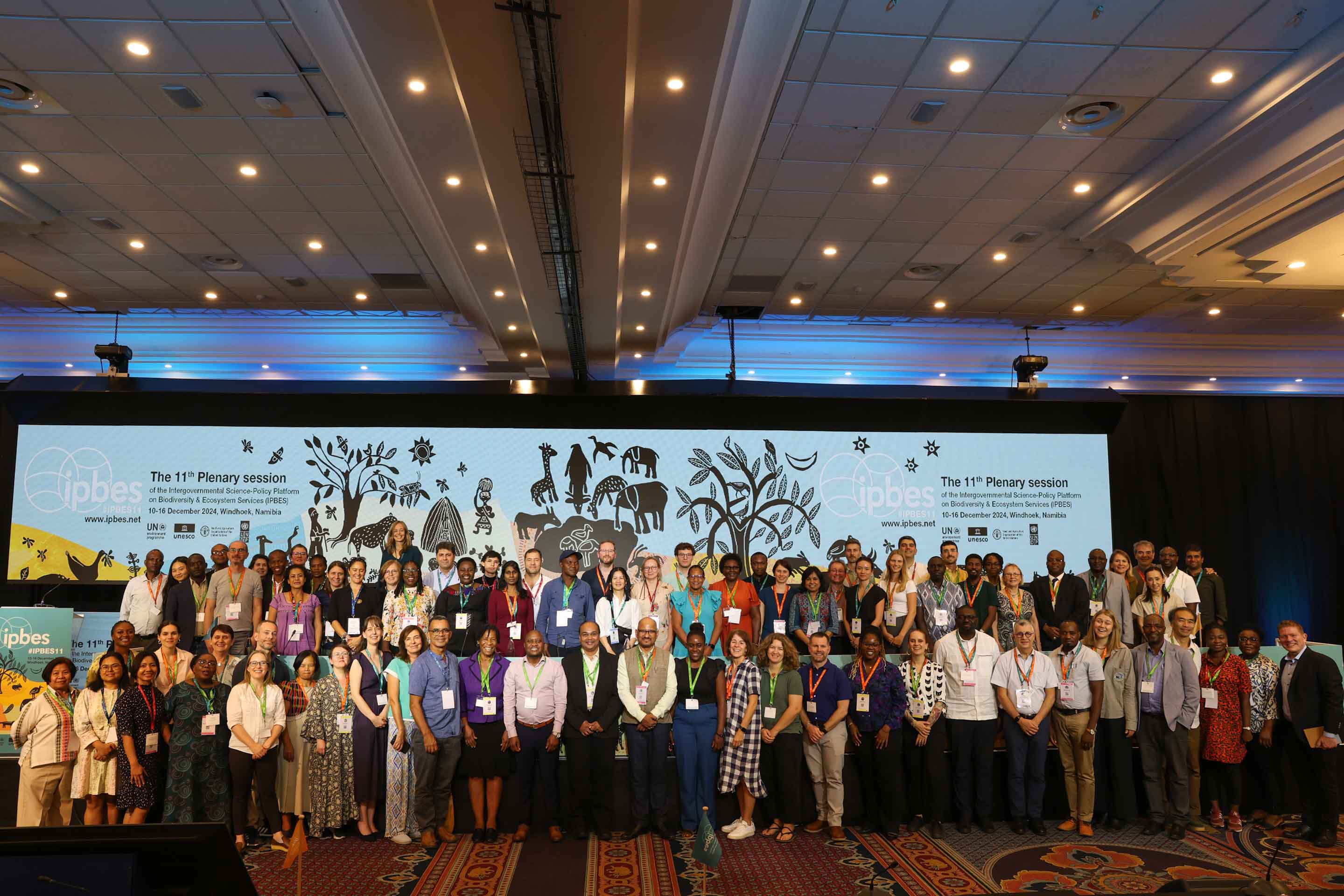
ILK_Move is a vibrant community of practice dedicated to weaving Indigenous and local knowledge (ILK) into national ecosystem assessments (NEAs).
Inspired by the fluidity of water systems and the knowledge and flow of connection that they embody, ILK_Move was named symbolically to signify the evolving nature of ILK and the collaborative spirit of its members. Coordinated by UNESCO’s Local and Indigenous Knowledge Systems (LINKS) Programme and UNEP-WCMC as part of the BES-Net consortium, ILK_Move provides a unique space for sharing ideas, building skills and exchanging knowledge.
This community of practice connects ILK focal points from NEA Tranche III countries – Botswana, the Dominican Republic, Malawi and Thailand – who work together to elevate the role of ILK in NEAs. Under the leadership of Alice Kammwamba in 2024, ILK_Move has flourished, steering steadily towards its mission of weaving ILK into biodiversity policy and decision-making.
ILK_Move is a vibrant community of practice dedicated to weaving Indigenous and local knowledge (ILK) into national ecosystem assessments (NEAs).
Inspired by the fluidity of water systems and the knowledge and flow of connection that they embody, ILK_Move was named symbolically to signify the evolving nature of ILK and the collaborative spirit of its members. Coordinated by UNESCO’s Local and Indigenous Knowledge Systems (LINKS) Programme and UNEP-WCMC as part of the BES-Net consortium, ILK_Move provides a unique space for sharing ideas, building skills and exchanging knowledge.
This community of practice connects ILK focal points from NEA Tranche III countries – Botswana, the Dominican Republic, Malawi and Thailand – who work together to elevate the role of ILK in NEAs. Under the leadership of Alice Kammwamba in 2024, ILK_Move has flourished, steering steadily towards its mission of weaving ILK into biodiversity policy and decision-making.

The vision and goals of ILK_Move
ILK_Move is committed to fostering a collaborative environment where Indigenous and local knowledge can thrive alongside scientific approaches through the open exchange of ideas and good practices among partner countries. With participatory activities such as dialogues, walking workshops and video documentation, ILK_Move aims to create a bridge between Indigenous Peoples and local communities and national and global decision makers. By organizing eight peer-to-peer exchange sessions and producing 11 documentaries and videos to date, ILK_Move has successfully raised awareness of the value of ILK in biodiversity conservation.
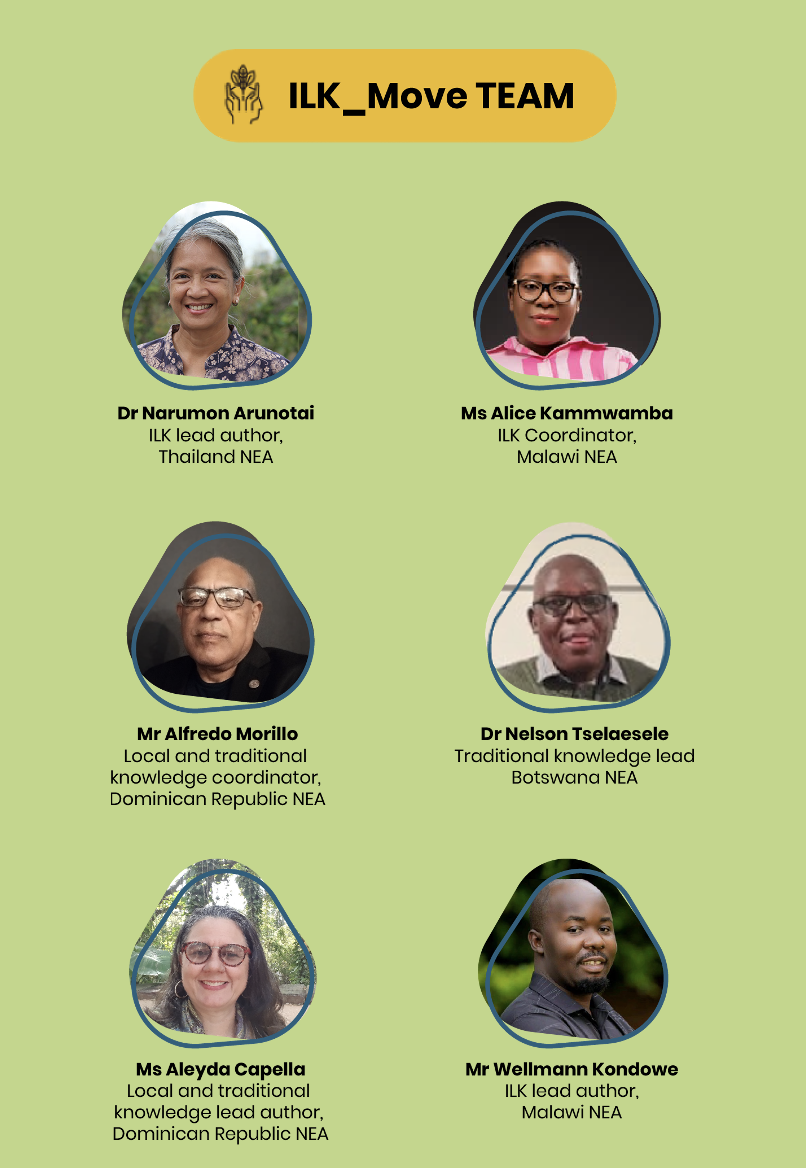
The vision and goals of ILK_Move
ILK_Move is committed to fostering a collaborative environment where Indigenous and local knowledge can thrive alongside scientific approaches through the open exchange of ideas and good practices among partner countries. With participatory activities such as dialogues, walking workshops and video documentation, ILK_Move aims to create a bridge between Indigenous Peoples and local communities and national and global decision makers. By organizing eight peer-to-peer exchange sessions and producing 11 documentaries and videos to date, ILK_Move has successfully raised awareness of the value of ILK in biodiversity conservation.

What is your vision for ILK_Move?
My vision for ILK_Move is to become a leading platform that interweaves ILK into biodiversity conservation, climate action and sustainable development, amplifying the voices of Indigenous Peoples and local communities as key stakeholders and knowledge holders in shaping policies.
I envision it enhancing global networks, influencing international and national policies, building capacity and leadership within communities, advocating stronger recognition of ILK in global frameworks and promoting intergenerational knowledge transfer.
Through empowerment, collaboration and recognition, ILK_Move will champion the rights and contributions of Indigenous Peoples and local communities, driving transformative solutions for a sustainable and inclusive future.
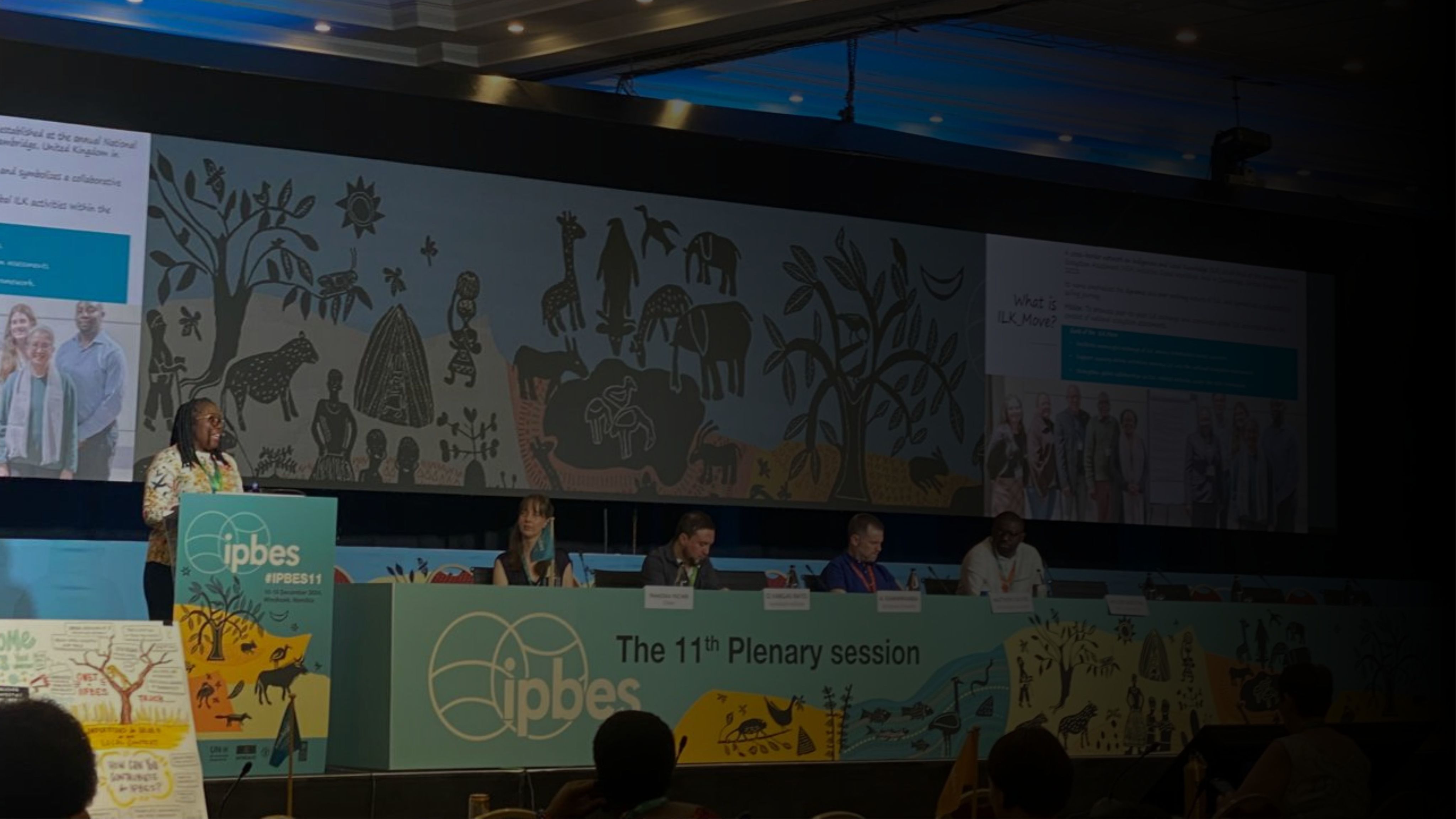

What is your vision for ILK_Move?
My vision for ILK_Move is to become a leading platform that interweaves ILK into biodiversity conservation, climate action and sustainable development, amplifying the voices of Indigenous Peoples and local communities as key stakeholders and knowledge holders in shaping policies.
I envision it enhancing global networks, influencing international and national policies, building capacity and leadership within communities, advocating stronger recognition of ILK in global frameworks and promoting intergenerational knowledge transfer.
Through empowerment, collaboration and recognition, ILK_Move will champion the rights and contributions of Indigenous Peoples and local communities, driving transformative solutions for a sustainable and inclusive future.


Alice’s participation at IPBES 11
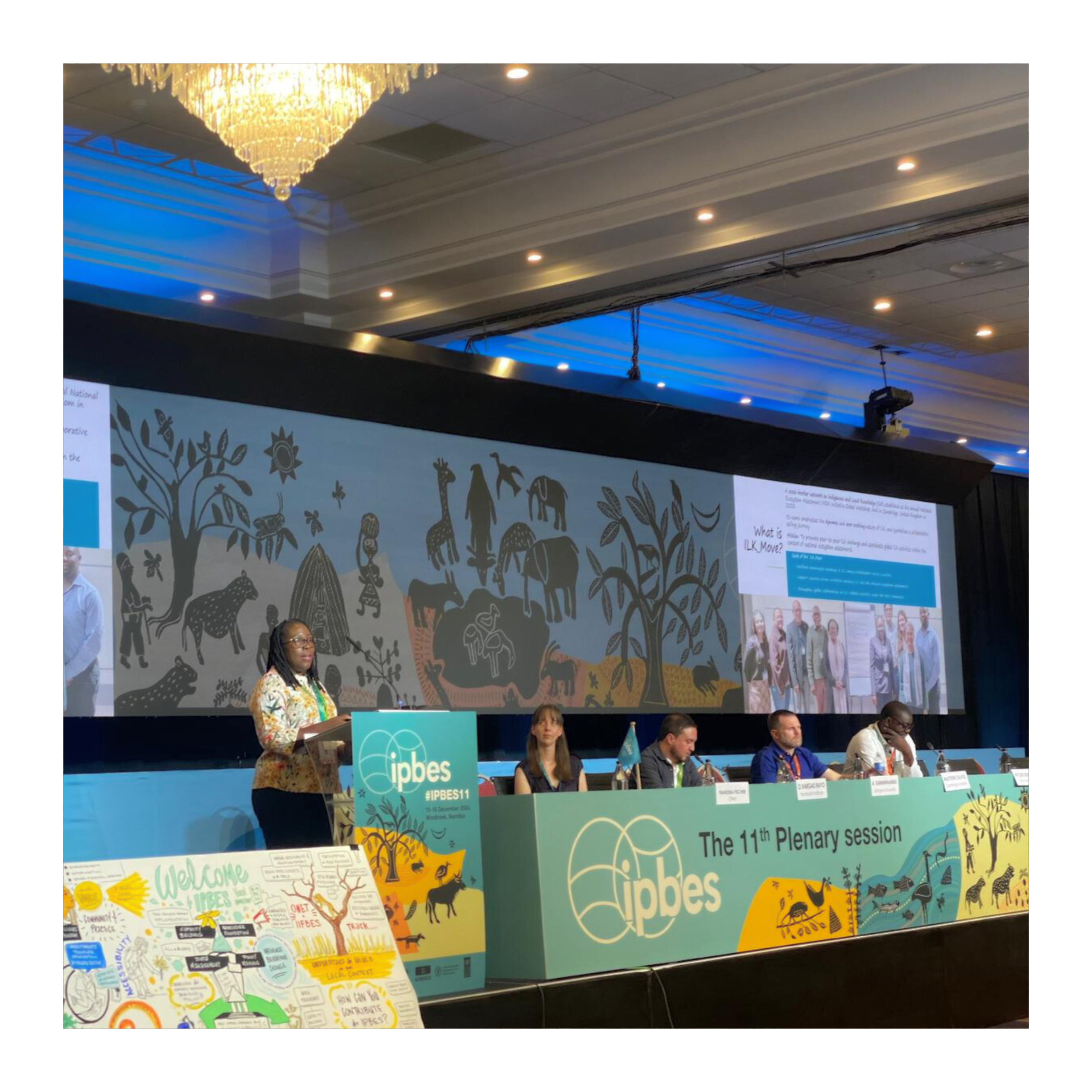
Alice participated in the Eleventh Session of the Intergovernmental Science-Policy Platform on Biodiversity and Ecosystem Services (IPBES-11), held in Windhoek, Namibia, marking a significant moment for her leadership within the ILK_Move. This global forum, designed to strengthen the science-policy interface for biodiversity and ecosystem services, provided a fantastic opportunity to showcase ILK_Move’s vision and achievements. Alice represented the ILK_Move during Stakeholder Day on 9 December 2024, sharing the community’s milestones and highlighting the significance of weaving ILK into national ecosystem assessments.
Alice’s participation at IPBES 11
Alice participated in the Eleventh Session of the Intergovernmental Science-Policy Platform on Biodiversity and Ecosystem Services (IPBES-11), held in Windhoek, Namibia, marking a significant moment for her leadership within the ILK_Move. This global forum, designed to strengthen the science-policy interface for biodiversity and ecosystem services, provided a fantastic opportunity to showcase ILK_Move’s vision and achievements. Alice represented the ILK_Move during Stakeholder Day on 9 December 2024, sharing the community’s milestones and highlighting the significance of weaving ILK into national ecosystem assessments.

What key messages about ILK_Move did you share at IPBES 11?
At IPBES 11, I shared our key messages that highlighted the transformative potential of including ILK in biodiversity assessments and policy development. One of the core messages focused on how the ILK_Move has been pivotal in promoting the inclusion of ILK systems in the Malawi NEA particularly through its focus on bridging the gap between science and traditional knowledge.
ILK_Move has played an important role in enhancing the visibility of ILK in global biodiversity policy dialogues. I highlighted how this initiative is empowering Indigenous Peoples and local communities to take active, leading roles in biodiversity conservation. At IPBES 11, I shared how the ILK_Move has supported the NEA process, ensuring that ILK holders are not only recognized as knowledge keepers but also as key contributors to shaping the future of Malawi’s ecosystems.
Another key message emphasized the importance of intergenerational knowledge transfer, which is one of the themes of the Malawi NEA. The ILK_Move platform has facilitated dialogues around the need to pass on traditional knowledge to younger generations, ensuring that communities can maintain a connection with their ecosystems while adapting to changing environmental challenges.
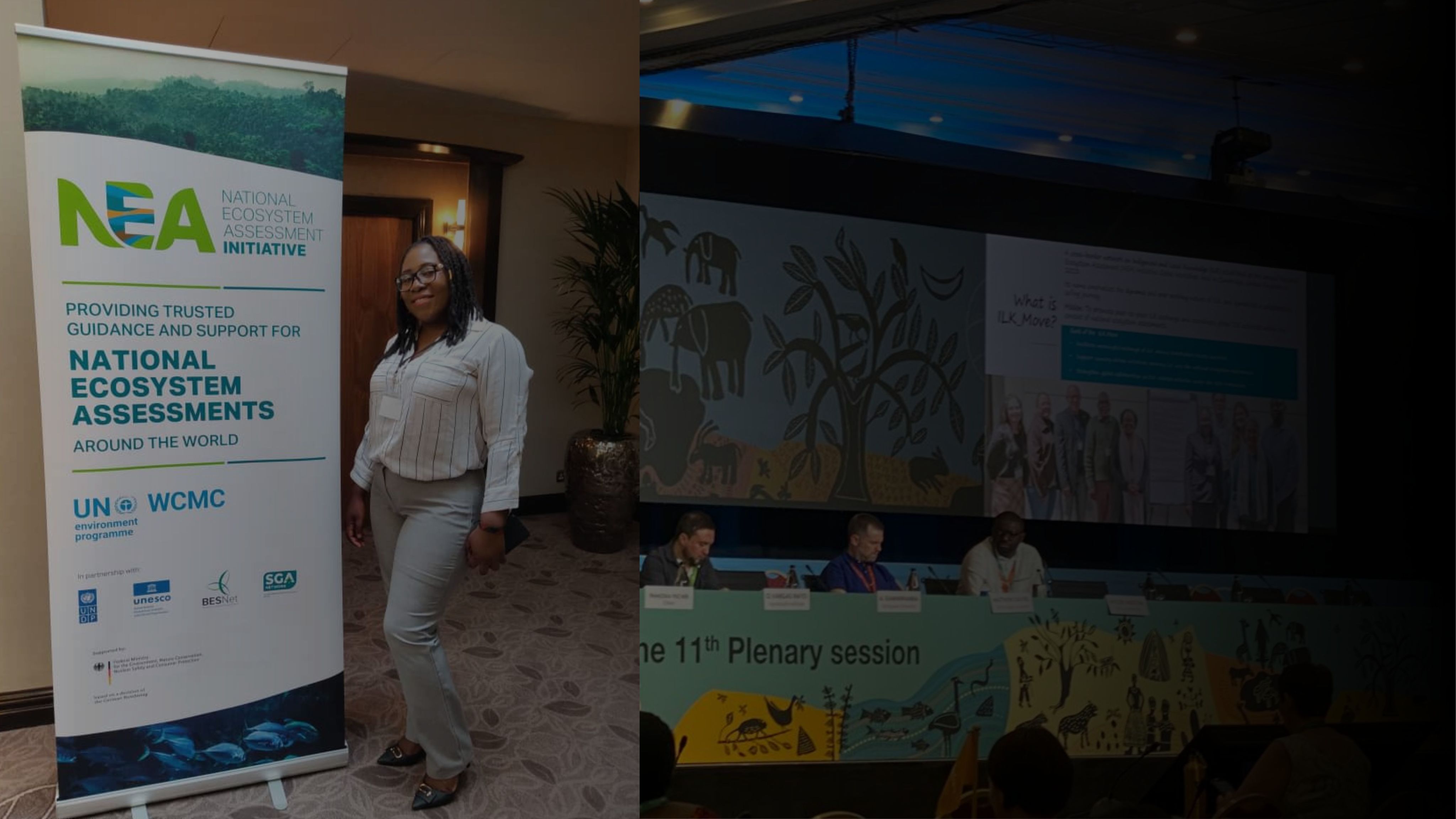
What key messages about ILK_Move did you share at IPBES 11?
At IPBES 11, I shared our key messages that highlighted the transformative potential of including ILK in biodiversity assessments and policy development. One of the core messages focused on how the ILK_Move has been pivotal in promoting the inclusion of ILK systems in the Malawi NEA particularly through its focus on bridging the gap between science and traditional knowledge.
ILK_Move has played an important role in enhancing the visibility of ILK in global biodiversity policy dialogues. I highlighted how this initiative is empowering Indigenous Peoples and local communities to take active, leading roles in biodiversity conservation. At IPBES 11, I shared how the ILK_Move has supported the NEA process, ensuring that ILK holders are not only recognized as knowledge keepers but also as key contributors to shaping the future of Malawi’s ecosystems.
Another key message emphasized the importance of intergenerational knowledge transfer, which is one of the themes of the Malawi NEA. The ILK_Move platform has facilitated dialogues around the need to pass on traditional knowledge to younger generations, ensuring that communities can maintain a connection with their ecosystems while adapting to changing environmental challenges.

ILK_Move’s impact on Alice’s work in Malawi
Through the ILK_Move, Alice was inspired to lead exciting initiatives in Malawi, including participatory methods like walking workshops and community-led research. These methods have strengthened trust and ownership within local communities, ensuring their voices are represented in the NEA process.
Additionally, Alice has worked to secure representation for Indigenous Peoples and local communities in the Malawi National Biodiversity Advisory Committee, further solidifying the inclusion of ILK into national biodiversity policy.
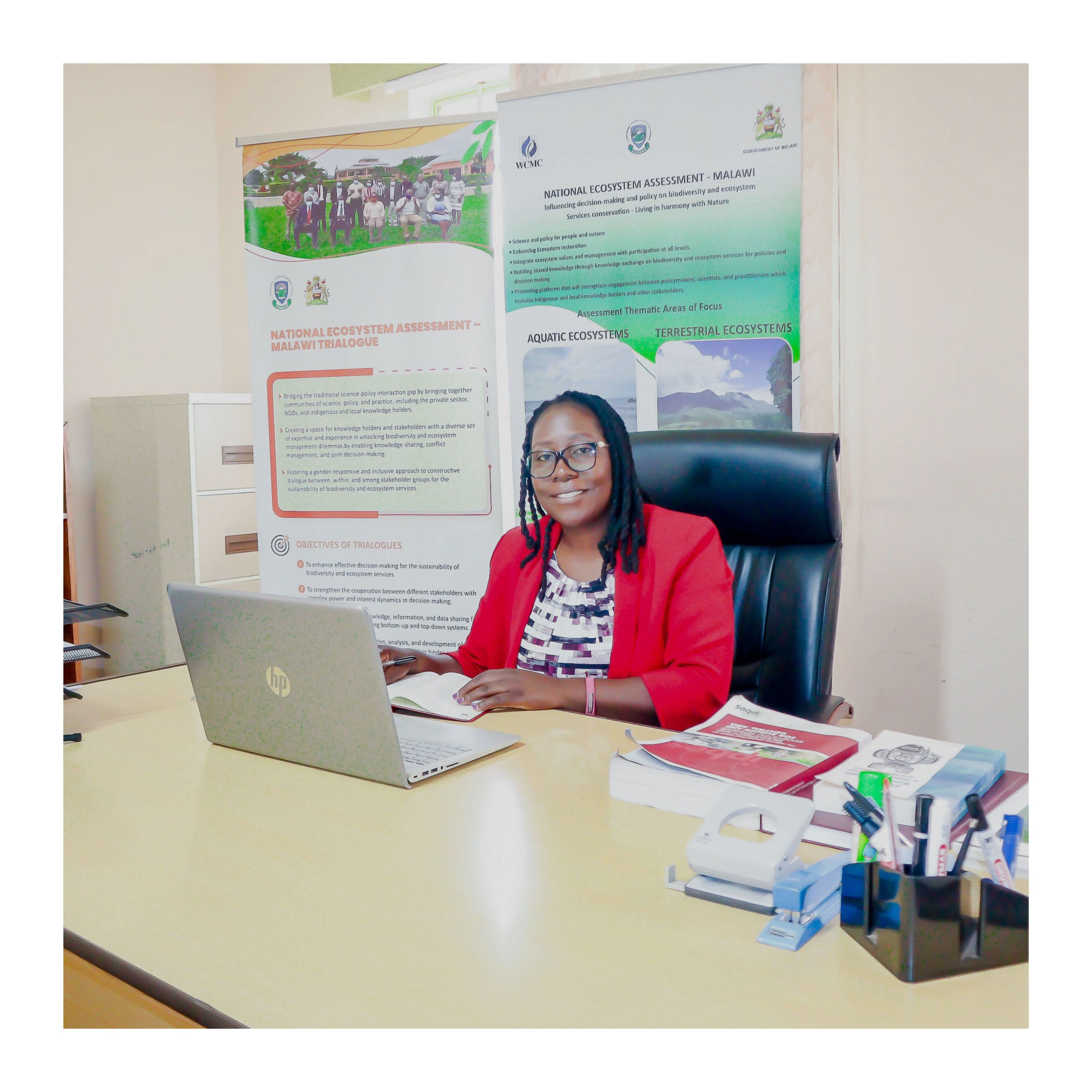
ILK_Move’s impact on Alice’s work in Malawi

Through the ILK_Move, Alice was inspired to lead exciting initiatives in Malawi, including participatory methods like walking workshops and community-led research. These methods have strengthened trust and ownership within local communities, ensuring their voices are represented in the NEA process.
Additionally, Alice has worked to secure representation for Indigenous Peoples and local communities in the Malawi National Biodiversity Advisory Committee, further solidifying the inclusion of ILK into national biodiversity policy.
Can you share a story from the ILK_Move initiative that shows how involving local communities helped shape policy decisions and improve their ownership of biodiversity conservation efforts?
The ILK_Move network has been a rich source of innovative ideas and shared experiences and it has been very fruitful engaging with the ILK_Move team. One particularly impactful exchange came in during a discussion on community participatory research methods with ILK_Move members from Botswana, Dominican Republic and Thailand.
The team members shared their experiences on engaging community events where elders, youths and other stakeholders and knowledge holders showcase traditional practices, cultural artifacts and local innovations relevant to biodiversity and sustainable resource use. They also shared the possibility of including community feedback and case studies to showcase the diverse ways ILK supports conservation, resilience and identity. They demonstrated the power of using stories to influence policy development.
Inspired by this approach, we adapted it for Malawi by identifying case studies and organizing walking workshops combined with focus group discussions. Community members guided us through landscapes of cultural significance.
These walking workshops helped identify locally valued resources and their connections to biodiversity. We also developed a poster for the community members to give them feedback on how their valued information has been used in the assessment to enhance trust and ownership.
As captain of ILK_Move, how has your leadership influenced the recognition of Indigenous and local knowledge in Malawi’s policy landscape and helped you better integrate these knowledge systems into national strategies?
My leadership role has enhanced ILK's recognition within Malawi’s policy landscape. By showcasing ILK’s relevance through concrete examples and case studies, I have been able to advocate its inclusion in national strategies like the NBSAPs. I was nominated as ILK Coordinating Lead Author in the revision of the Malawi National State of Environmental Outlook Report, including ILK in the sections of the report. Being an ILK_Move captain has also strengthened my own capacity as a leader, sharpening my ability to navigate cross-cultural collaborations and drive initiatives that integrate diverse knowledge systems.
This journey has reaffirmed that ILK is not merely a repository of past practices but a dynamic and adaptive system essential for addressing present and future challenges. It is deeply fulfilling to see how the ILK_Move has become a bridge between ILK holders and global policy, creating pathways for mutual learning and shared solutions.
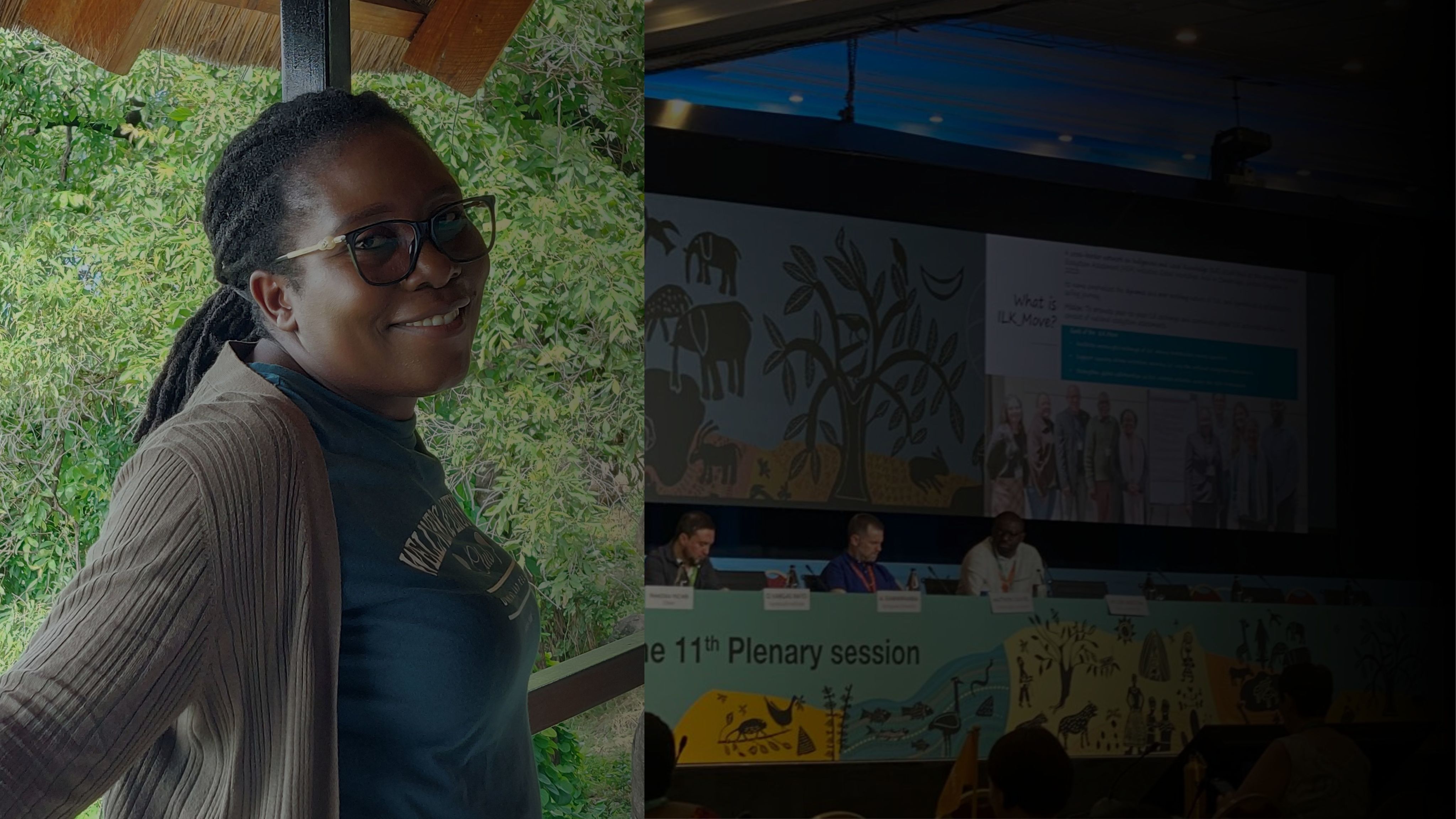
Can you share a story from the ILK_Move initiative that shows how involving local communities helped shape policy decisions and improve their ownership of biodiversity conservation efforts?
The ILK_Move network has been a rich source of innovative ideas and shared experiences and it has been very fruitful engaging with the ILK_Move team. One particularly impactful exchange came in during a discussion on community participatory research methods with ILK_Move members from Botswana, Dominican Republic and Thailand.
The team members shared their experiences on engaging community events where elders, youths and other stakeholders and knowledge holders showcase traditional practices, cultural artifacts and local innovations relevant to biodiversity and sustainable resource use. They also shared the possibility of including community feedback and case studies to showcase the diverse ways ILK supports conservation, resilience and identity. They demonstrated the power of using stories to influence policy development.
Inspired by this approach, we adapted it for Malawi by identifying case studies and organizing walking workshops combined with focus group discussions. Community members guided us through landscapes of cultural significance.
These walking workshops helped identify locally valued resources and their connections to biodiversity. We also developed a poster for the community members to give them feedback on how their valued information has been used in the assessment to enhance trust and ownership.
As captain of ILK_Move, how has your leadership influenced the recognition of Indigenous and local knowledge in Malawi’s policy landscape and helped you better integrate these knowledge systems into national strategies?
My leadership role has enhanced ILK's recognition within Malawi’s policy landscape. By showcasing ILK’s relevance through concrete examples and case studies, I have been able to advocate its inclusion in national strategies like the NBSAPs. I was nominated as ILK Coordinating Lead Author in the revision of the Malawi National State of Environmental Outlook Report, including ILK in the sections of the report. Being an ILK_Move captain has also strengthened my own capacity as a leader, sharpening my ability to navigate cross-cultural collaborations and drive initiatives that integrate diverse knowledge systems.
This journey has reaffirmed that ILK is not merely a repository of past practices but a dynamic and adaptive system essential for addressing present and future challenges. It is deeply fulfilling to see how the ILK_Move has become a bridge between ILK holders and global policy, creating pathways for mutual learning and shared solutions.

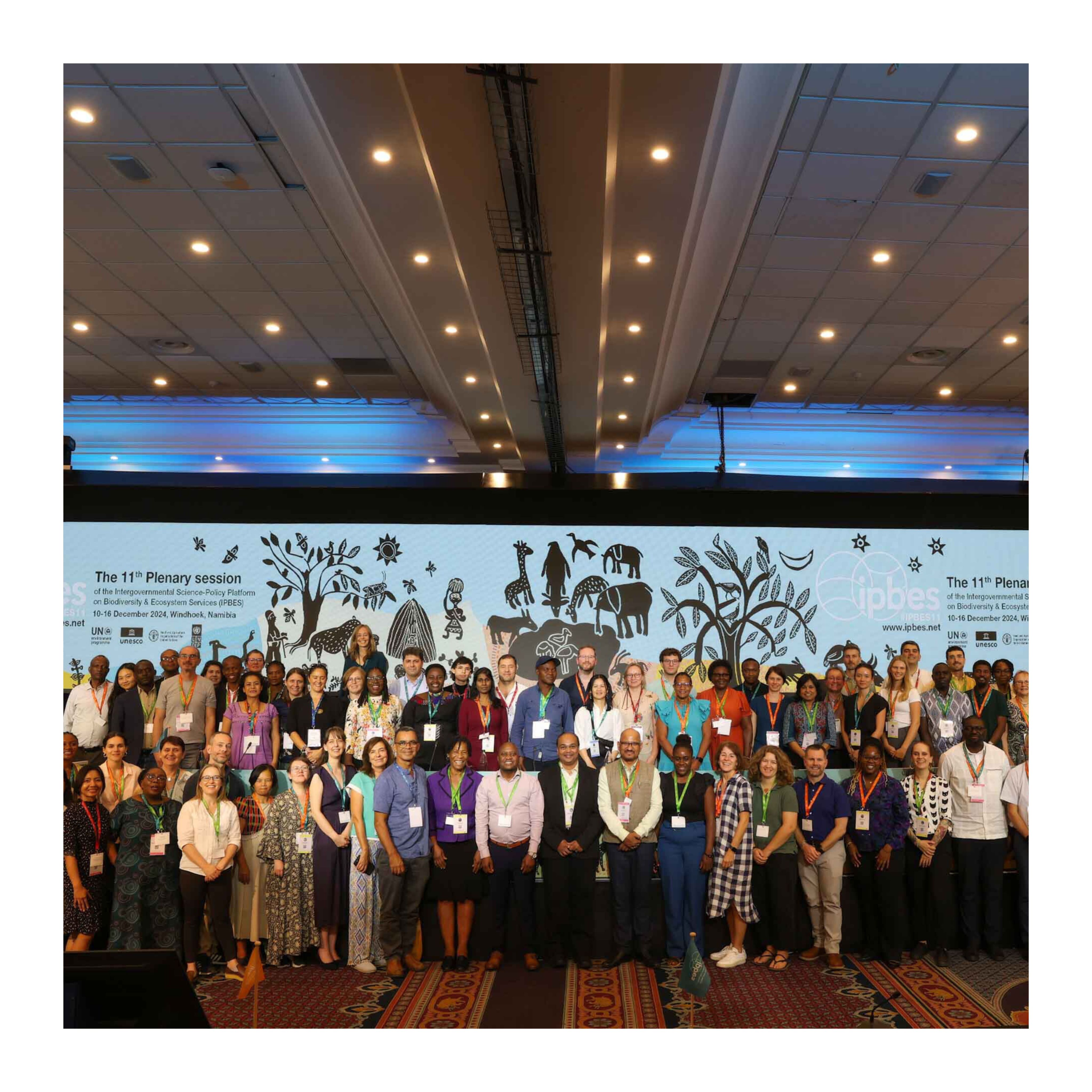
Conclusion
ILK_Move shows how powerful collaboration and knowledge-sharing can be when it comes to creating inclusive and effective biodiversity conservation solutions. With Alice’s dedicated leadership, the community of practice has made real progress in interweaving Indigenous and local knowledge into both national and global frameworks. Her participation at IPBES 11 highlights the need for global platforms that amplify Indigenous and local voices as leaders in the collective efforts to protect biodiversity for future generations.
Conclusion

ILK_Move shows how powerful collaboration and knowledge-sharing can be when it comes to creating inclusive and effective biodiversity conservation solutions. With Alice’s dedicated leadership, the community of practice has made real progress in interweaving Indigenous and local knowledge into both national and global frameworks. Her participation at IPBES 11 highlights the need for global platforms that amplify Indigenous and local voices as leaders in the collective efforts to protect biodiversity for future generations.


